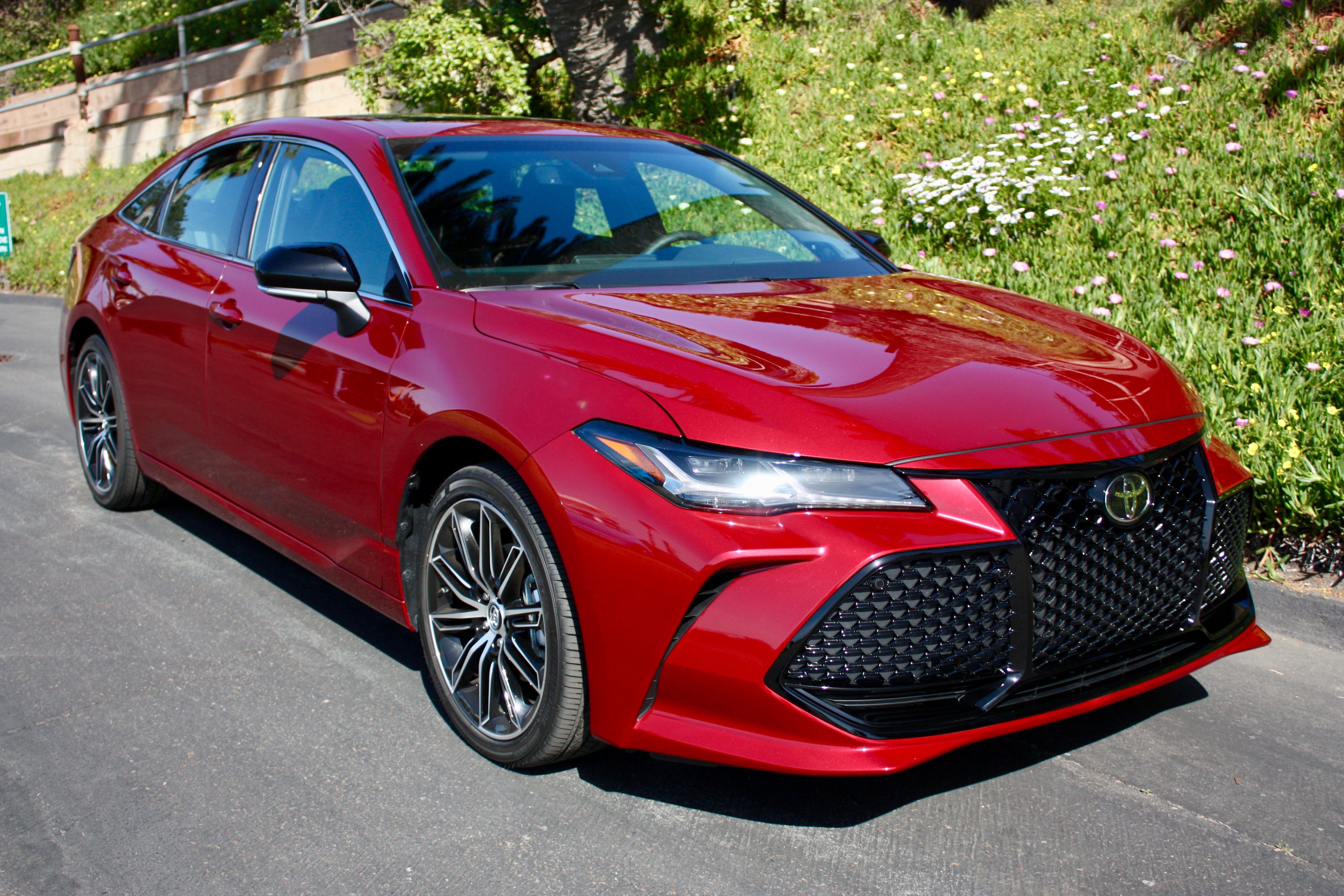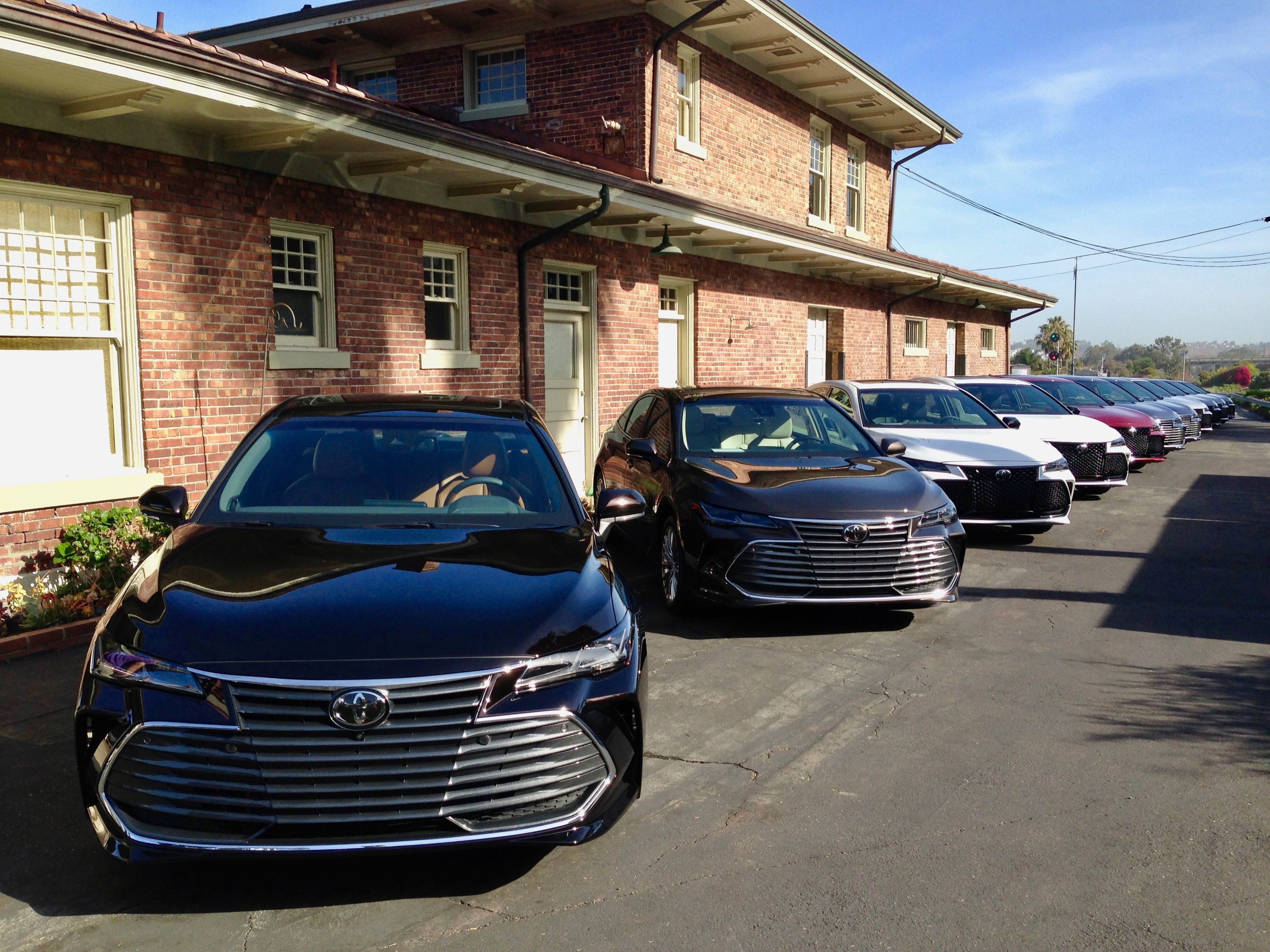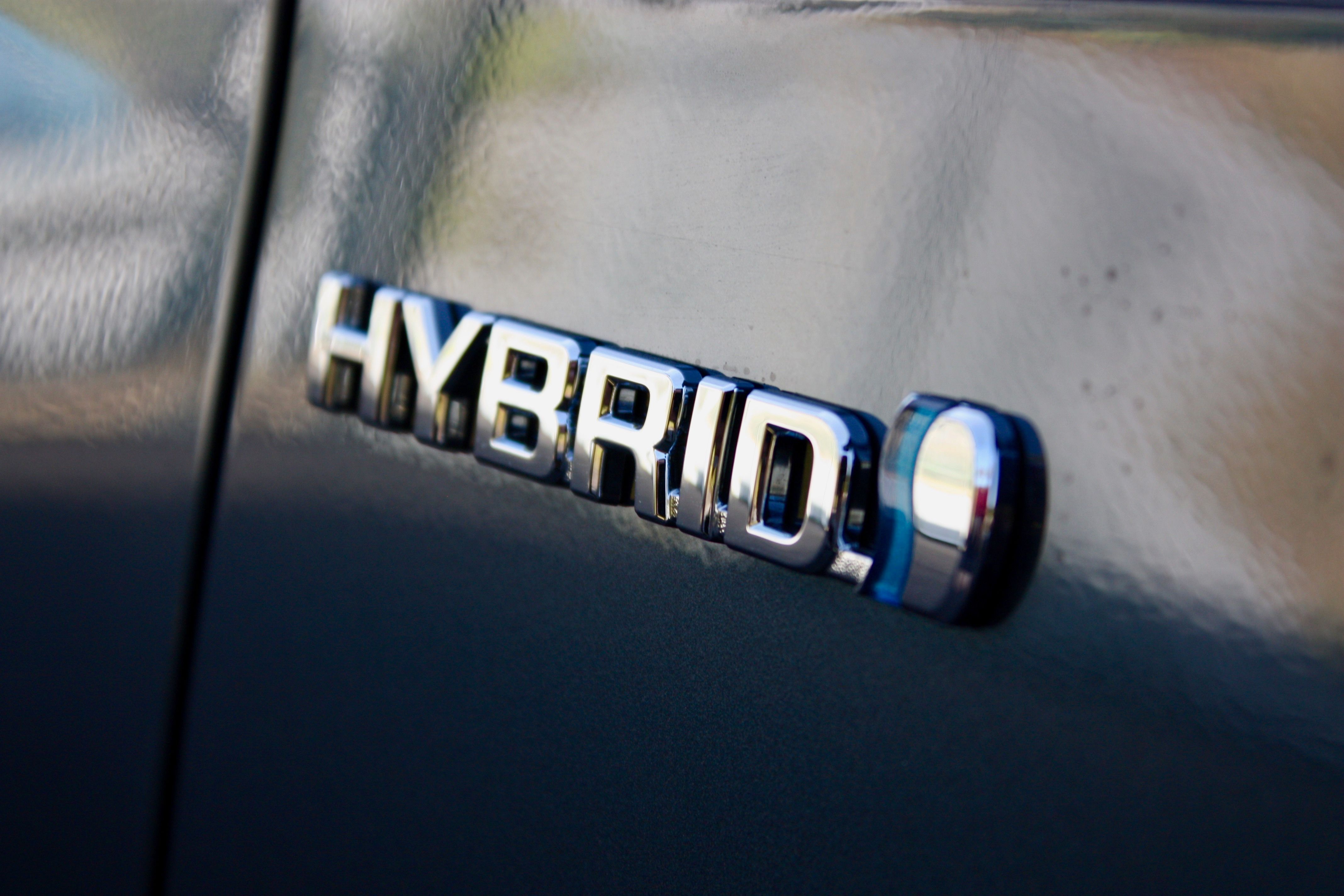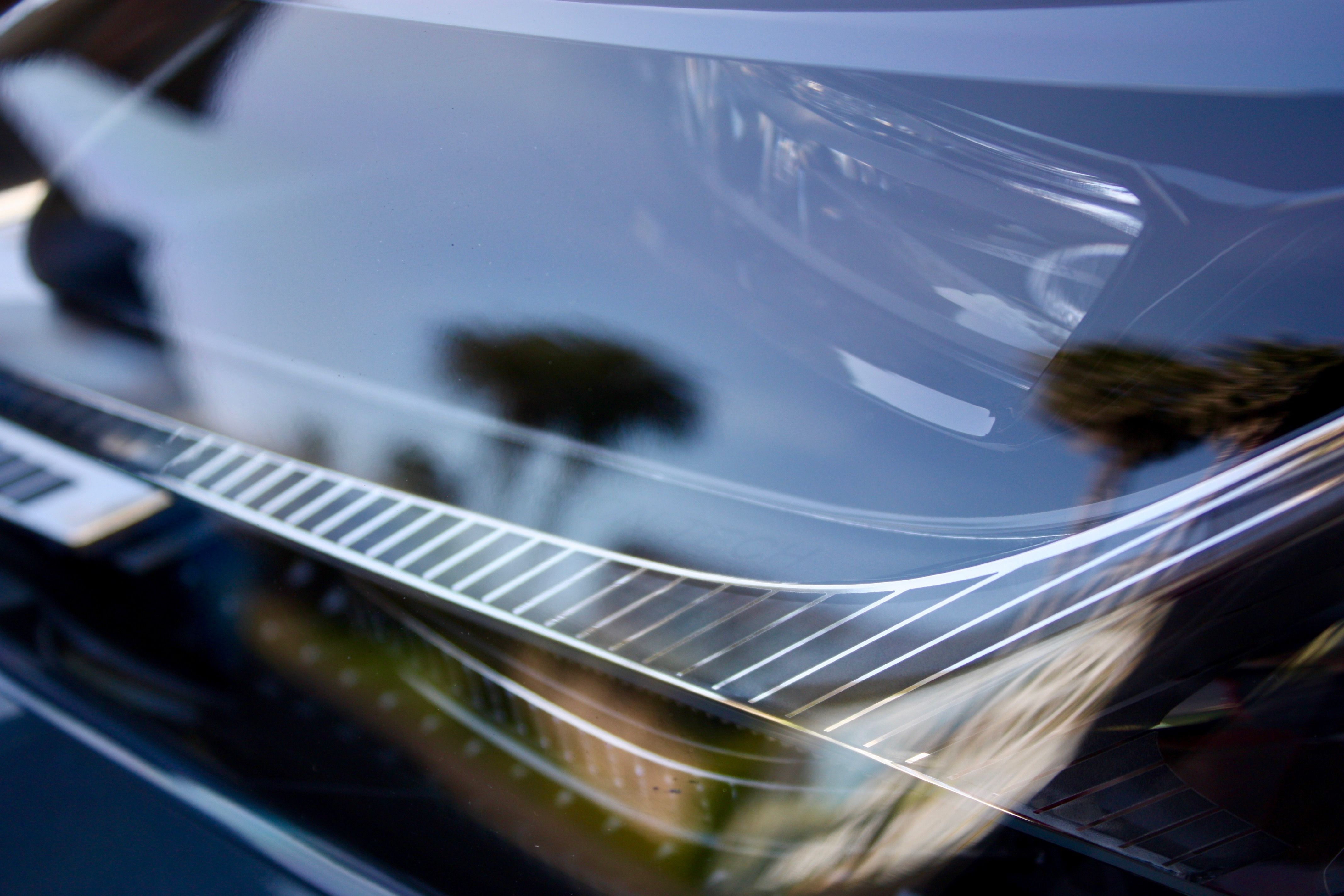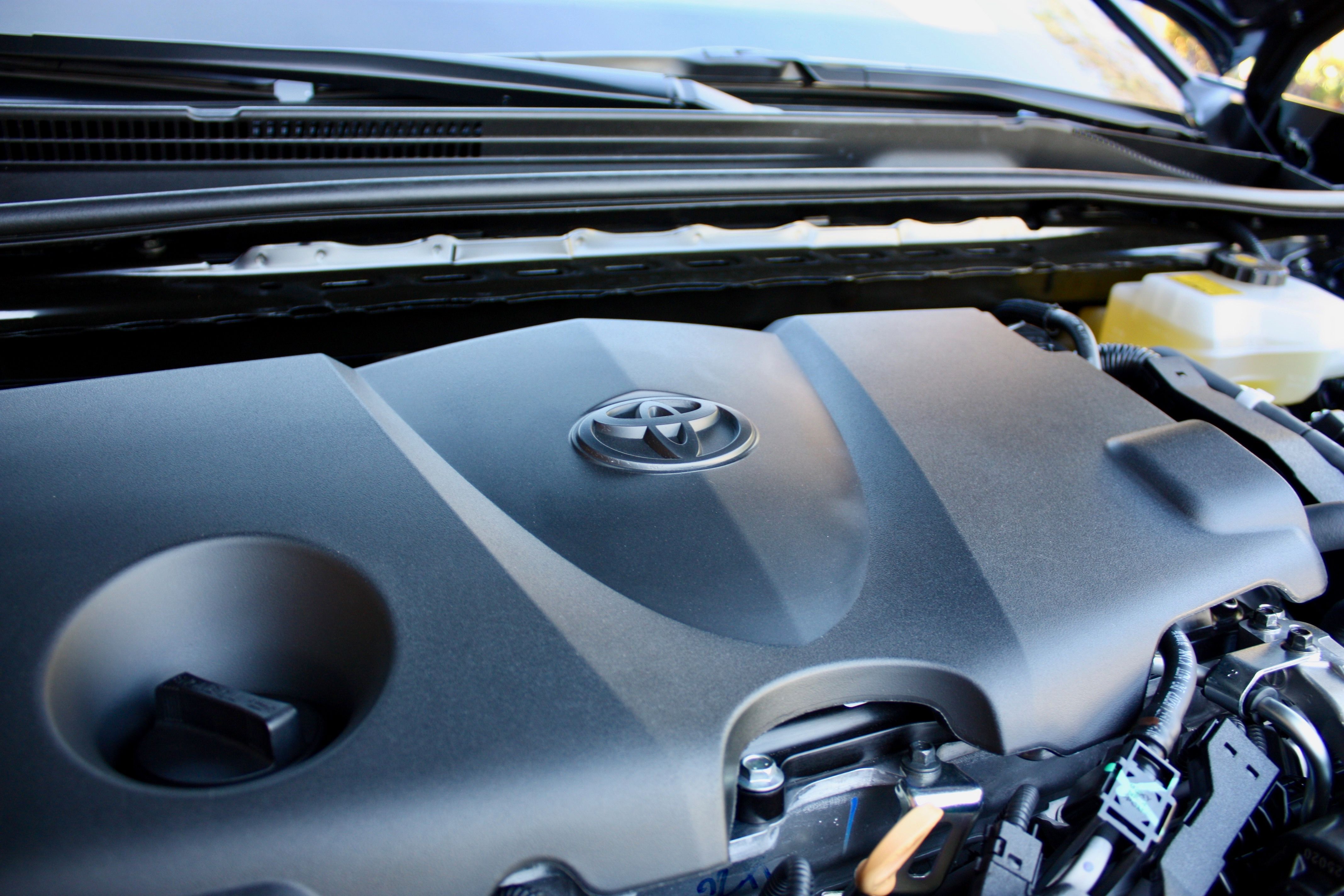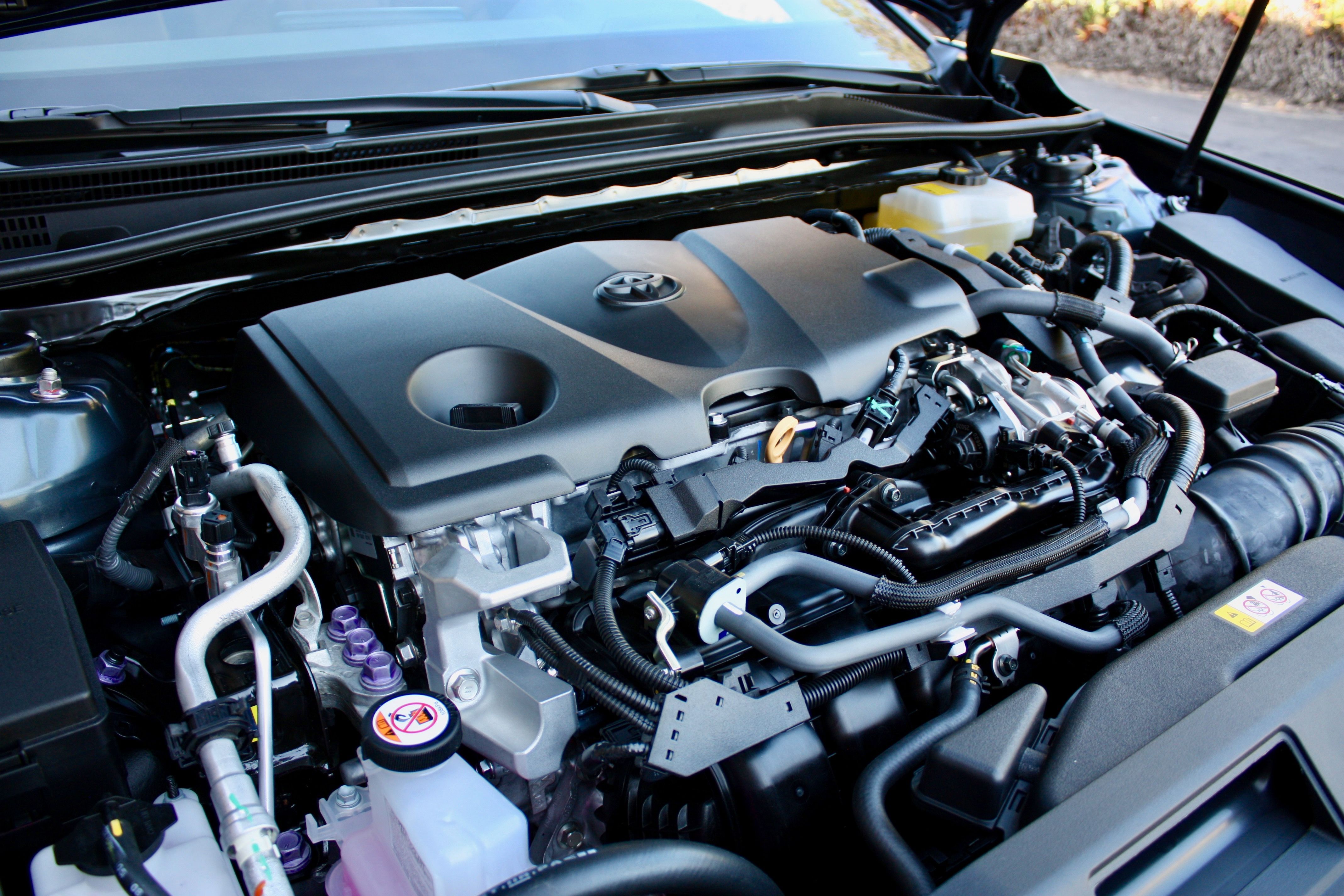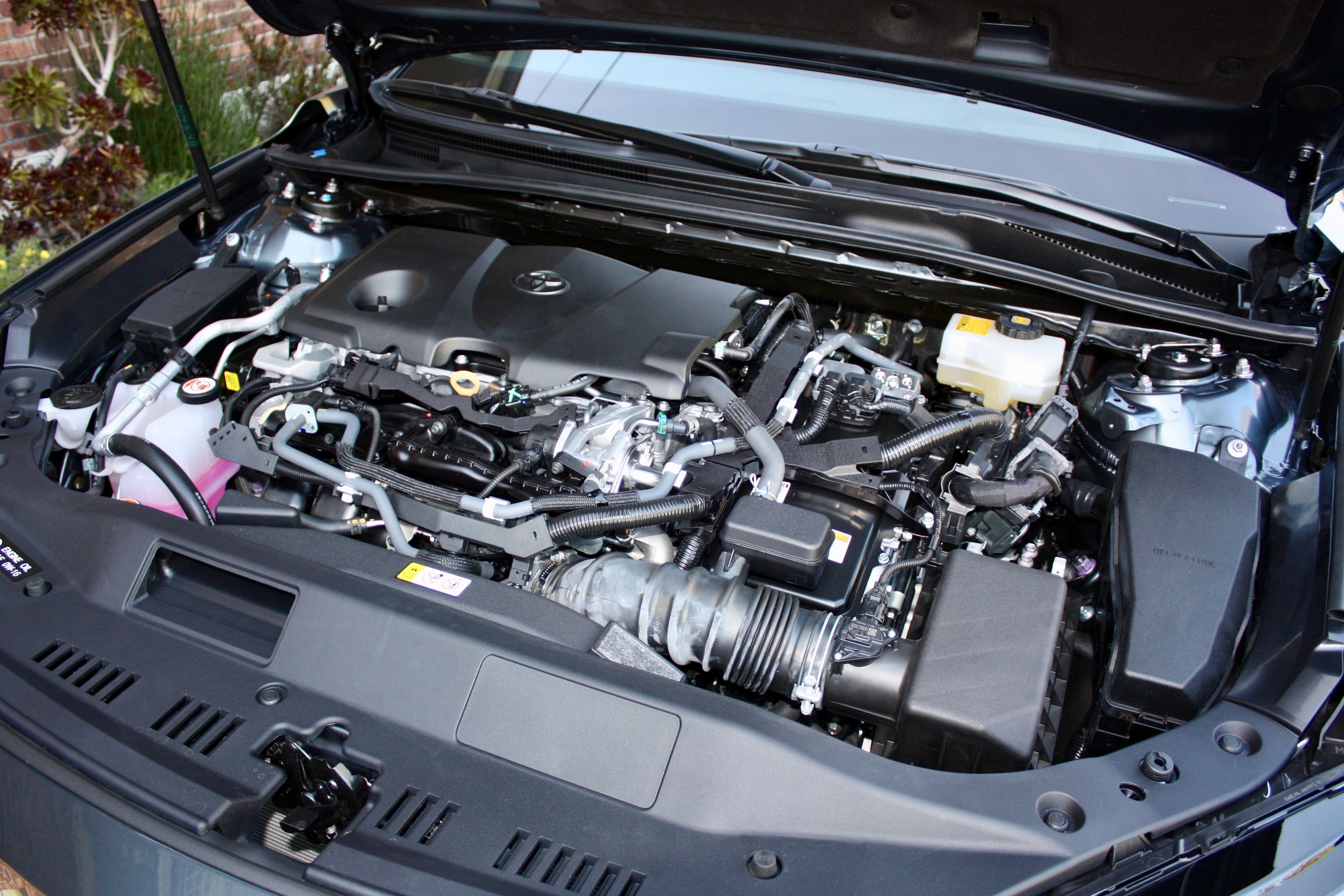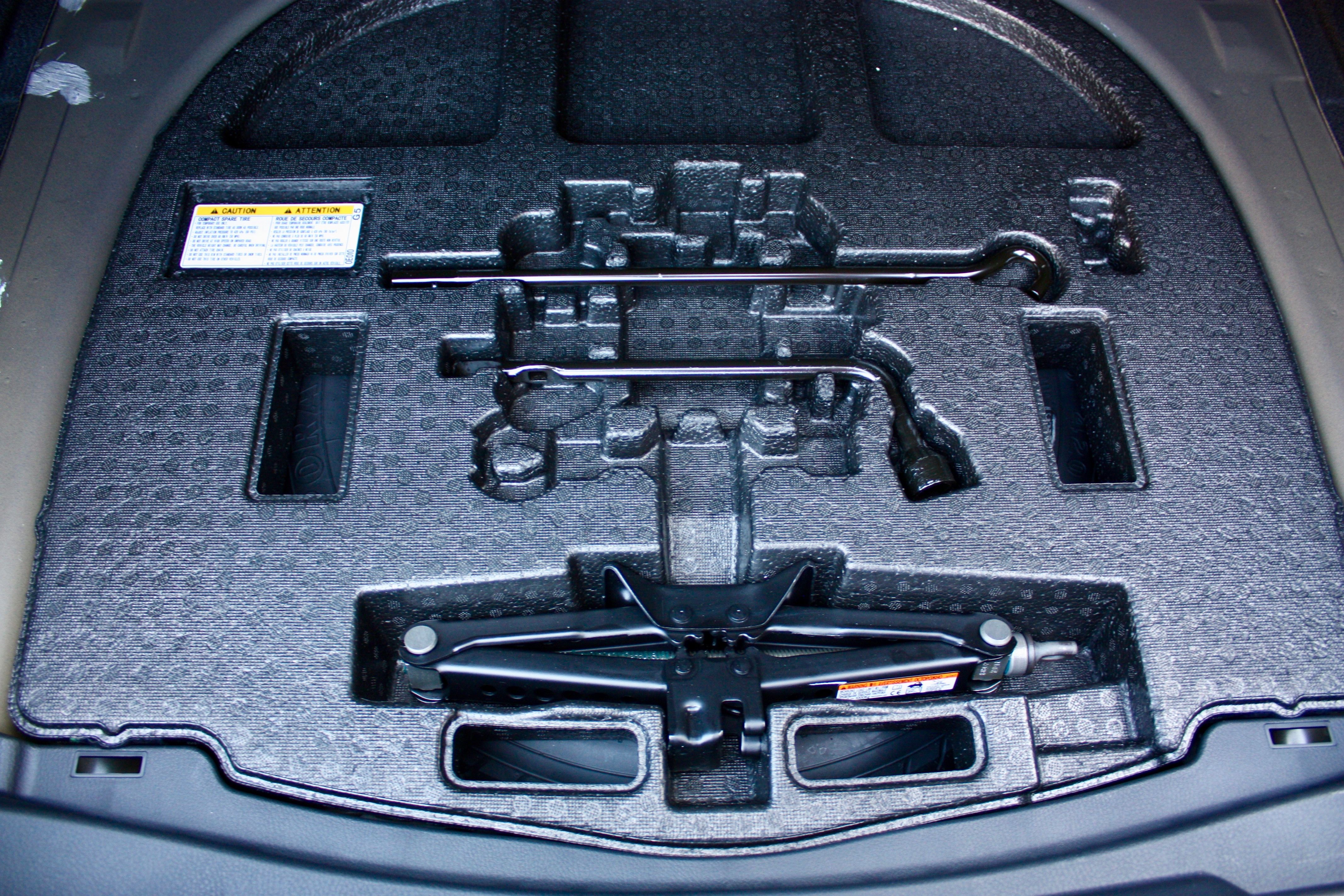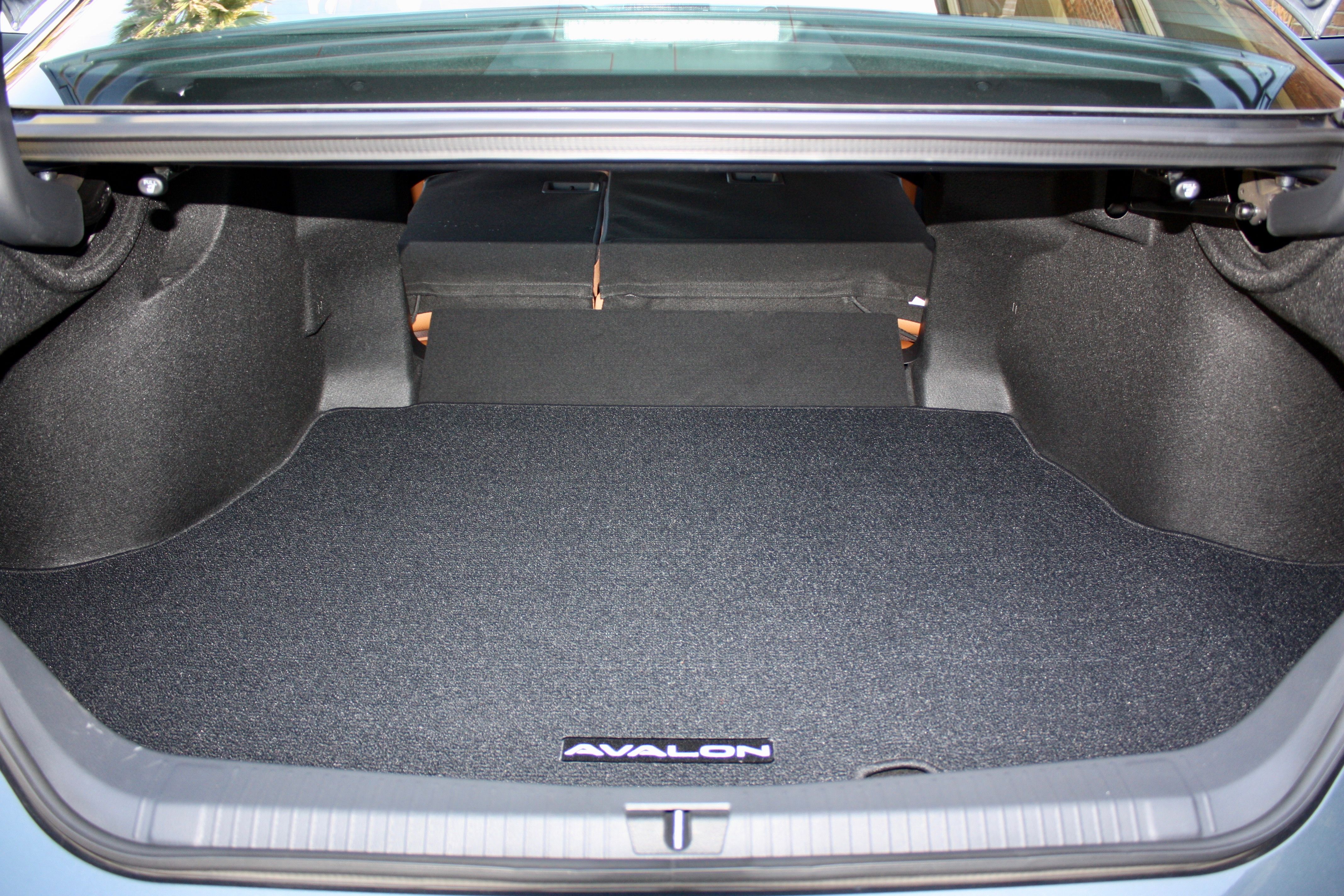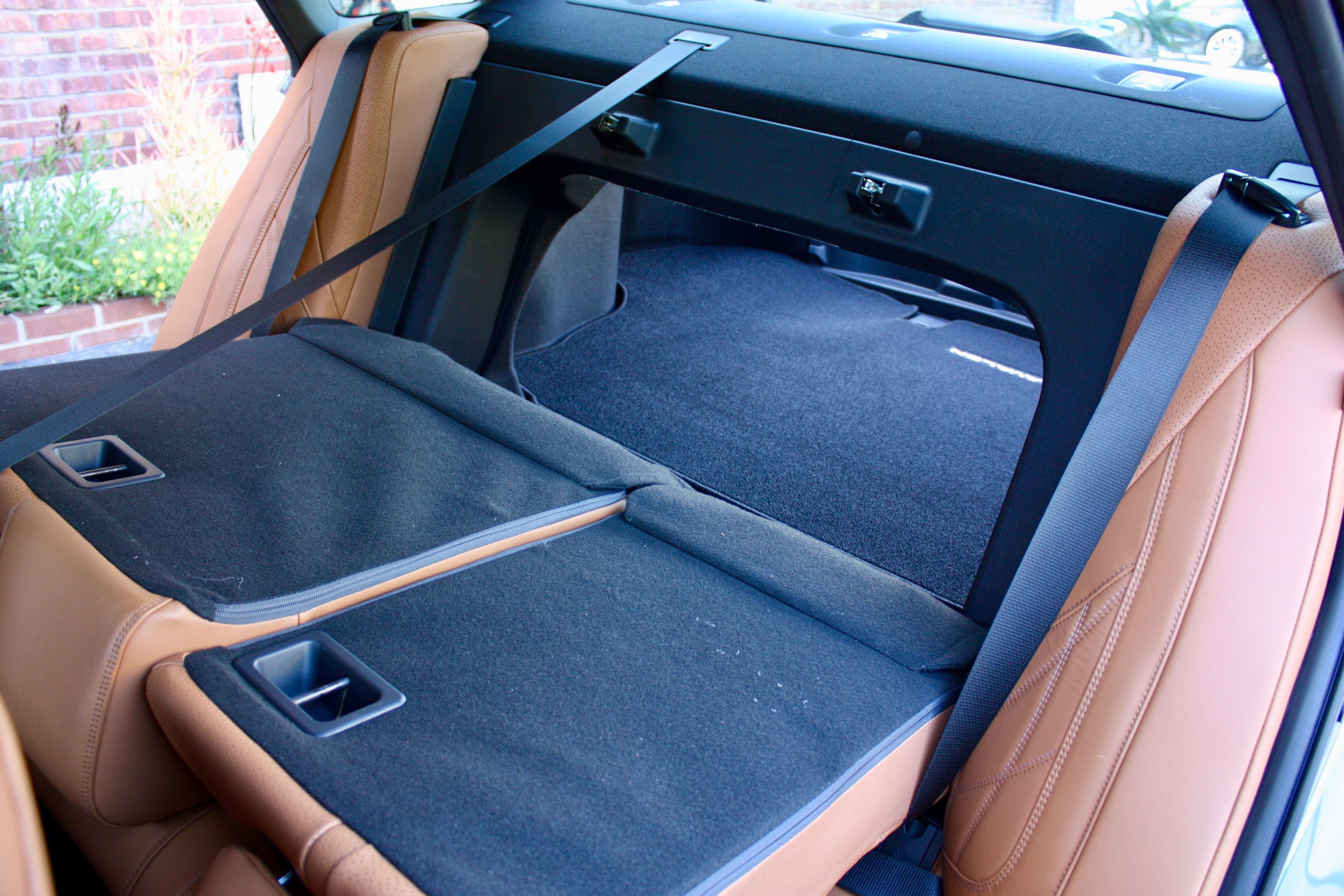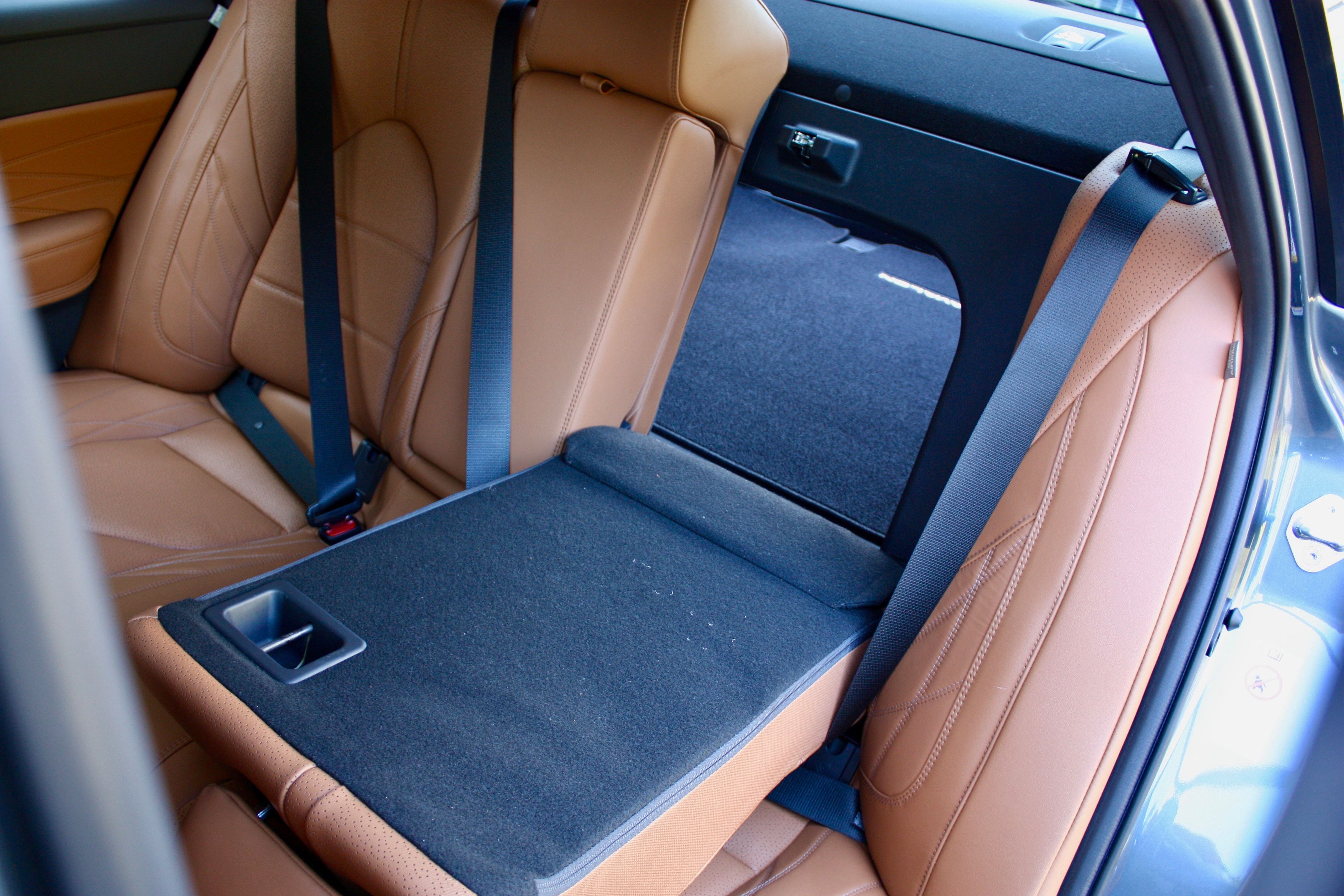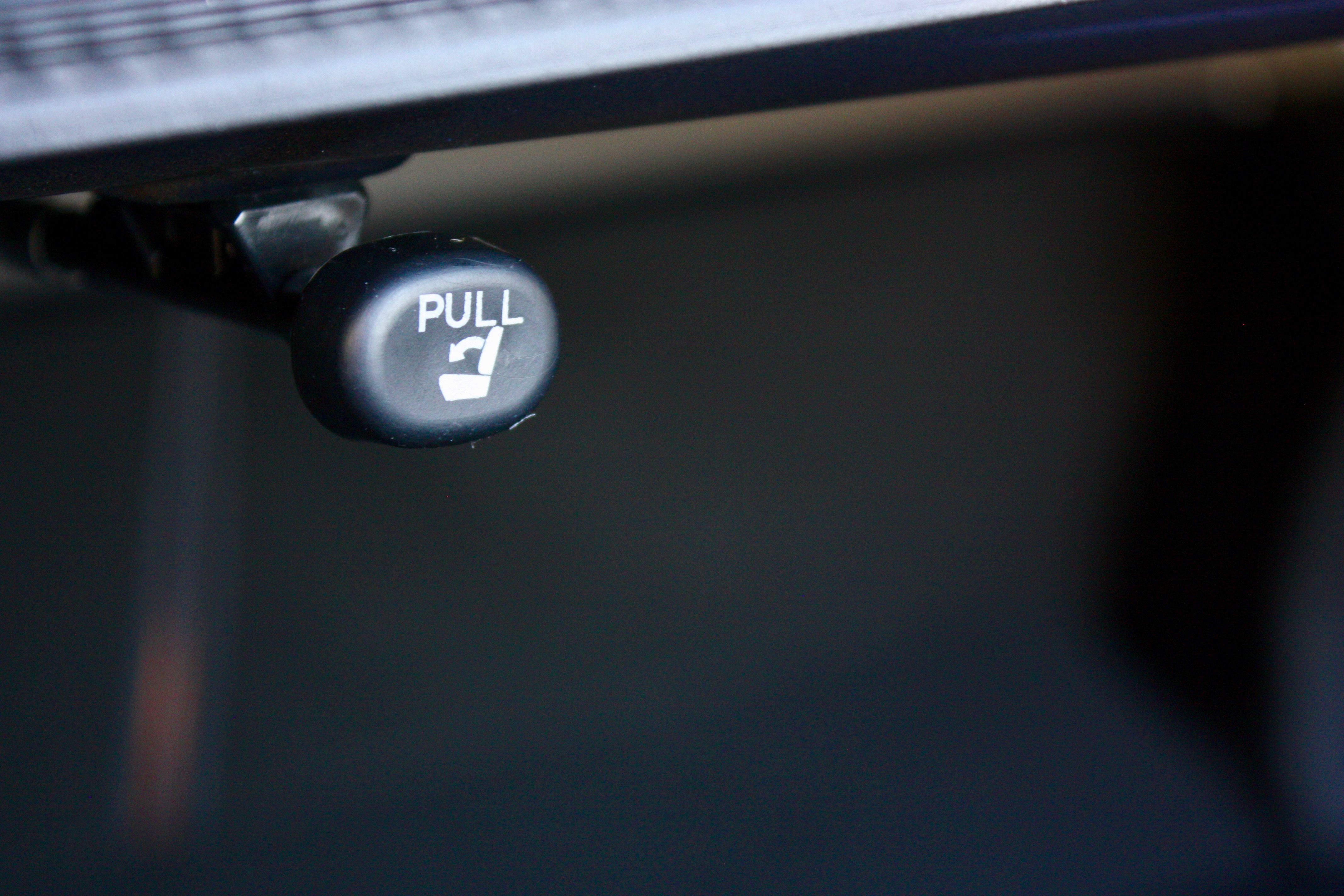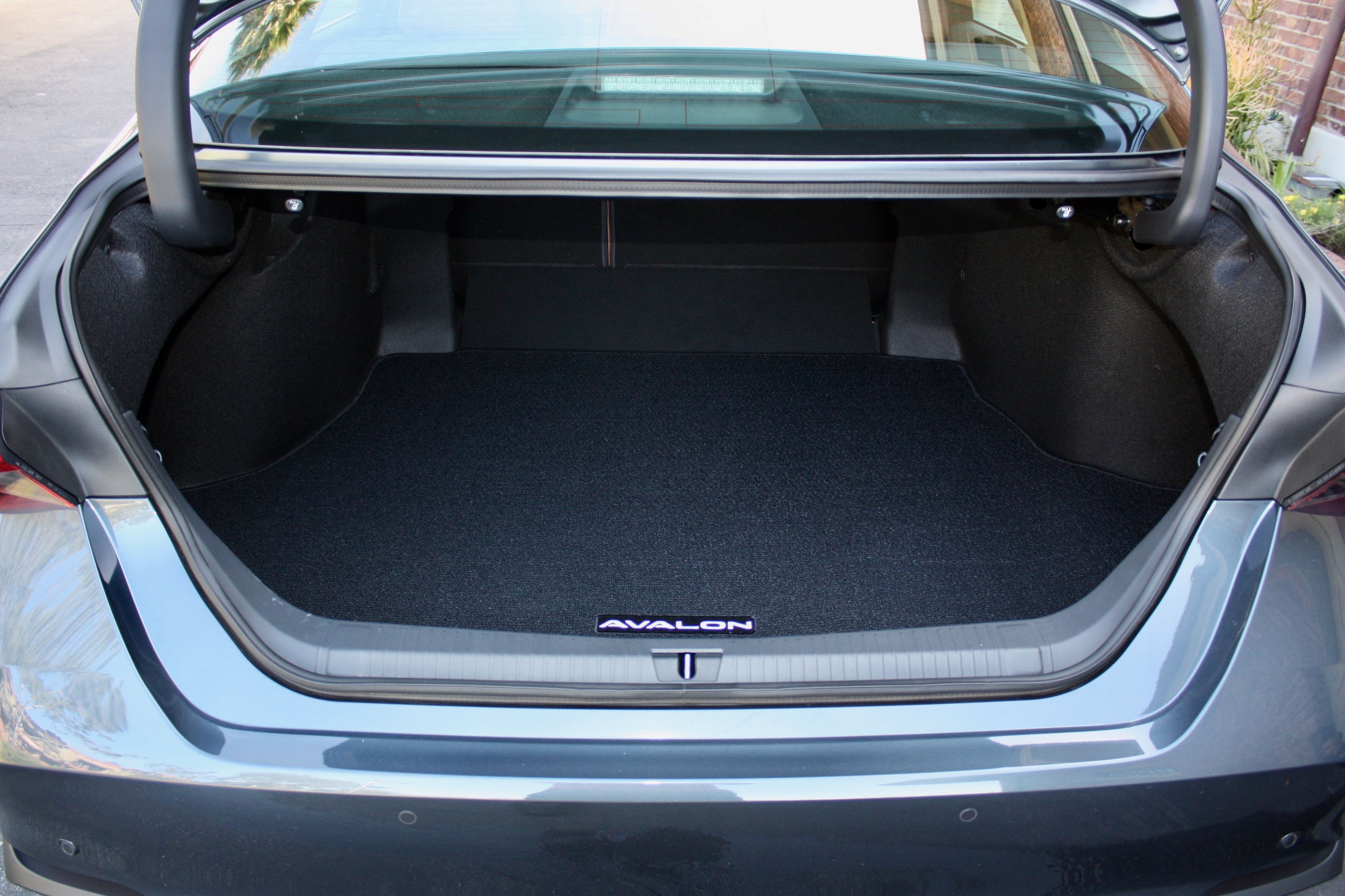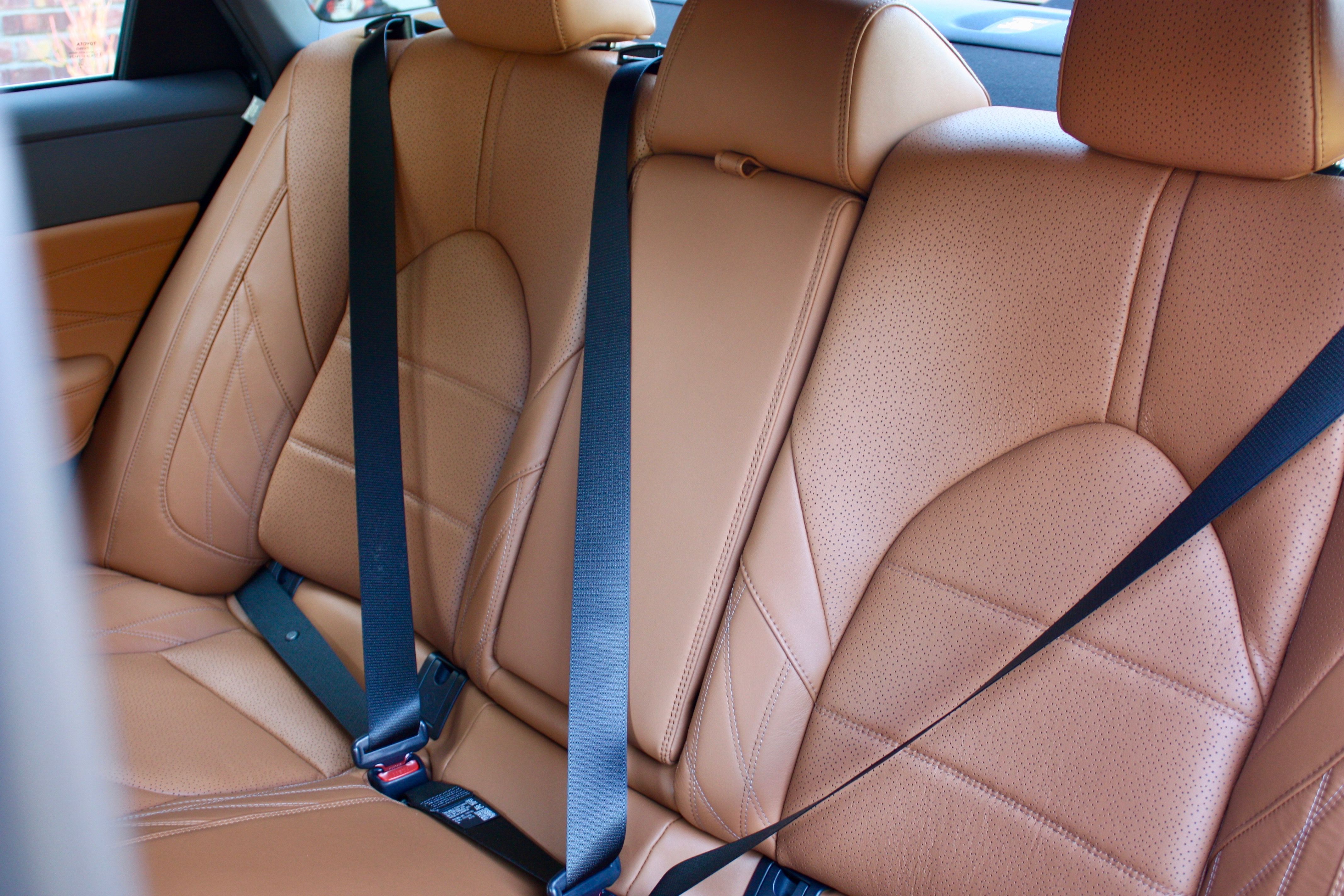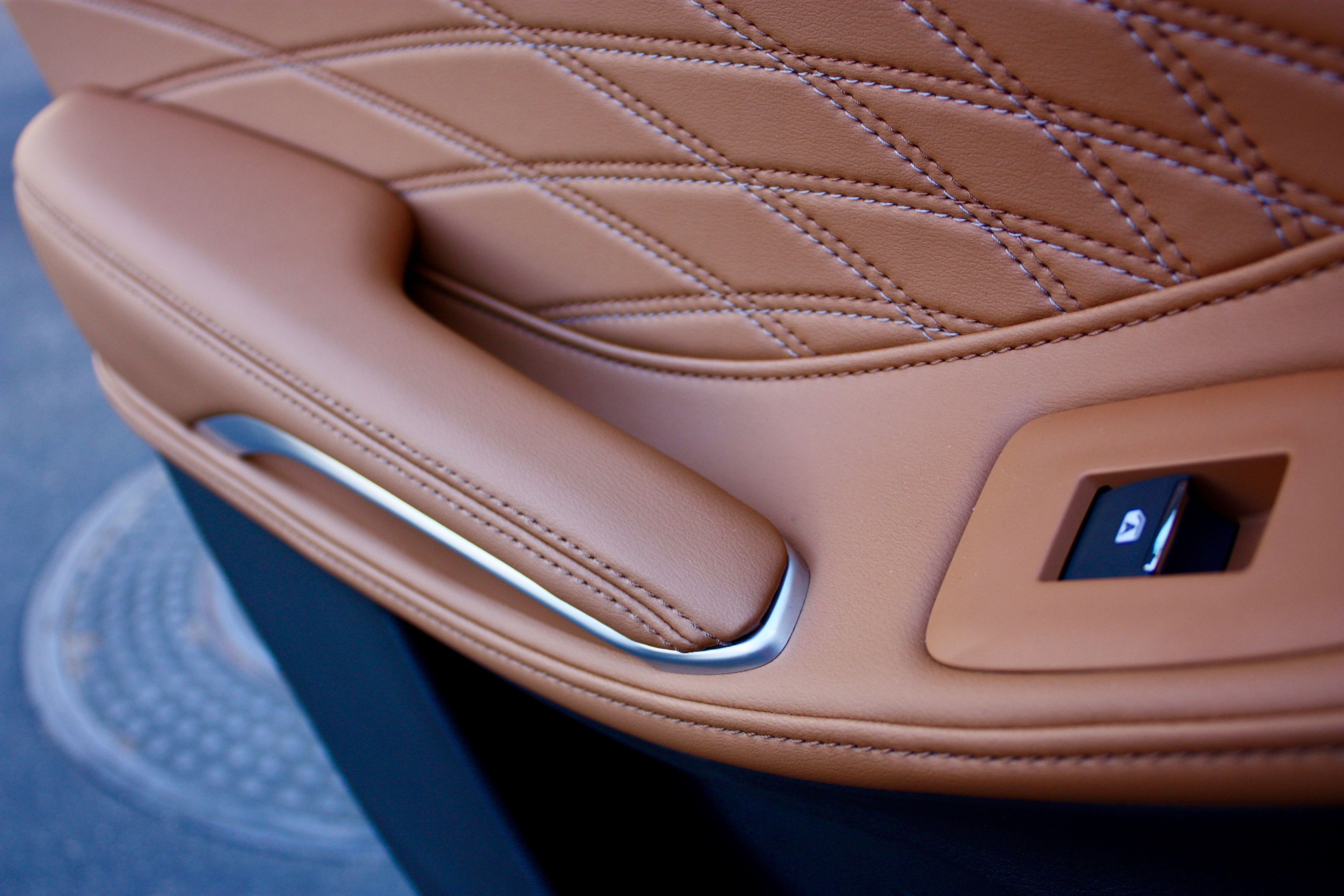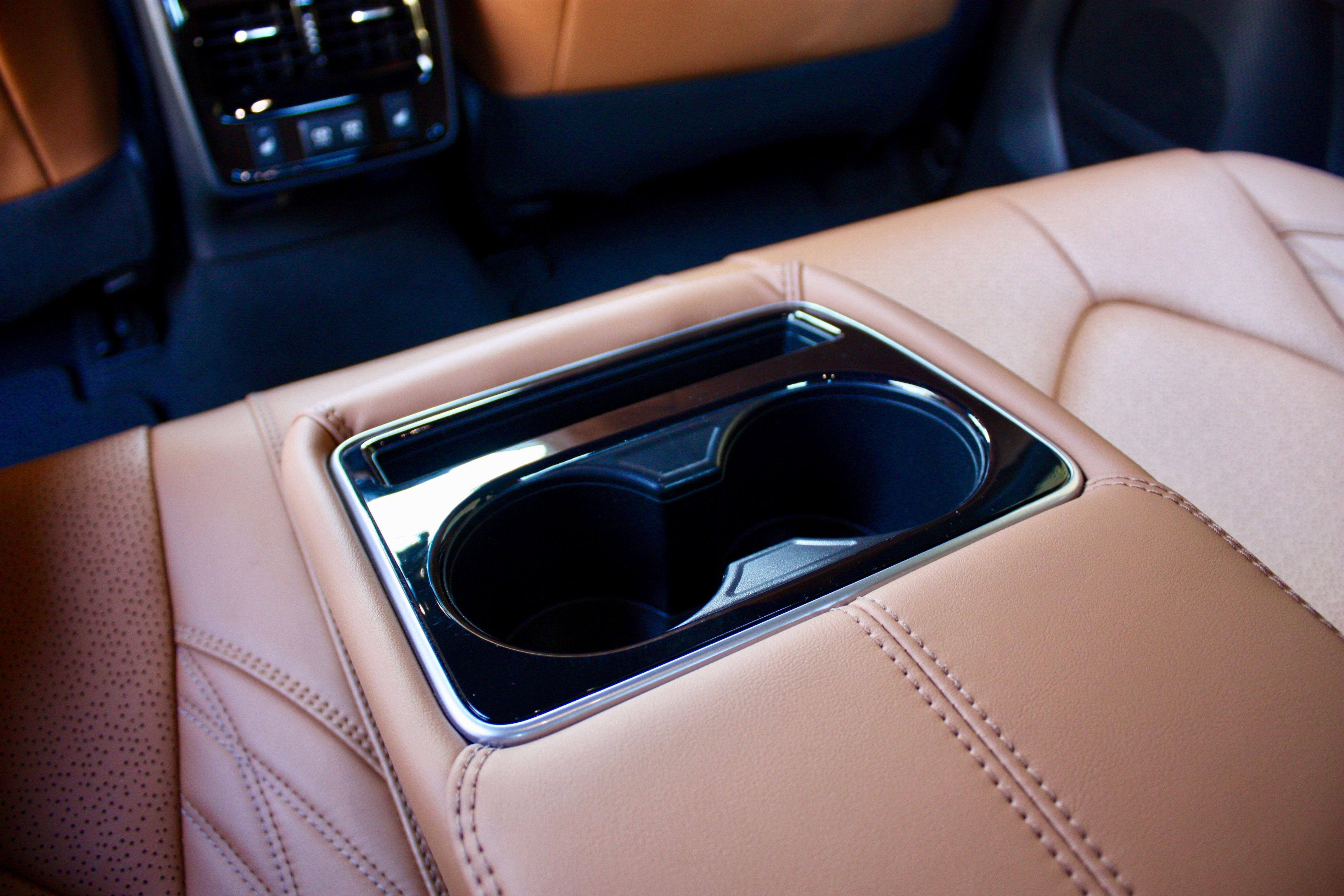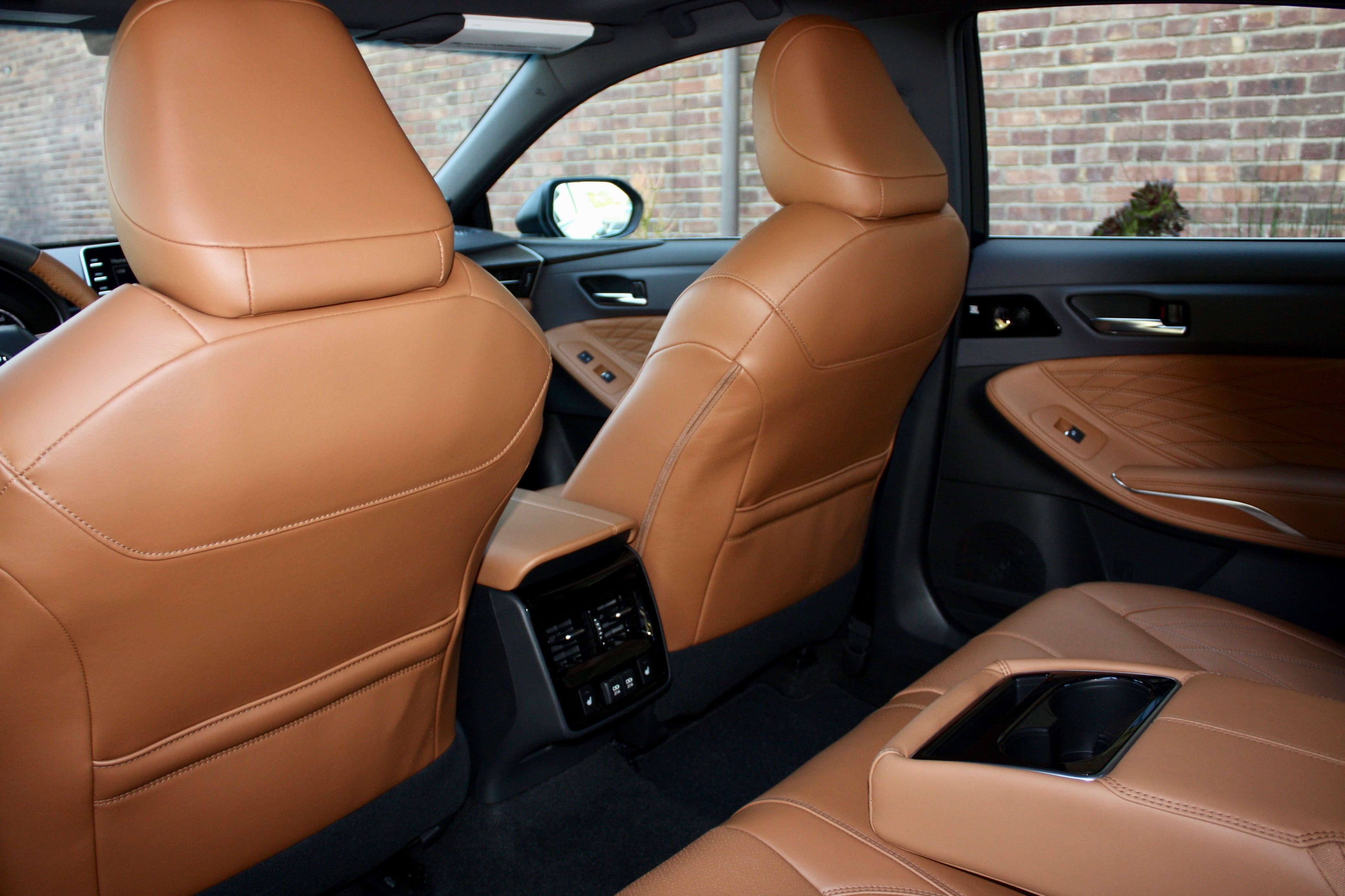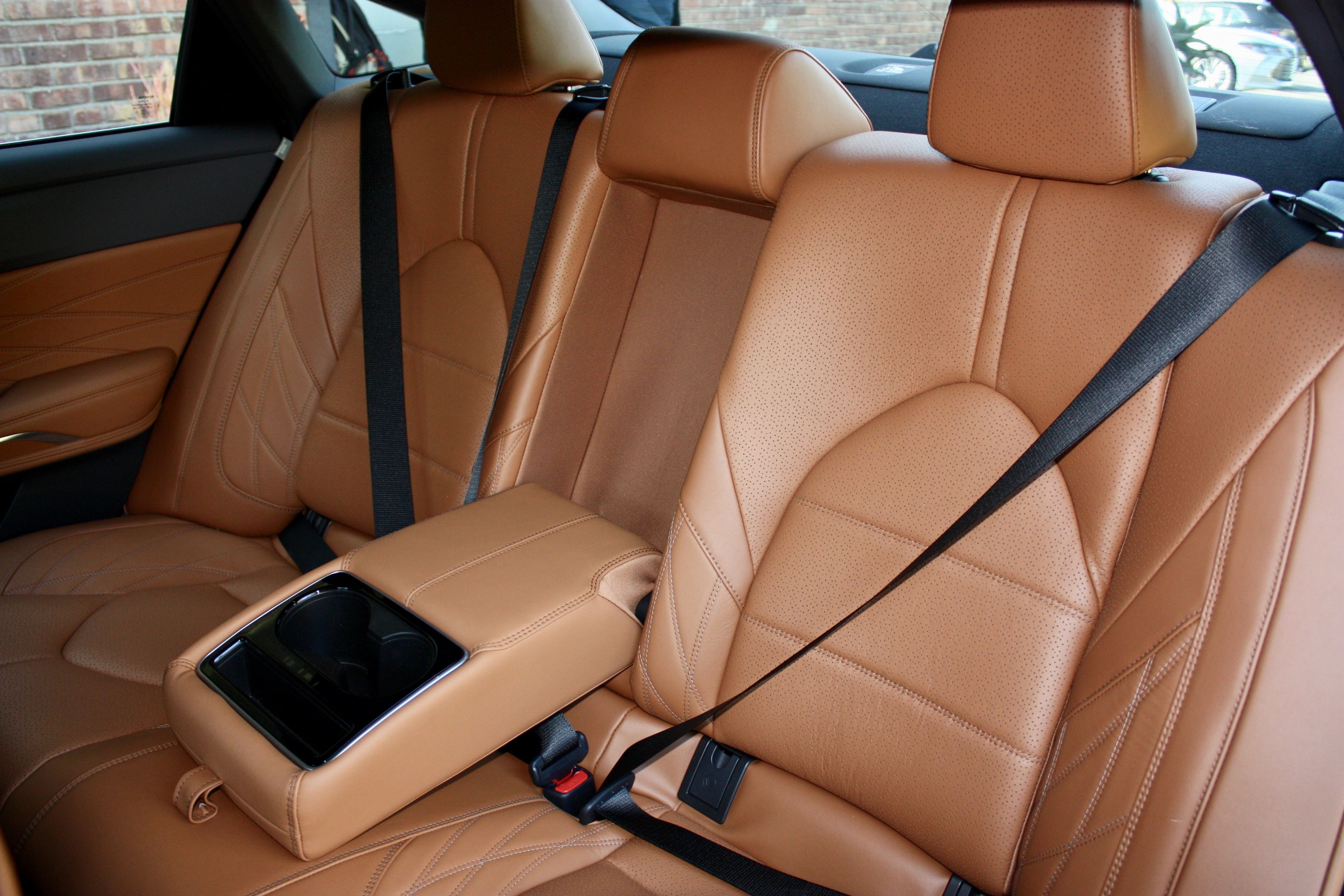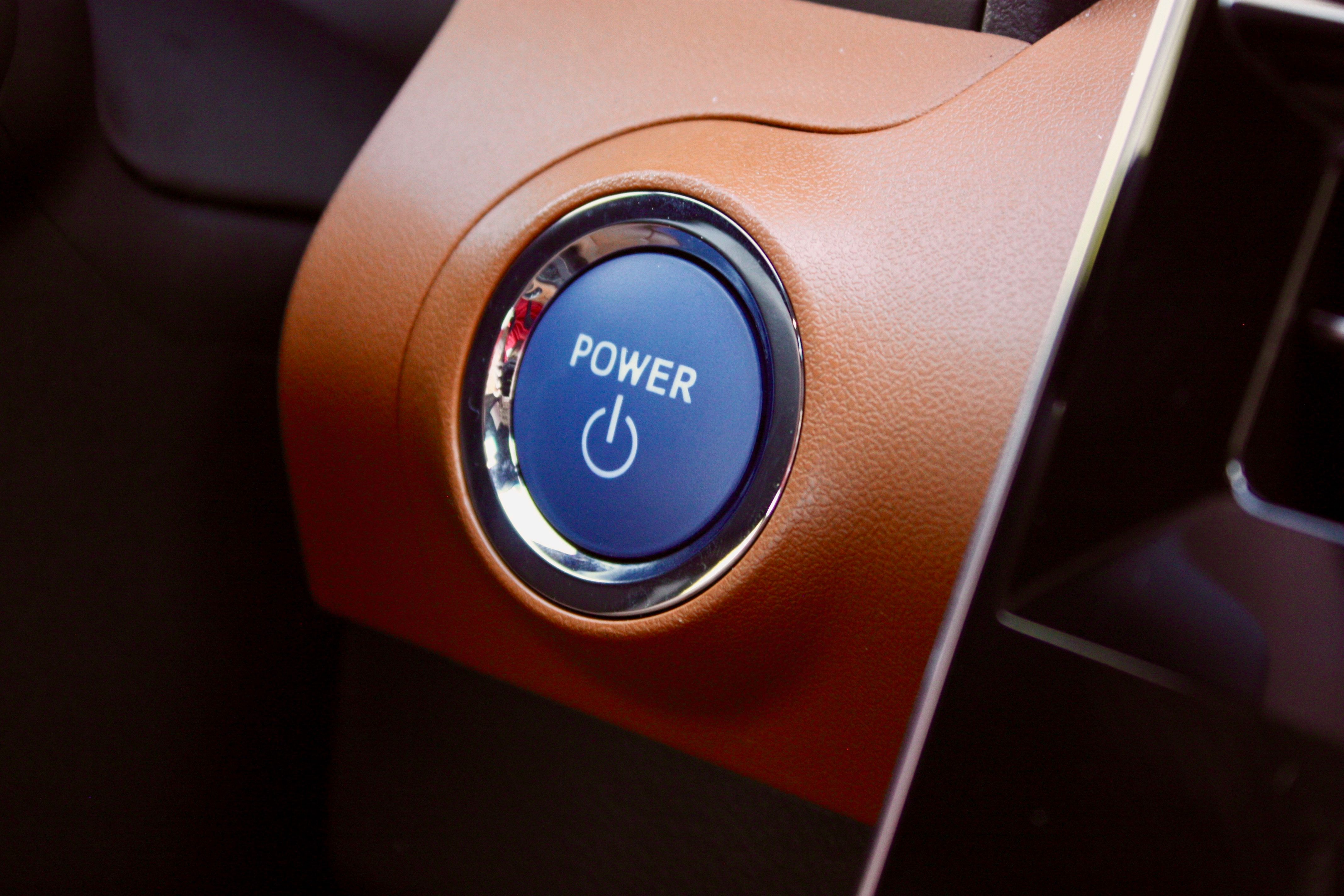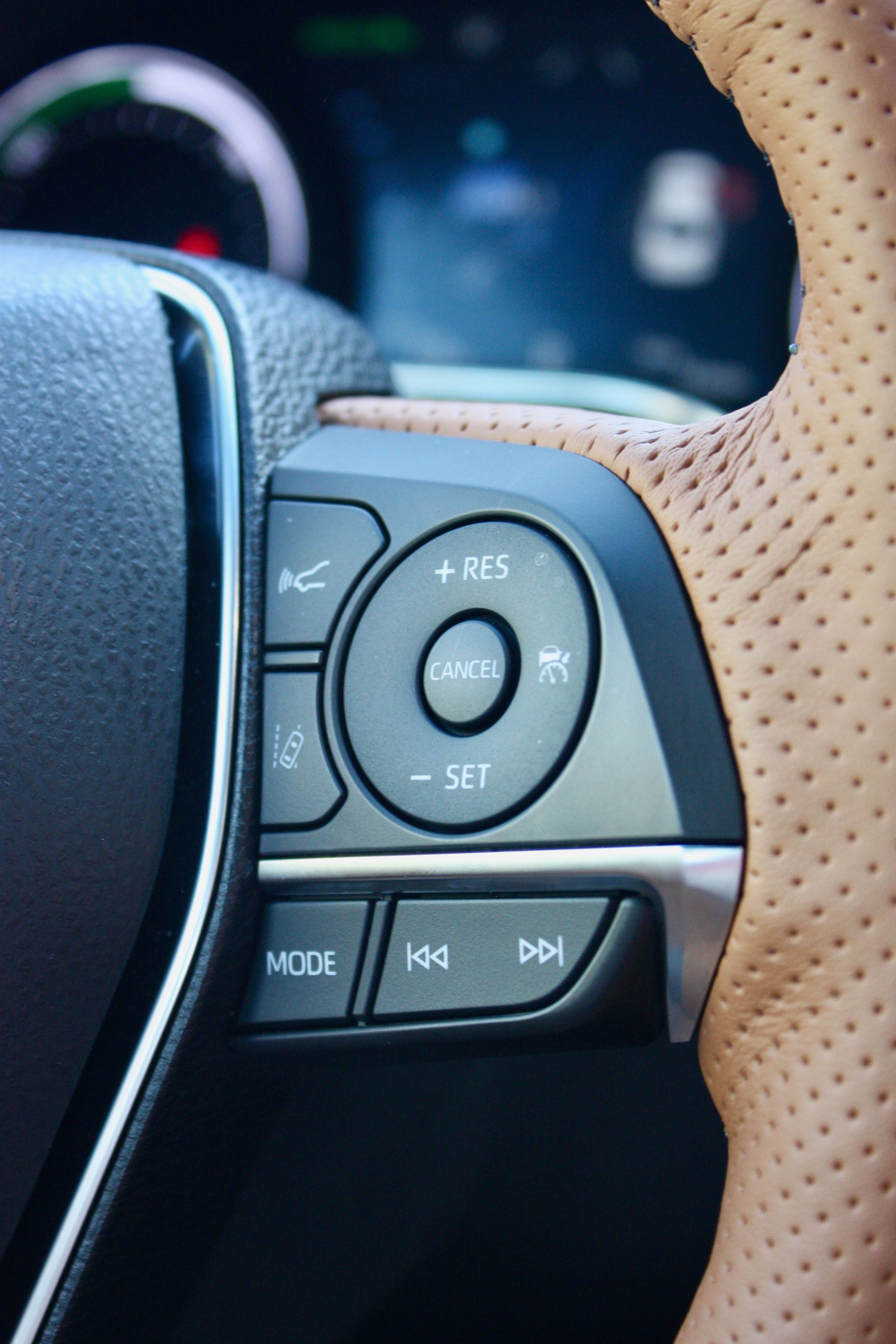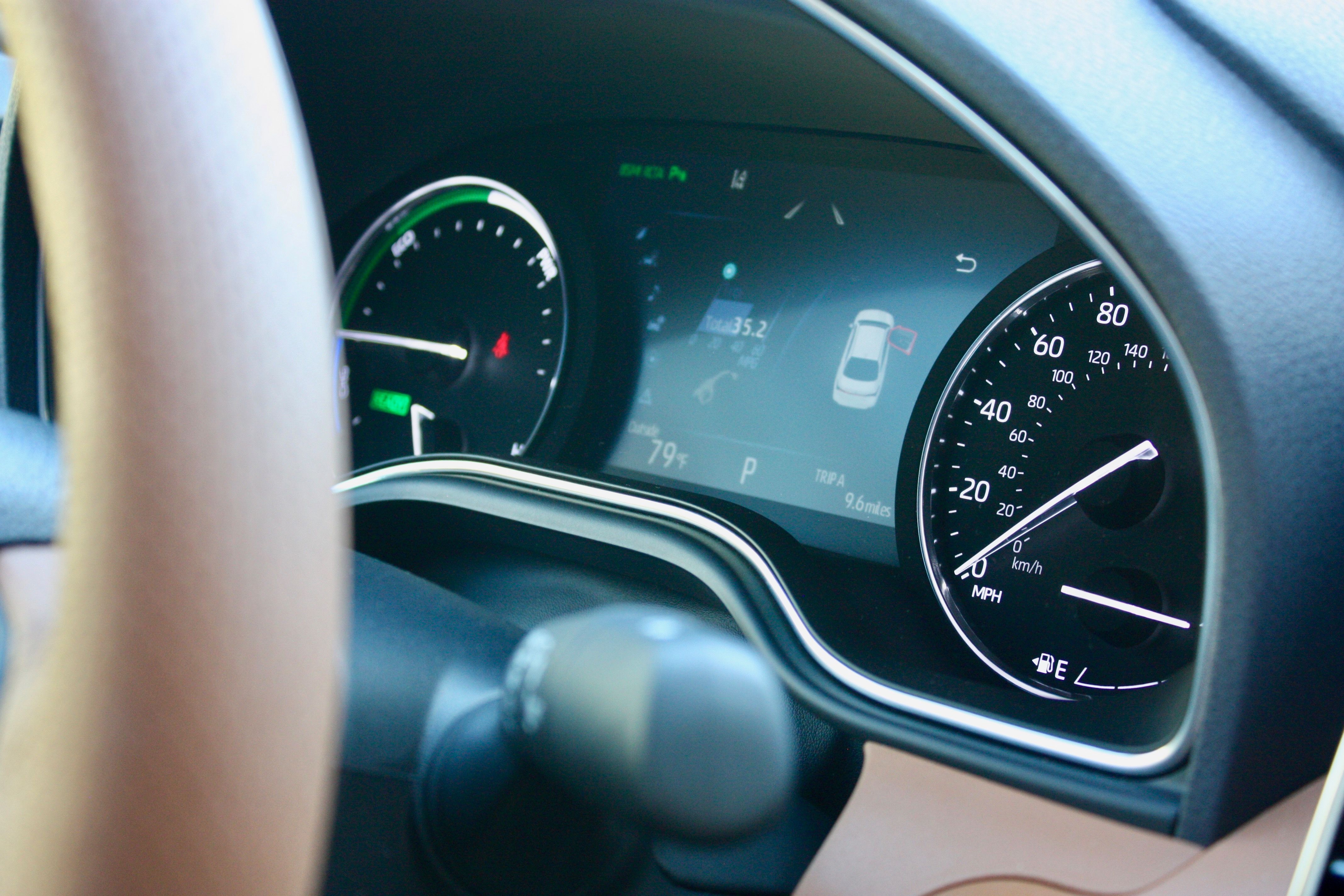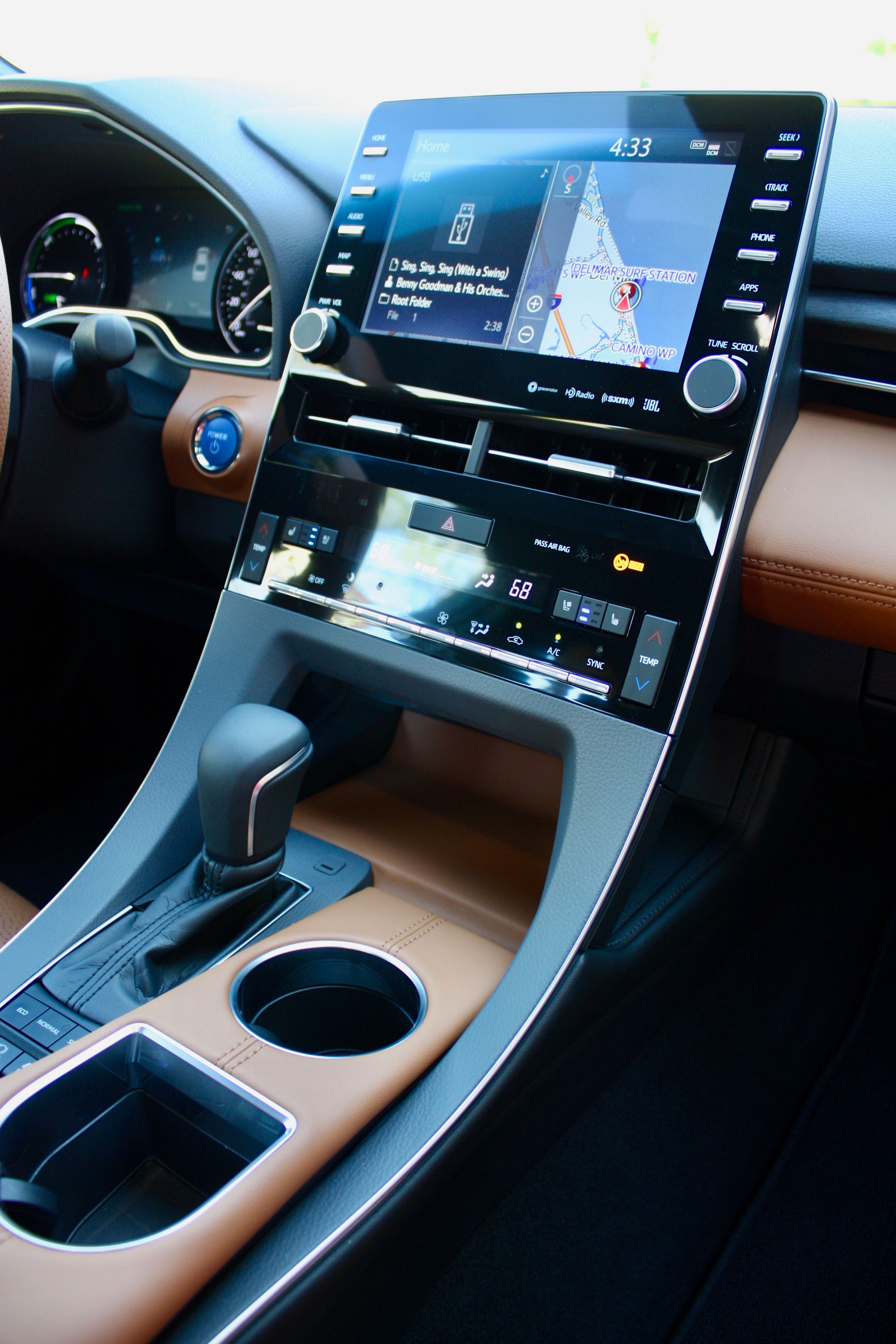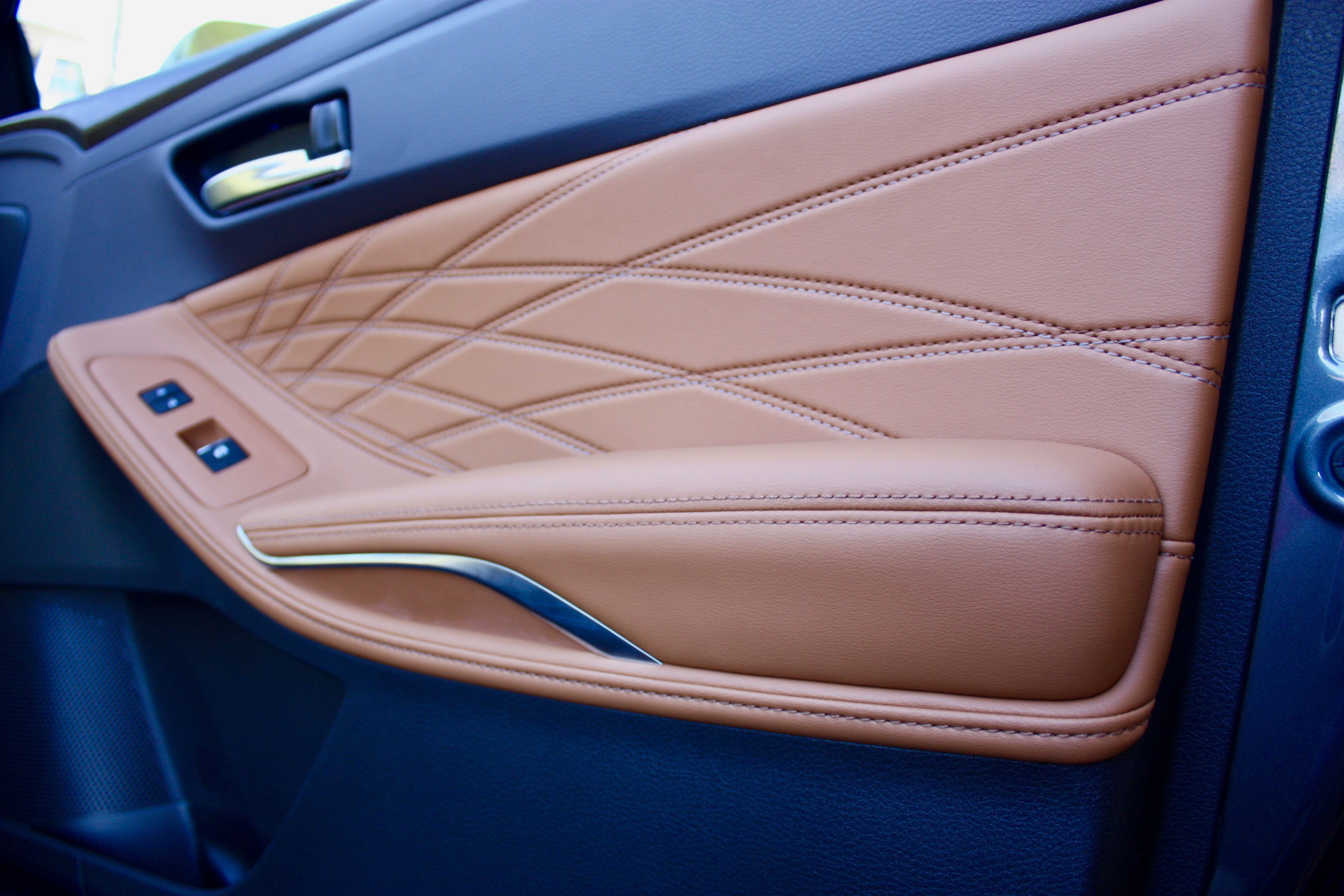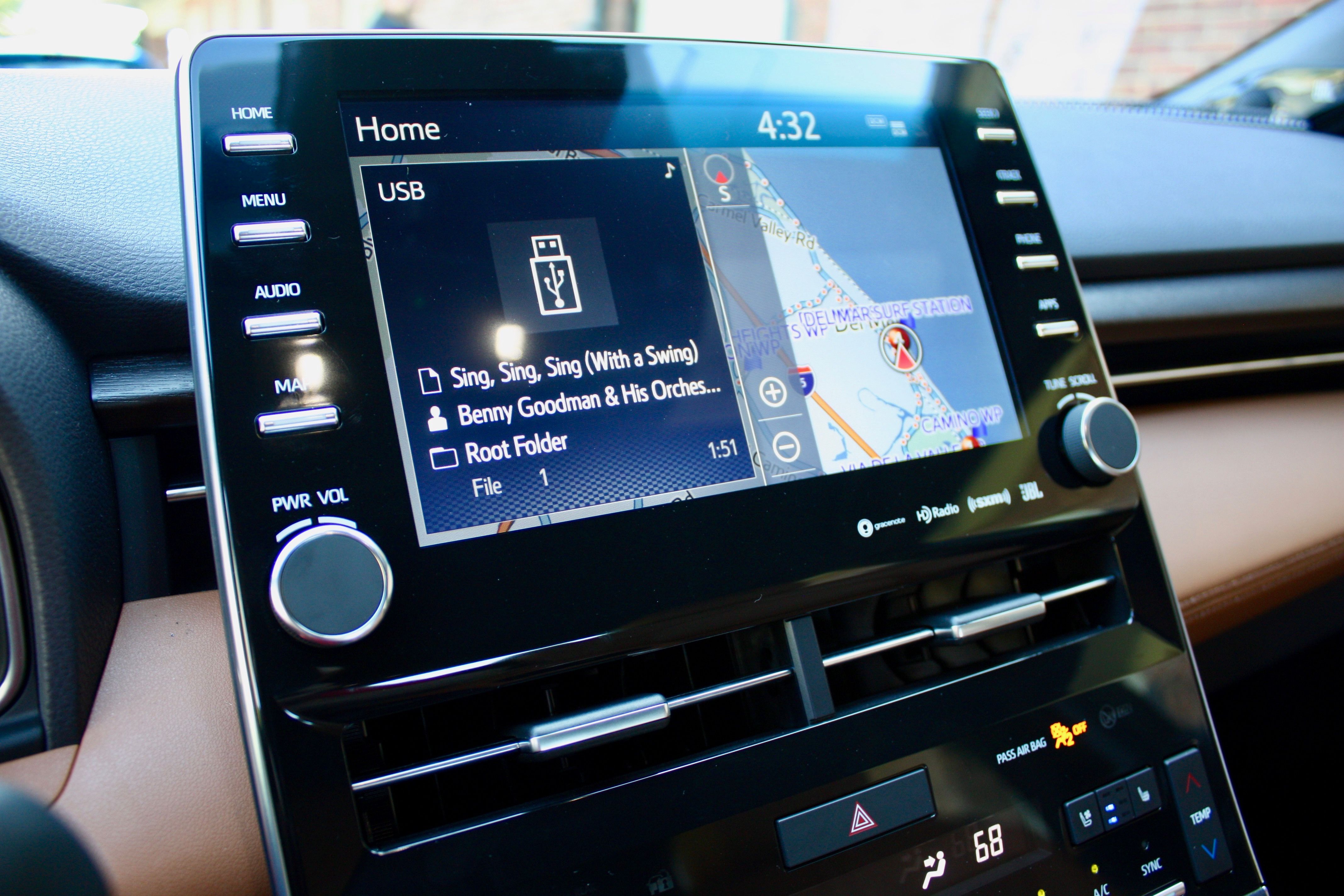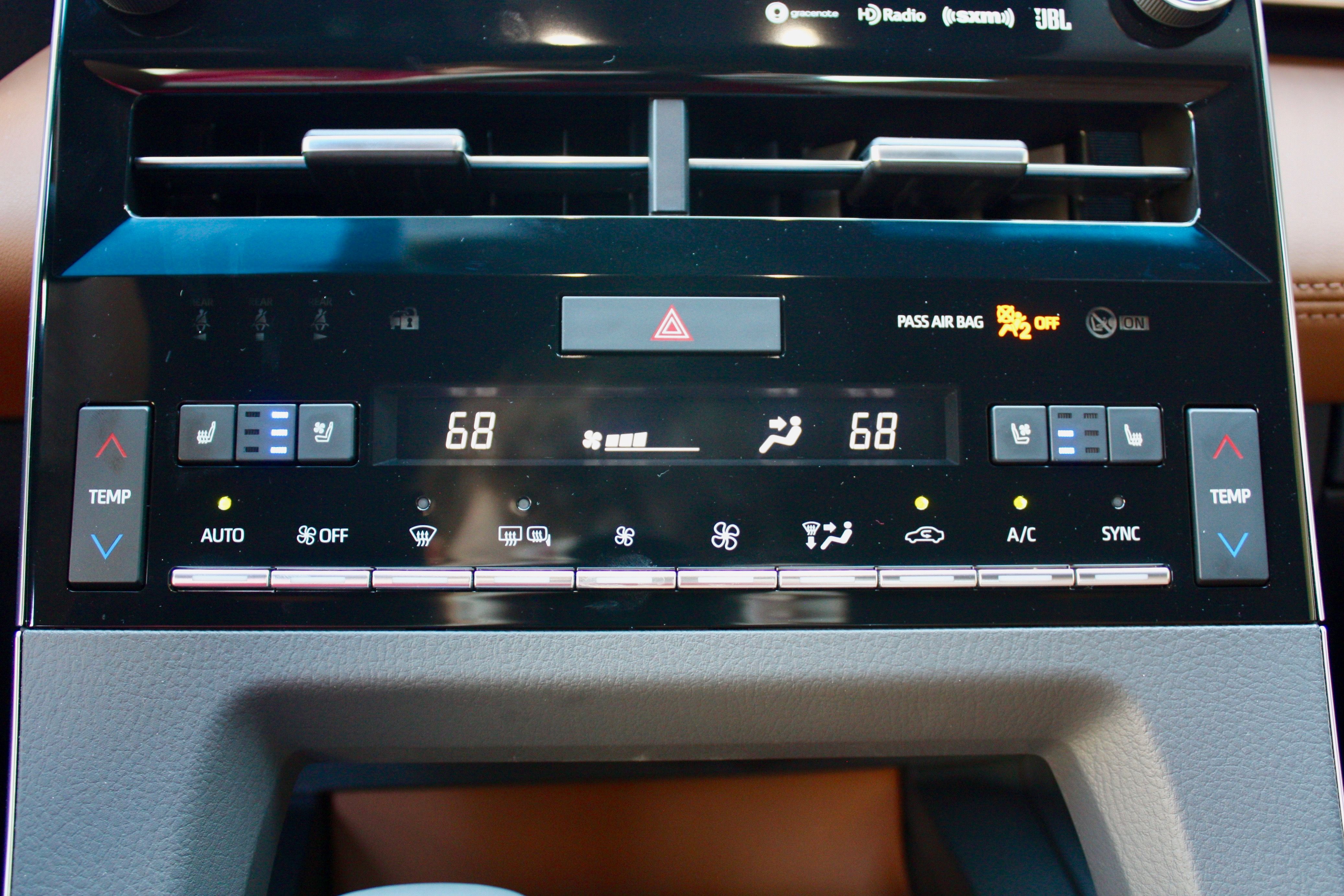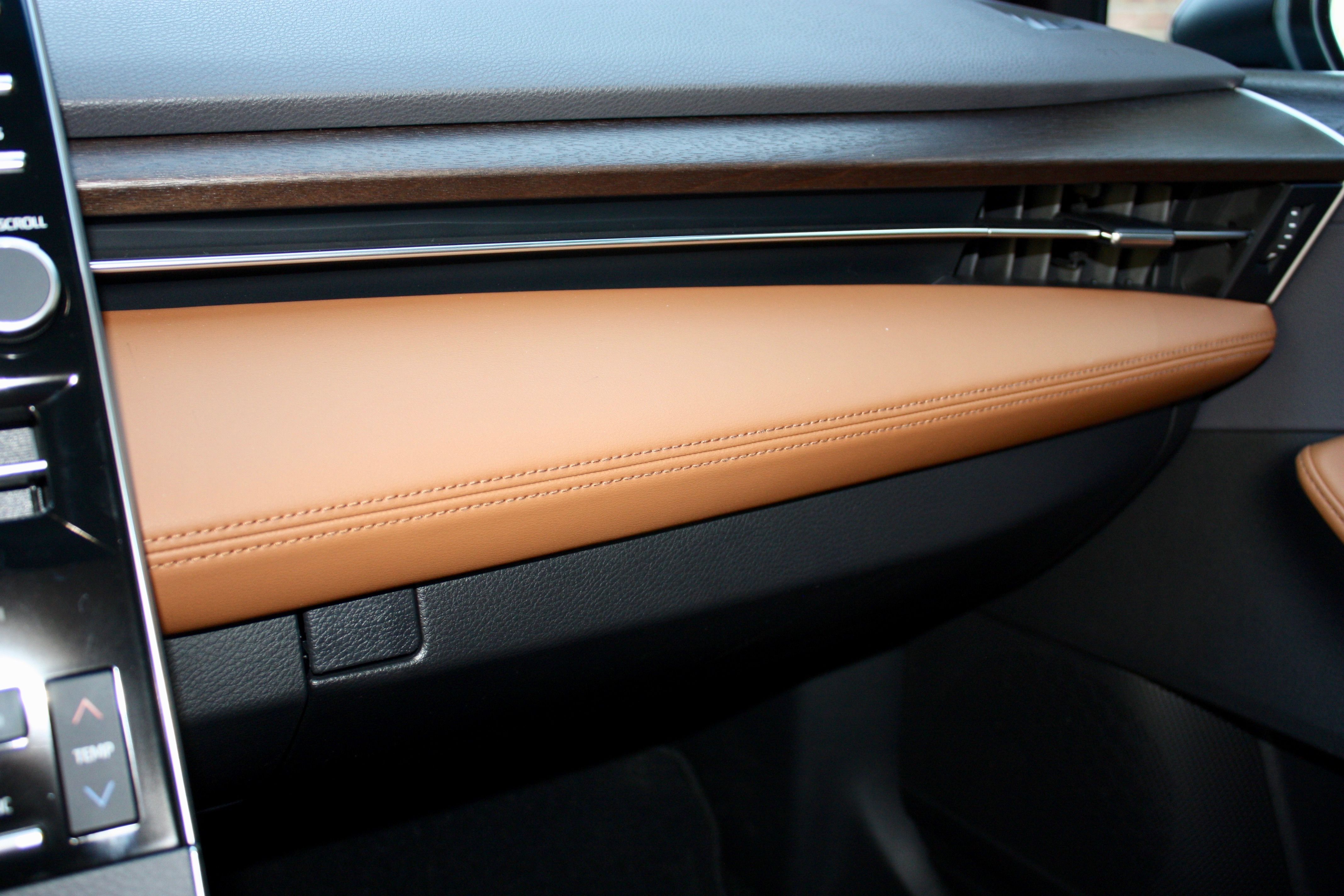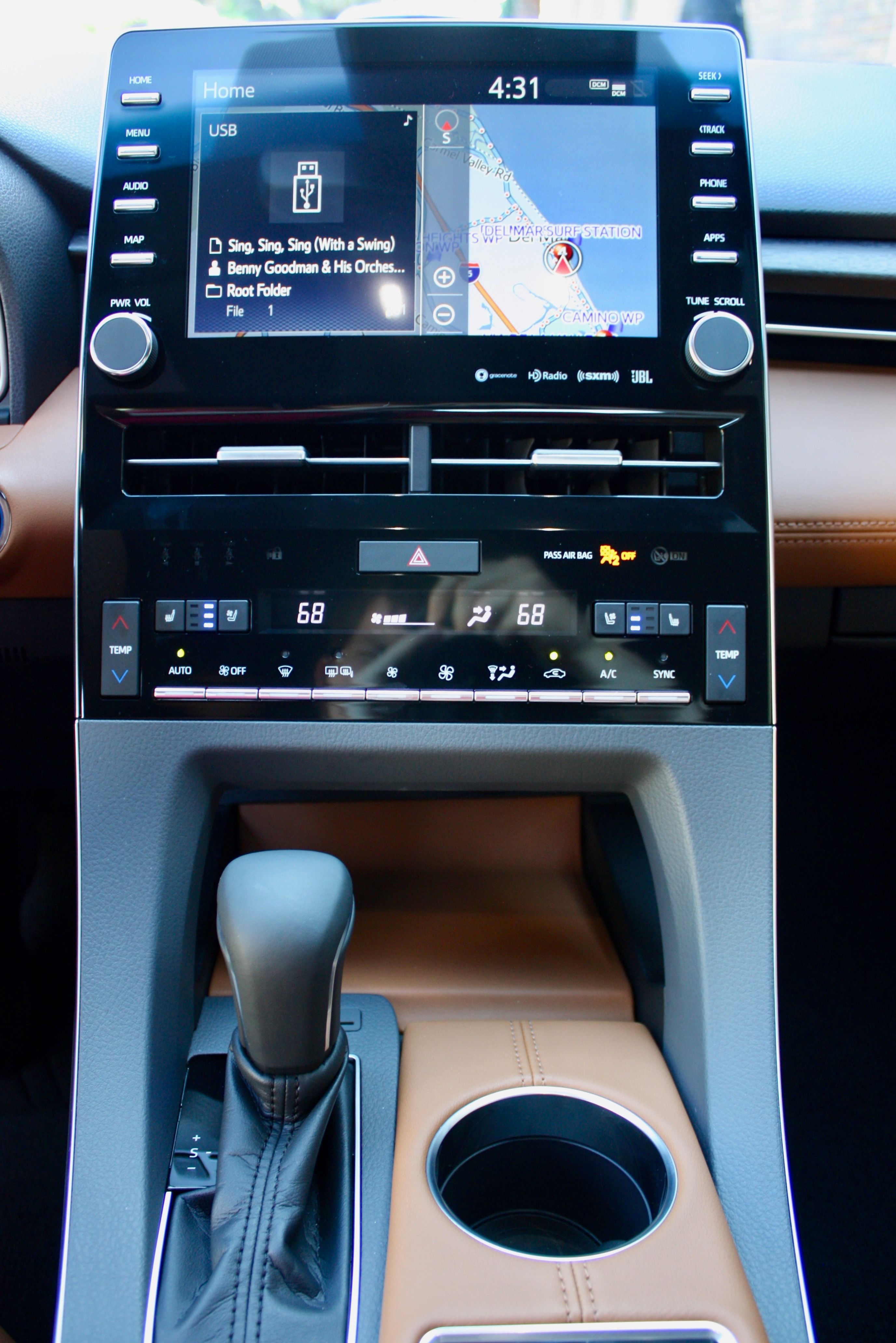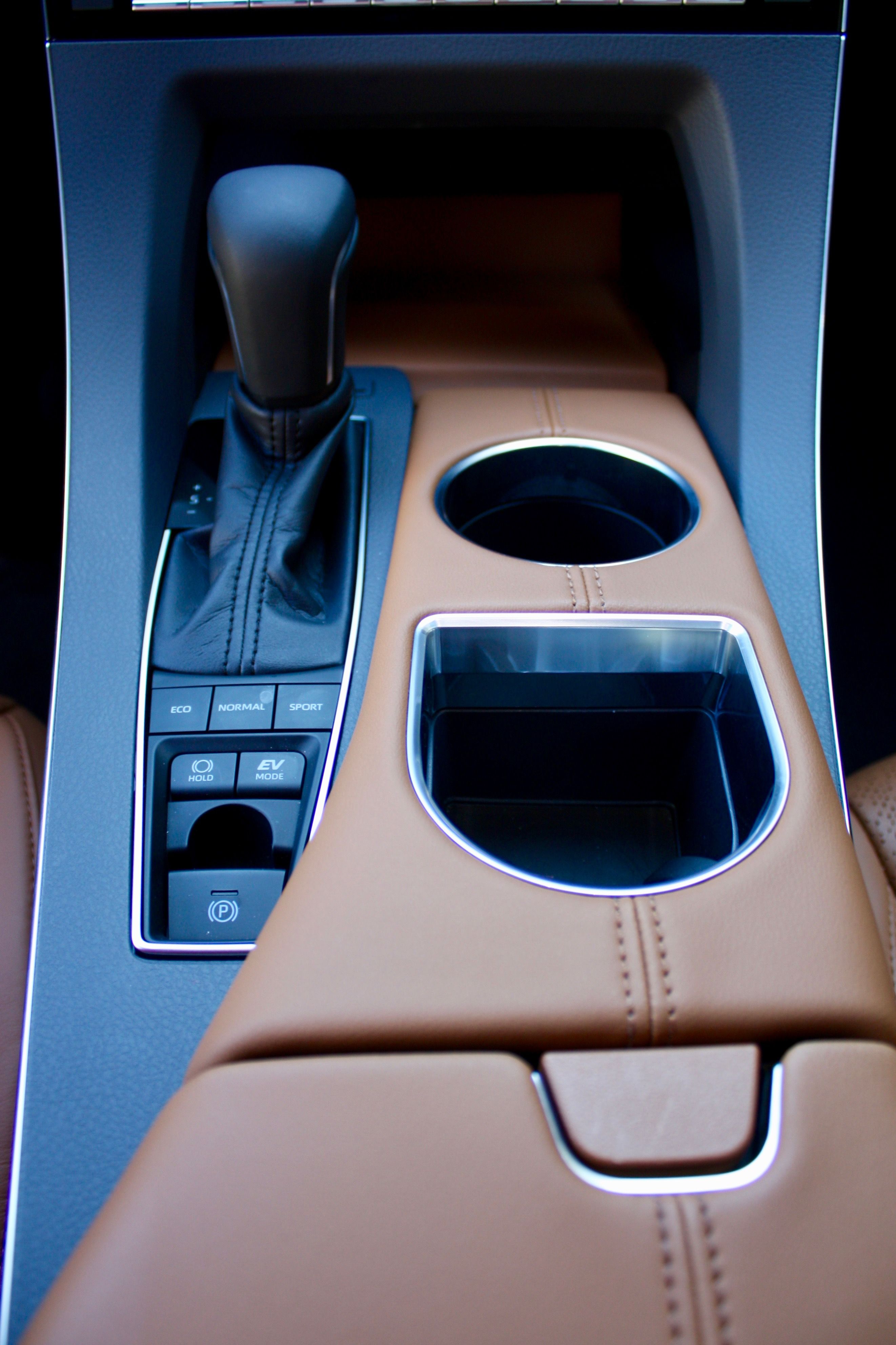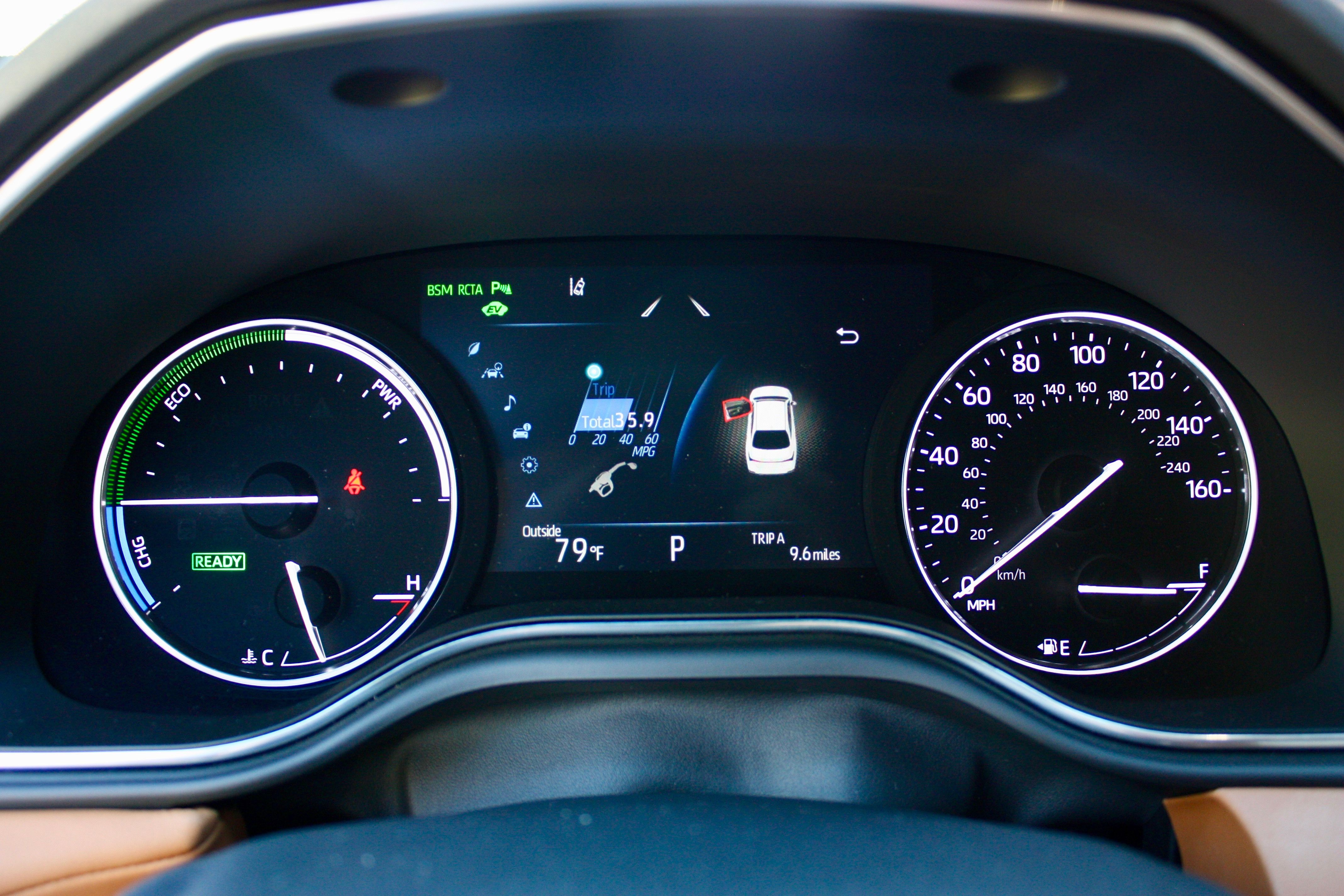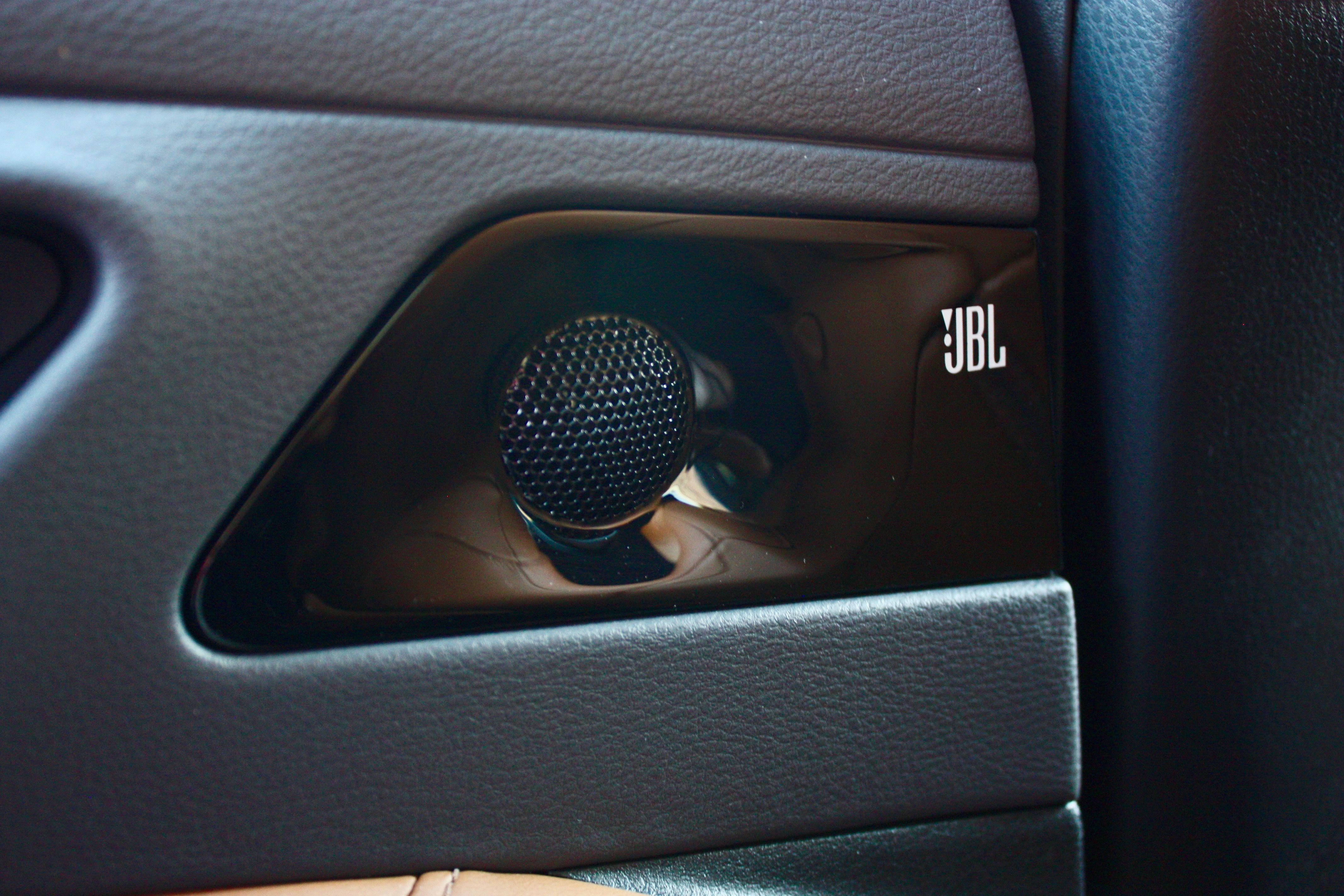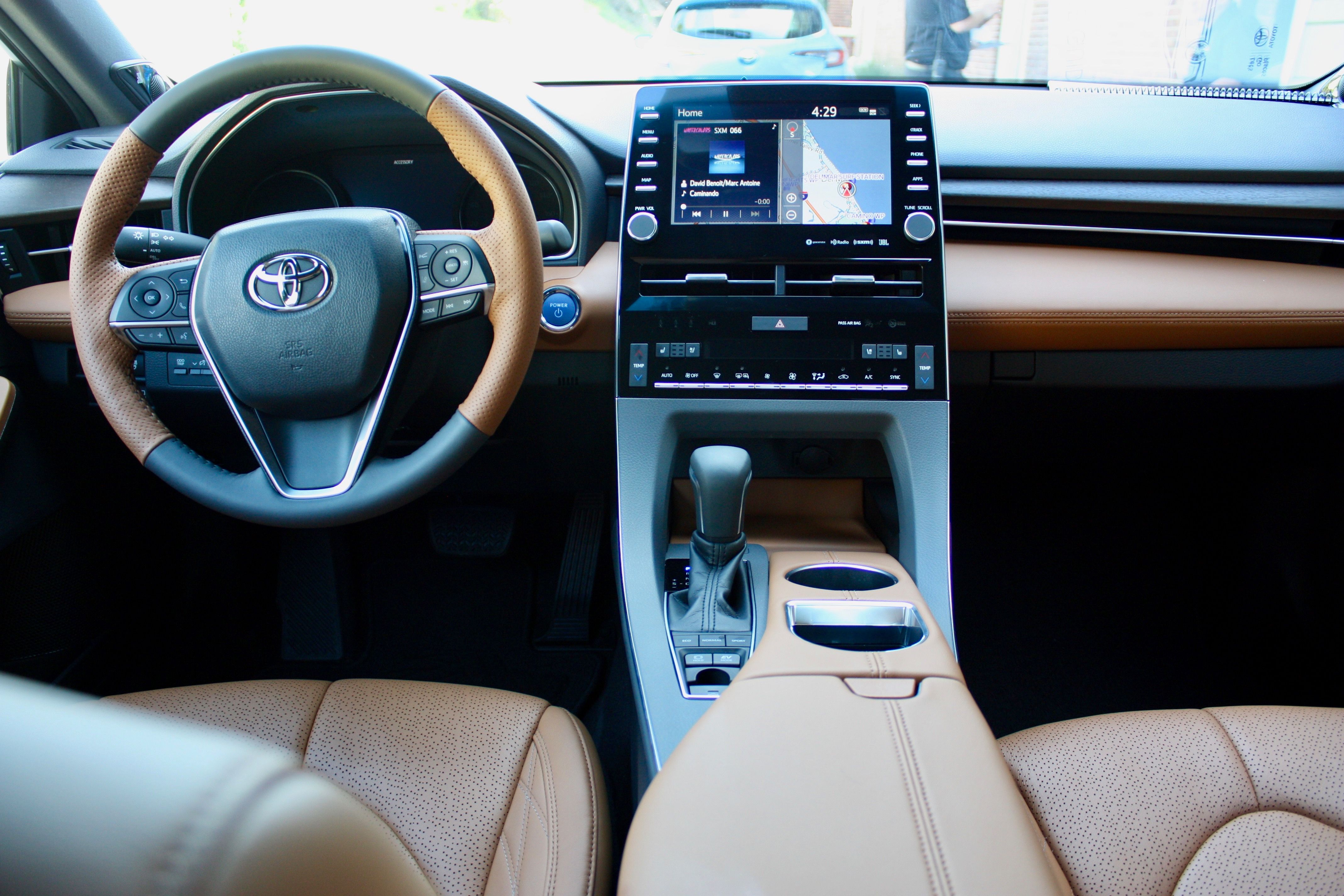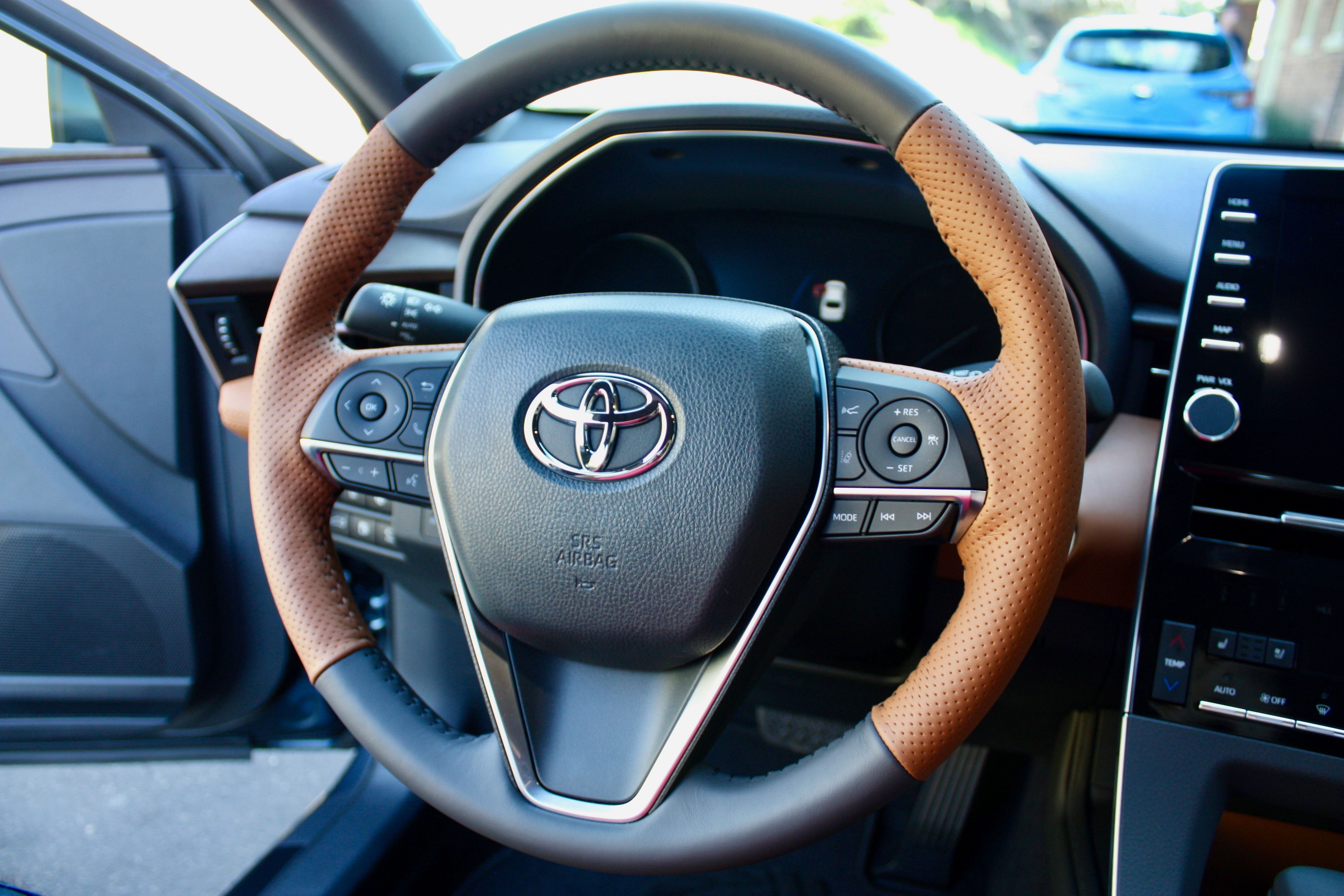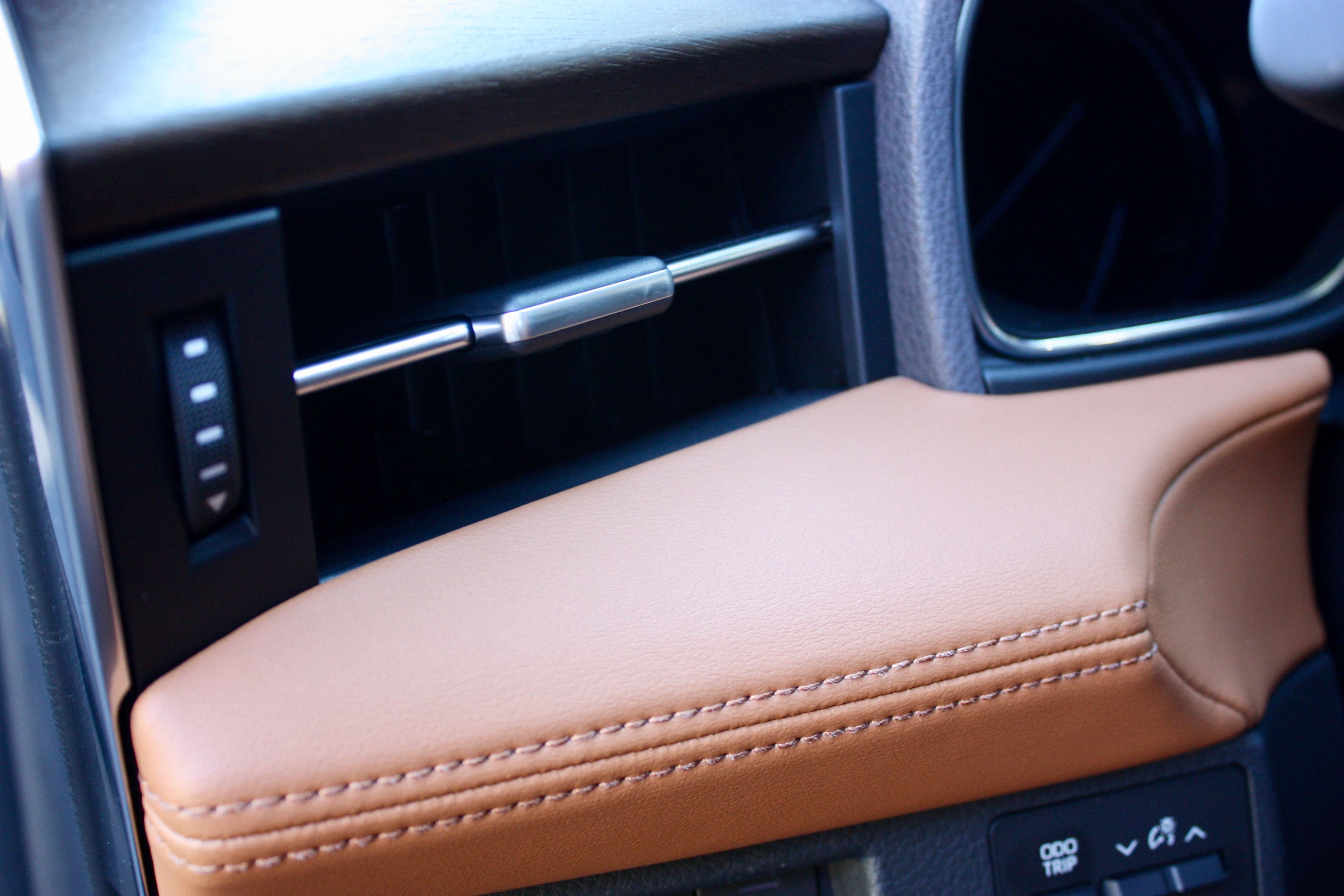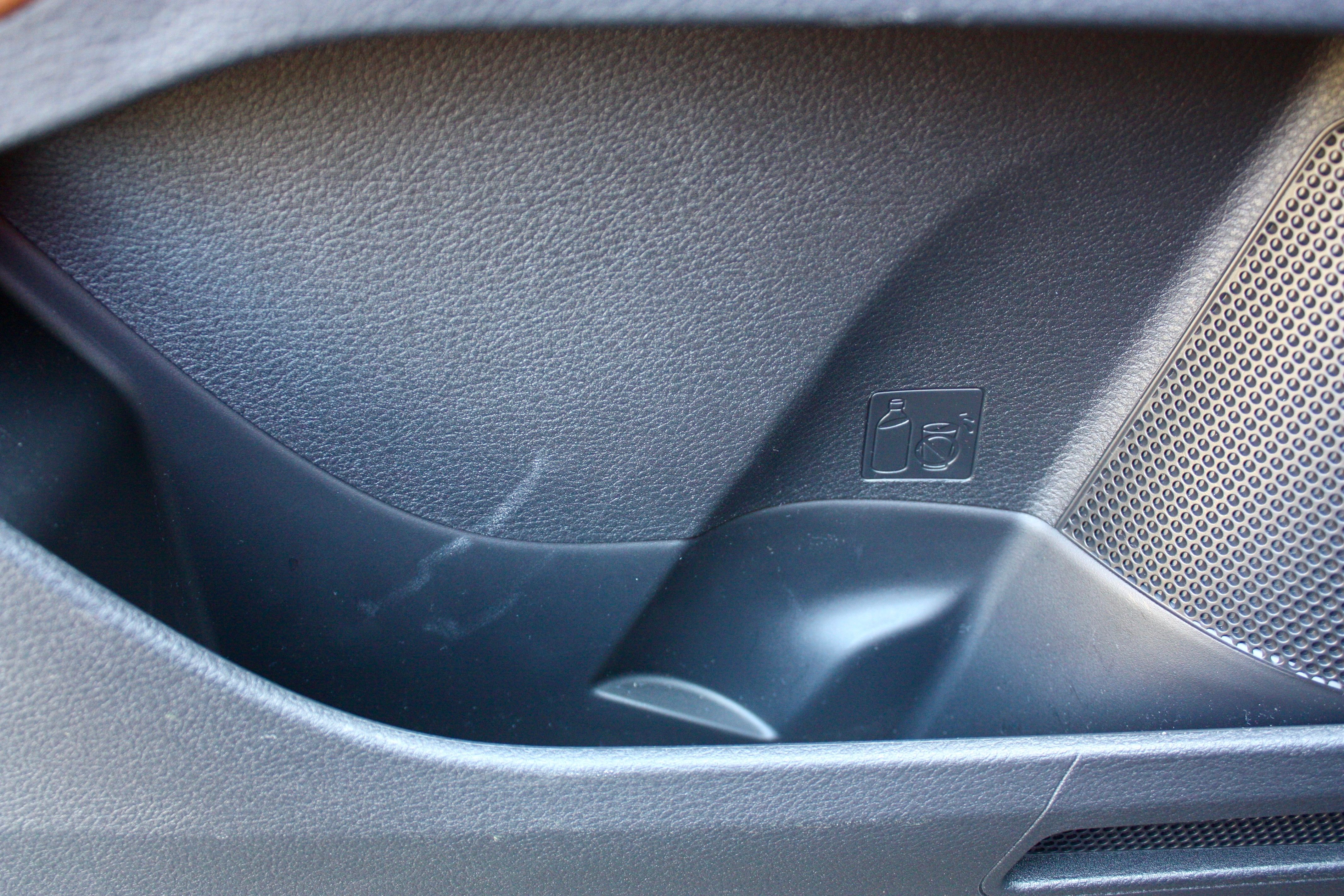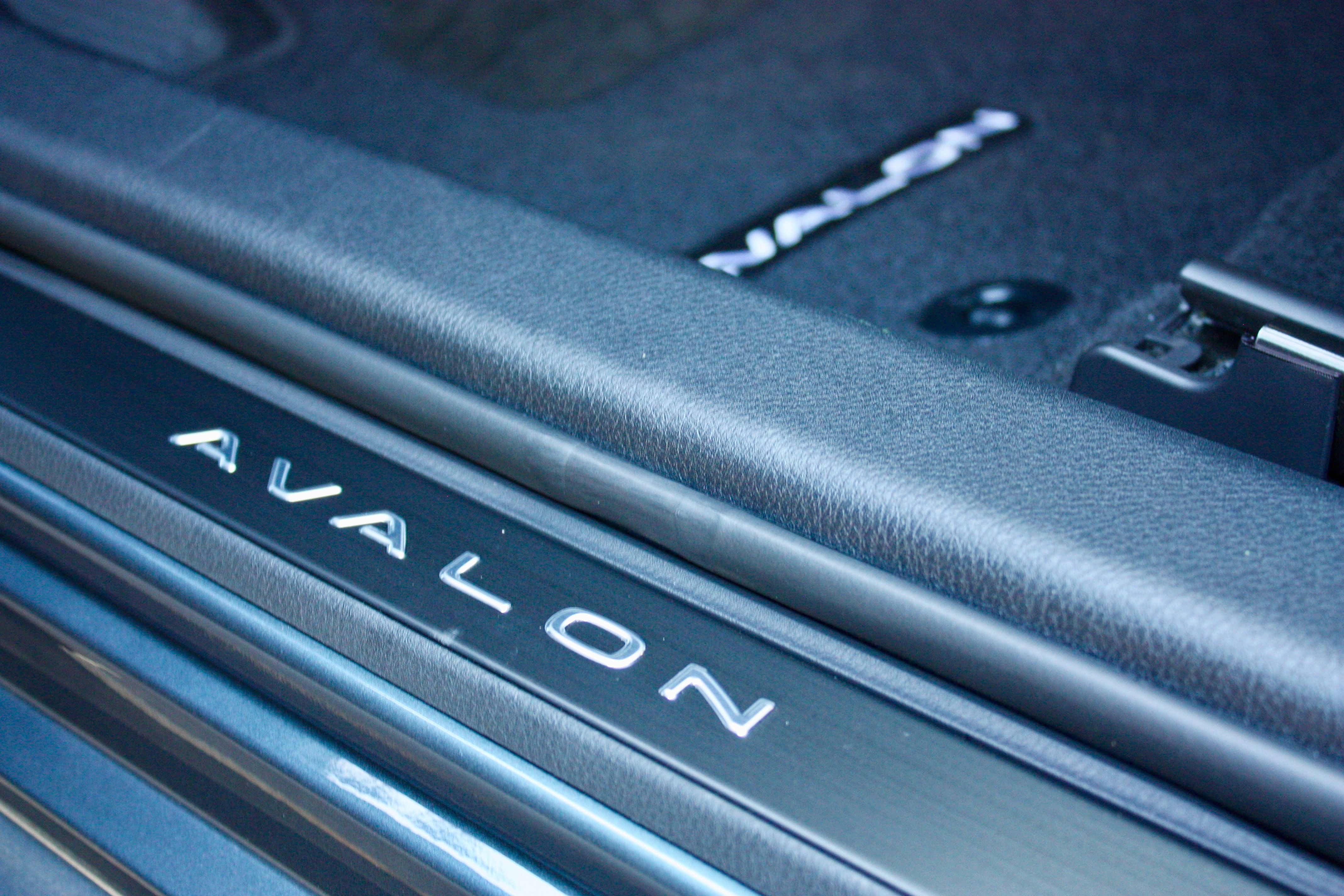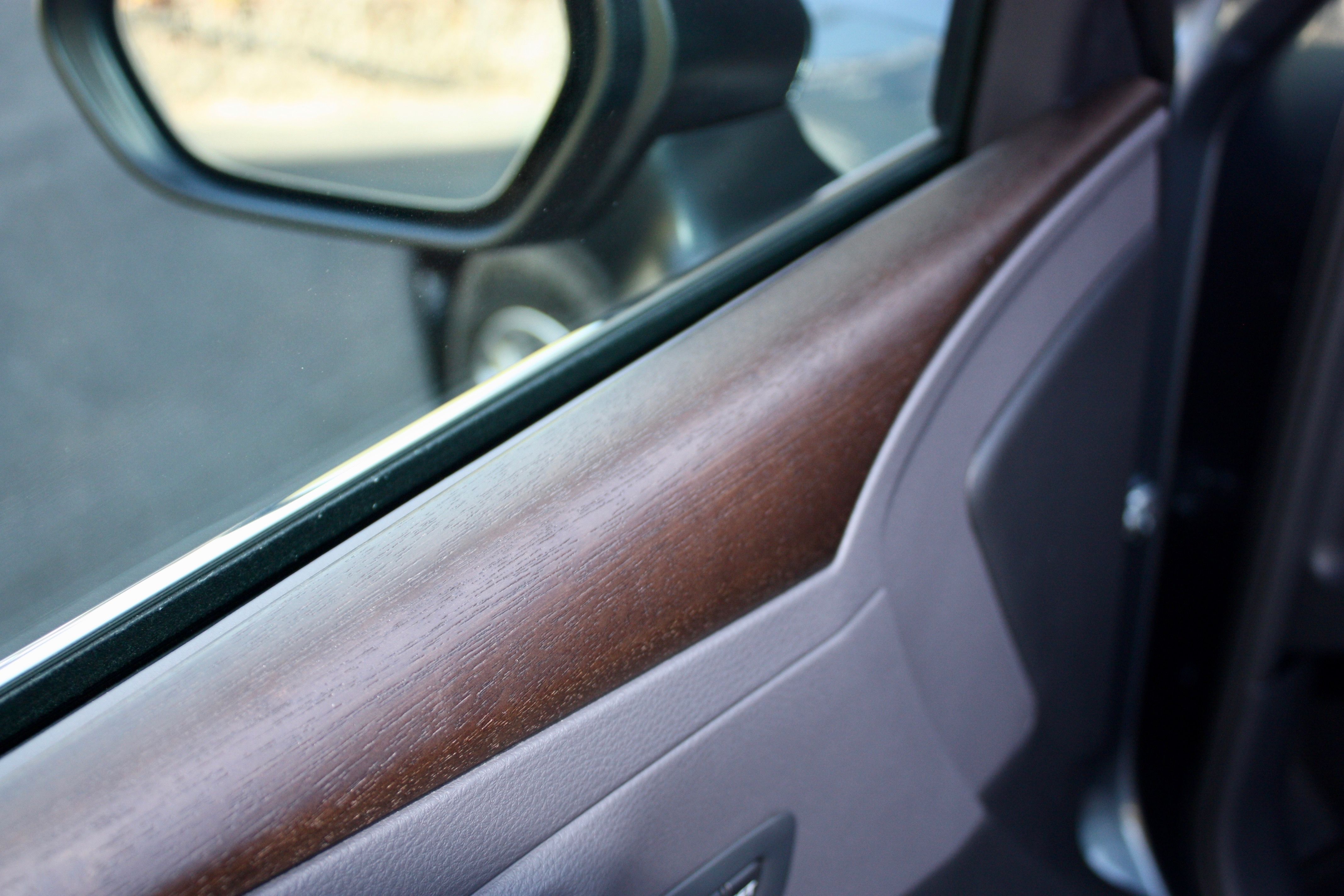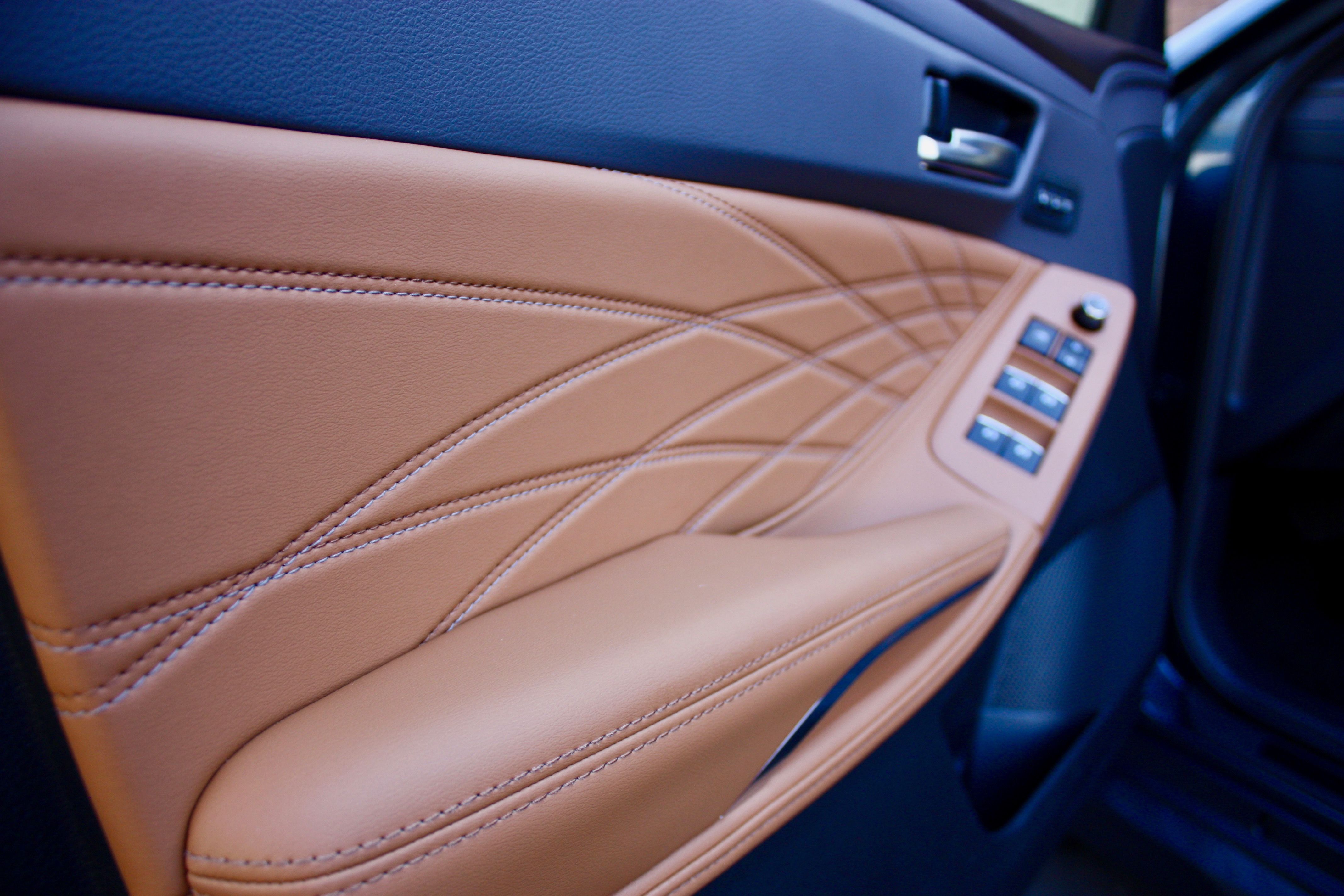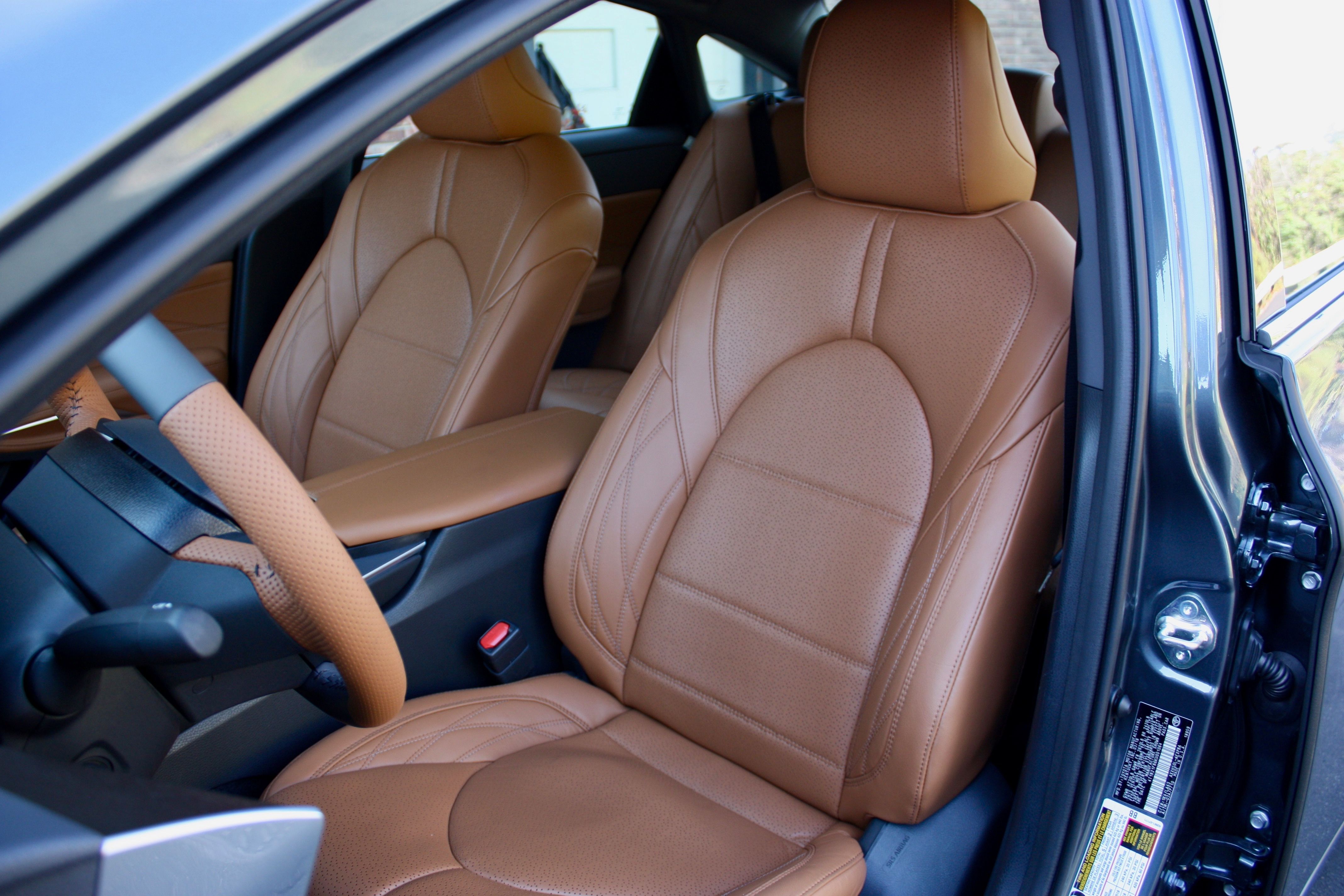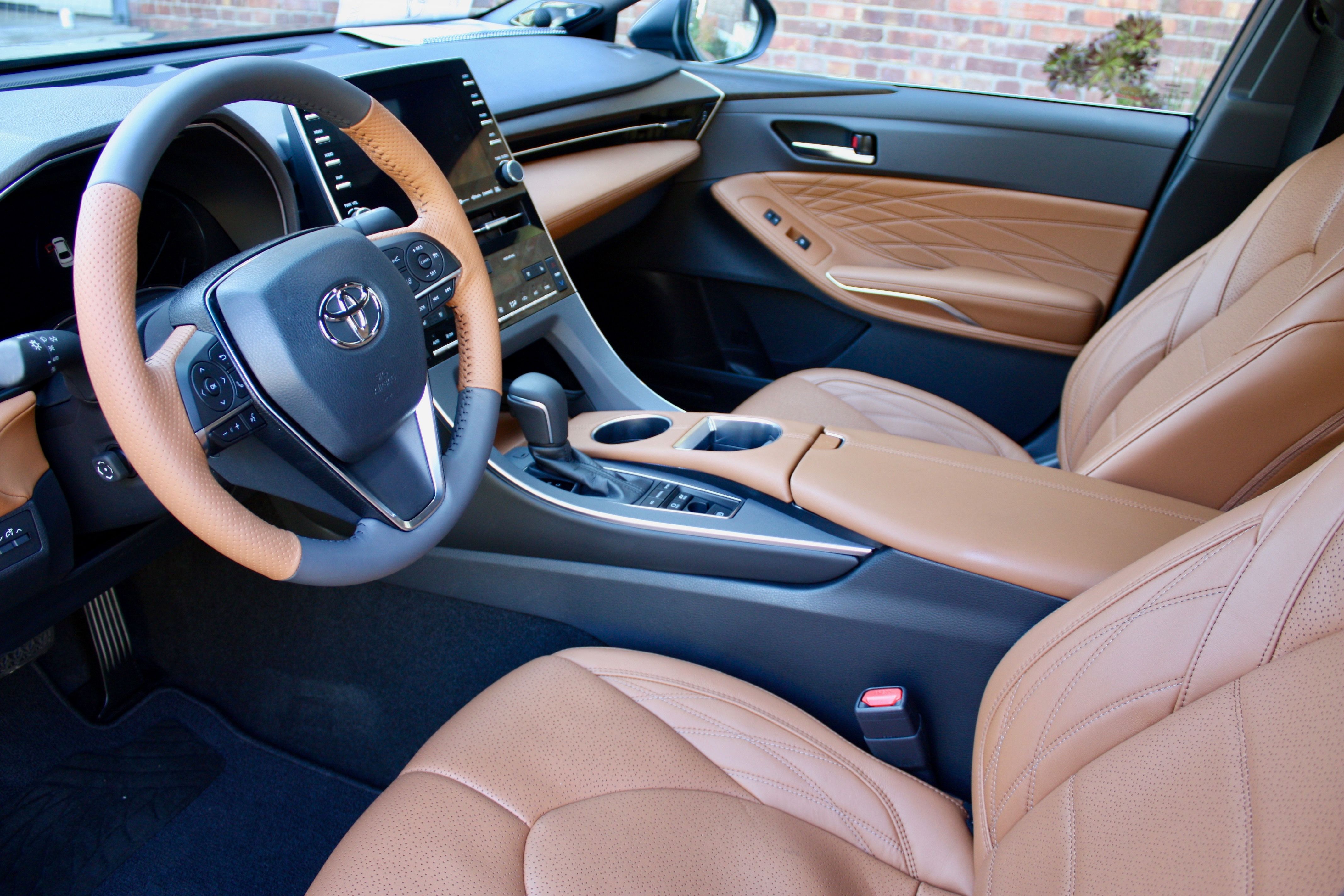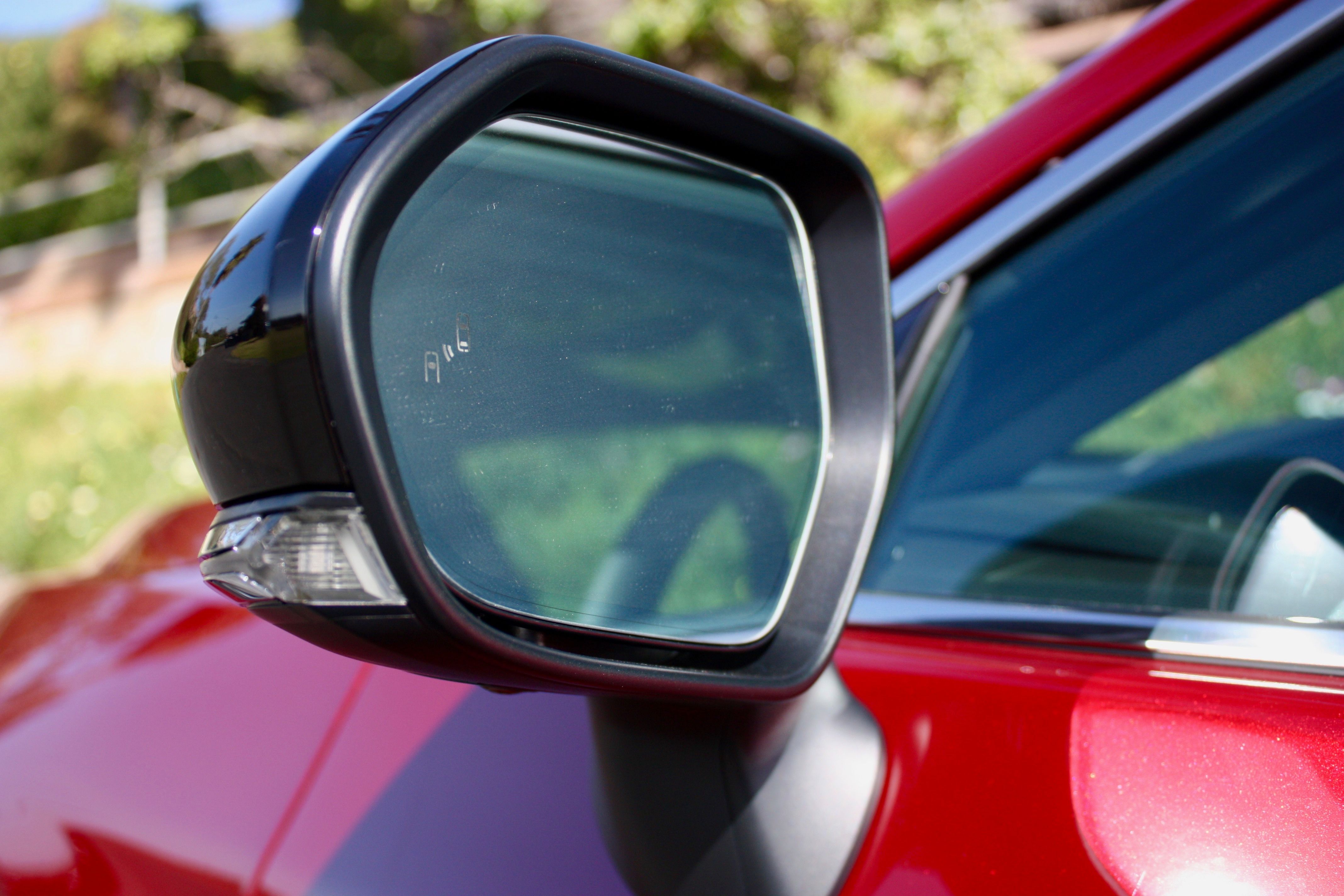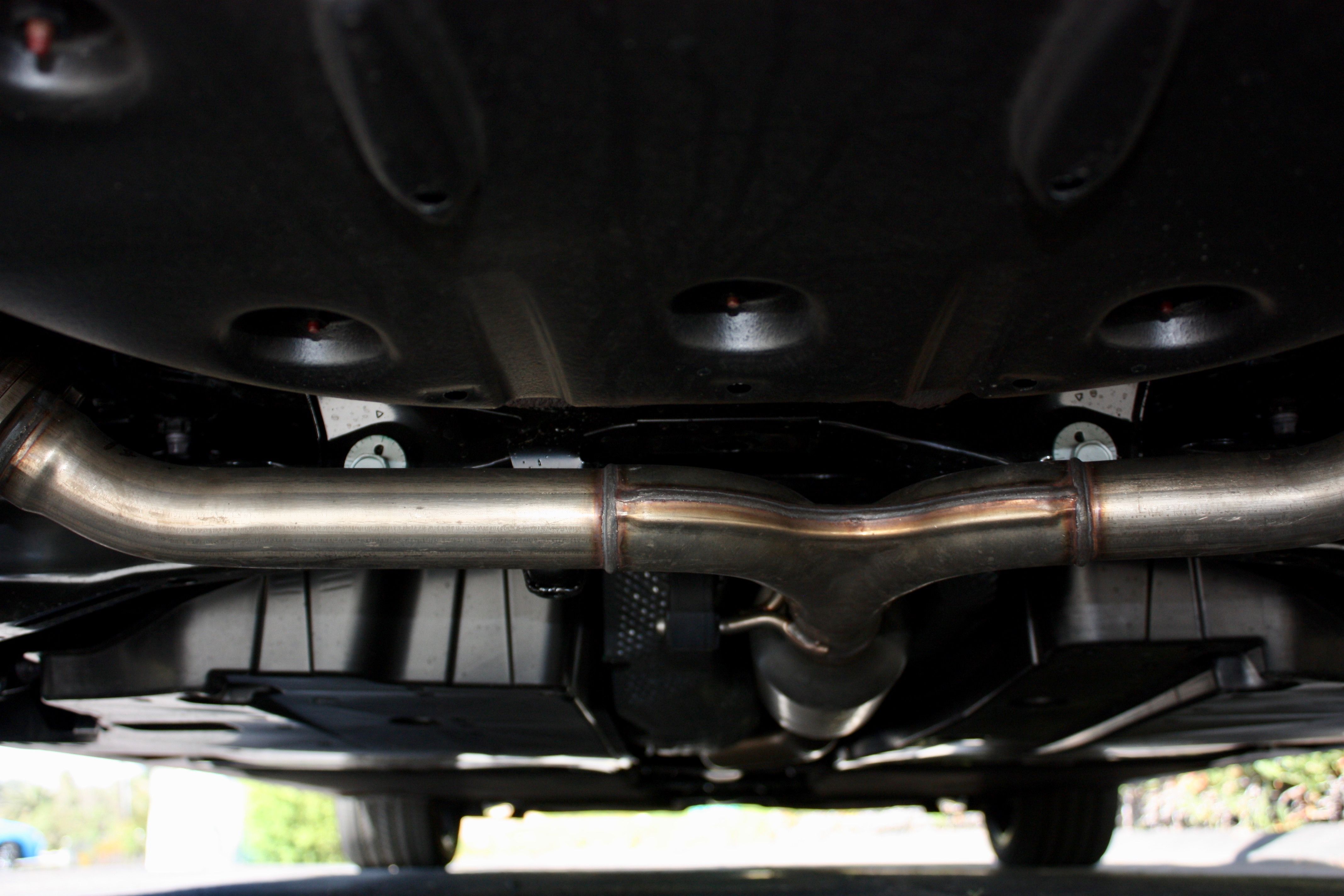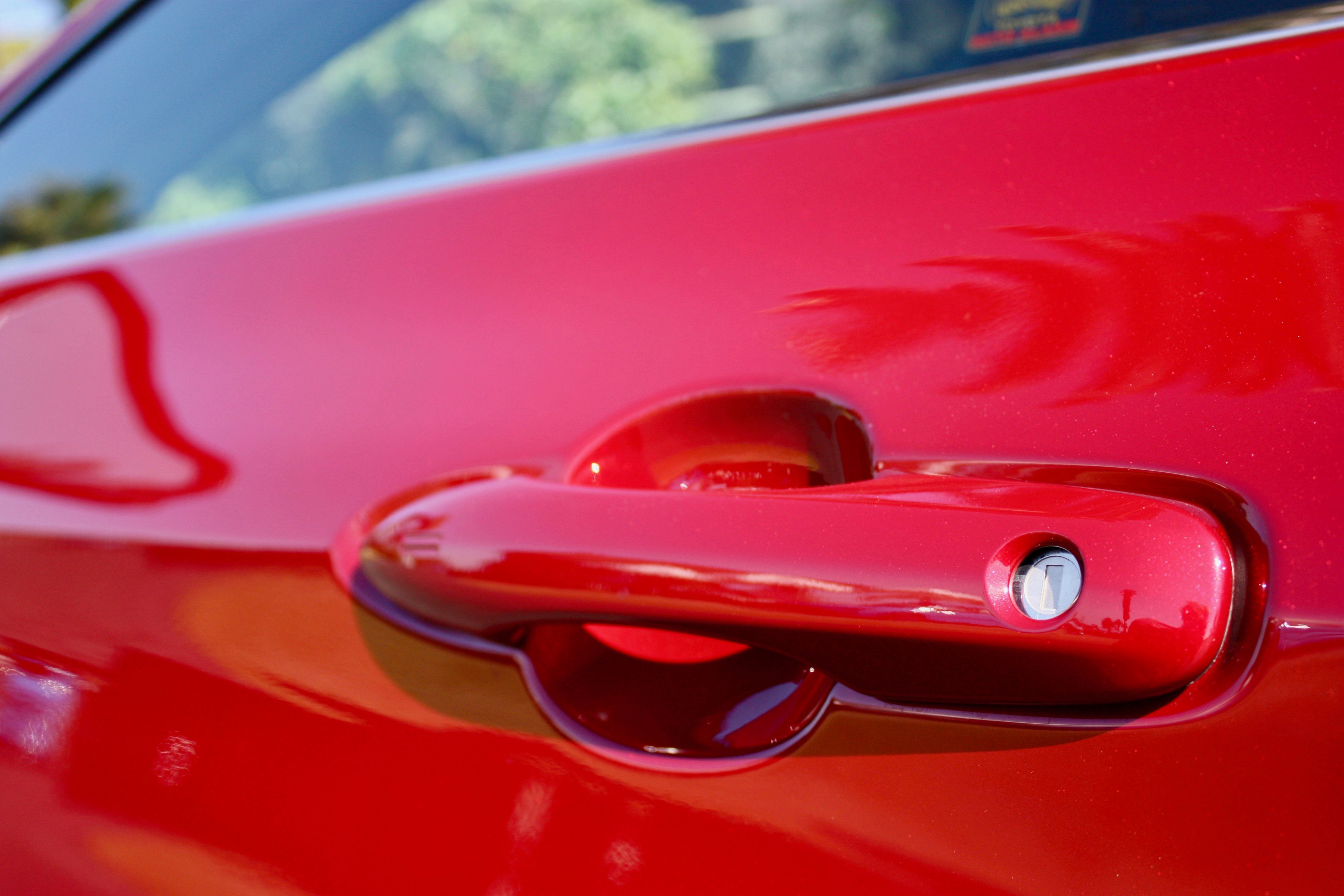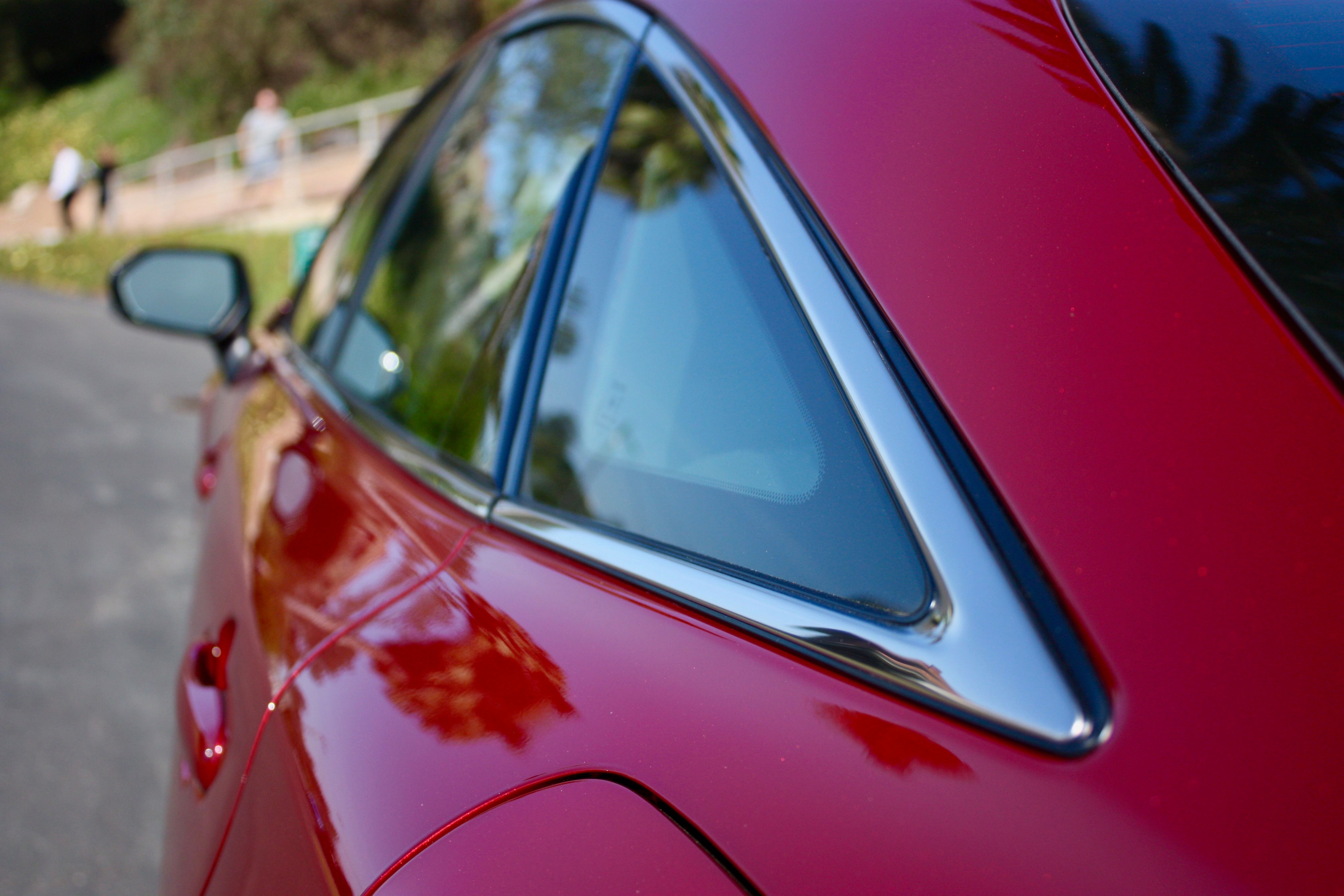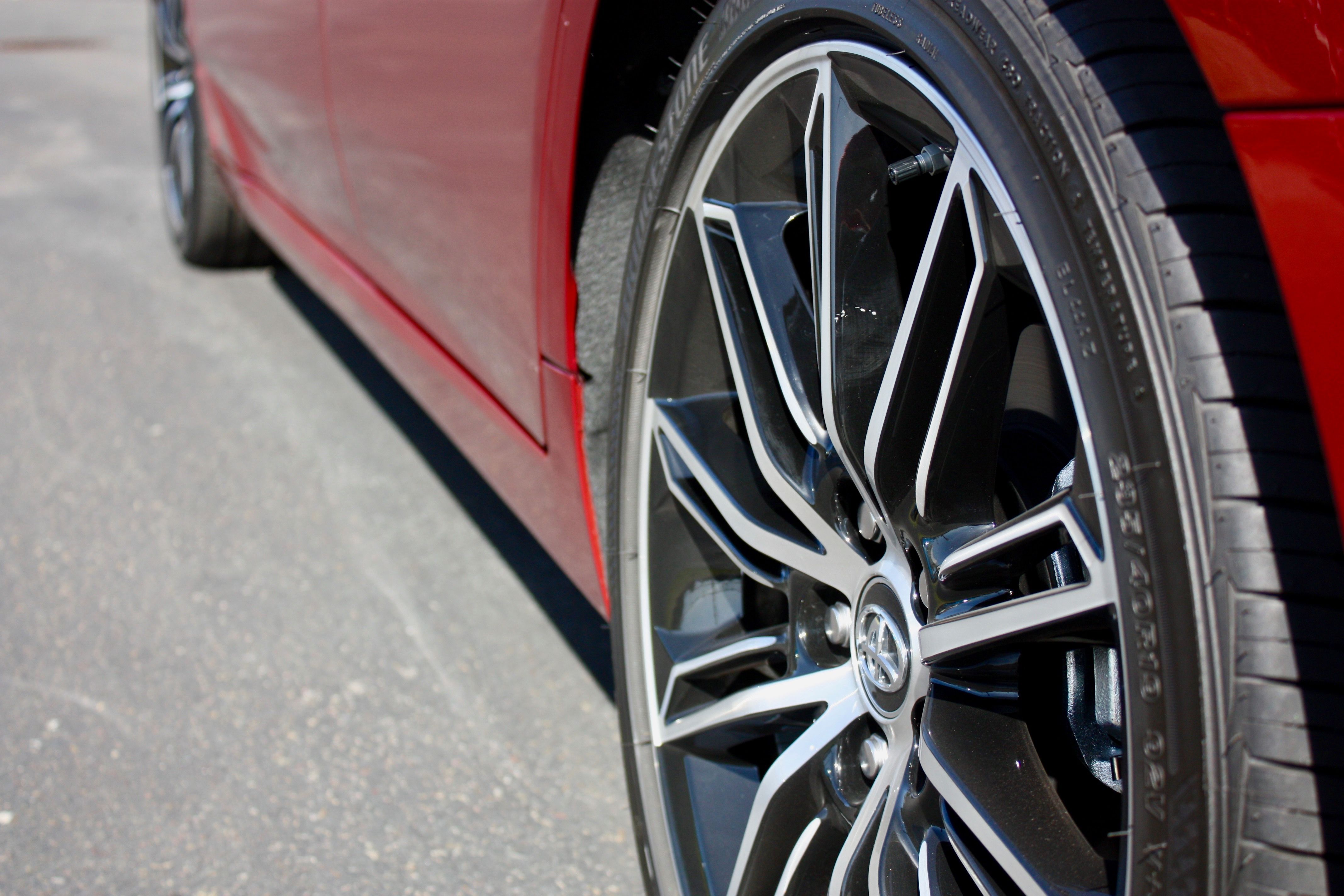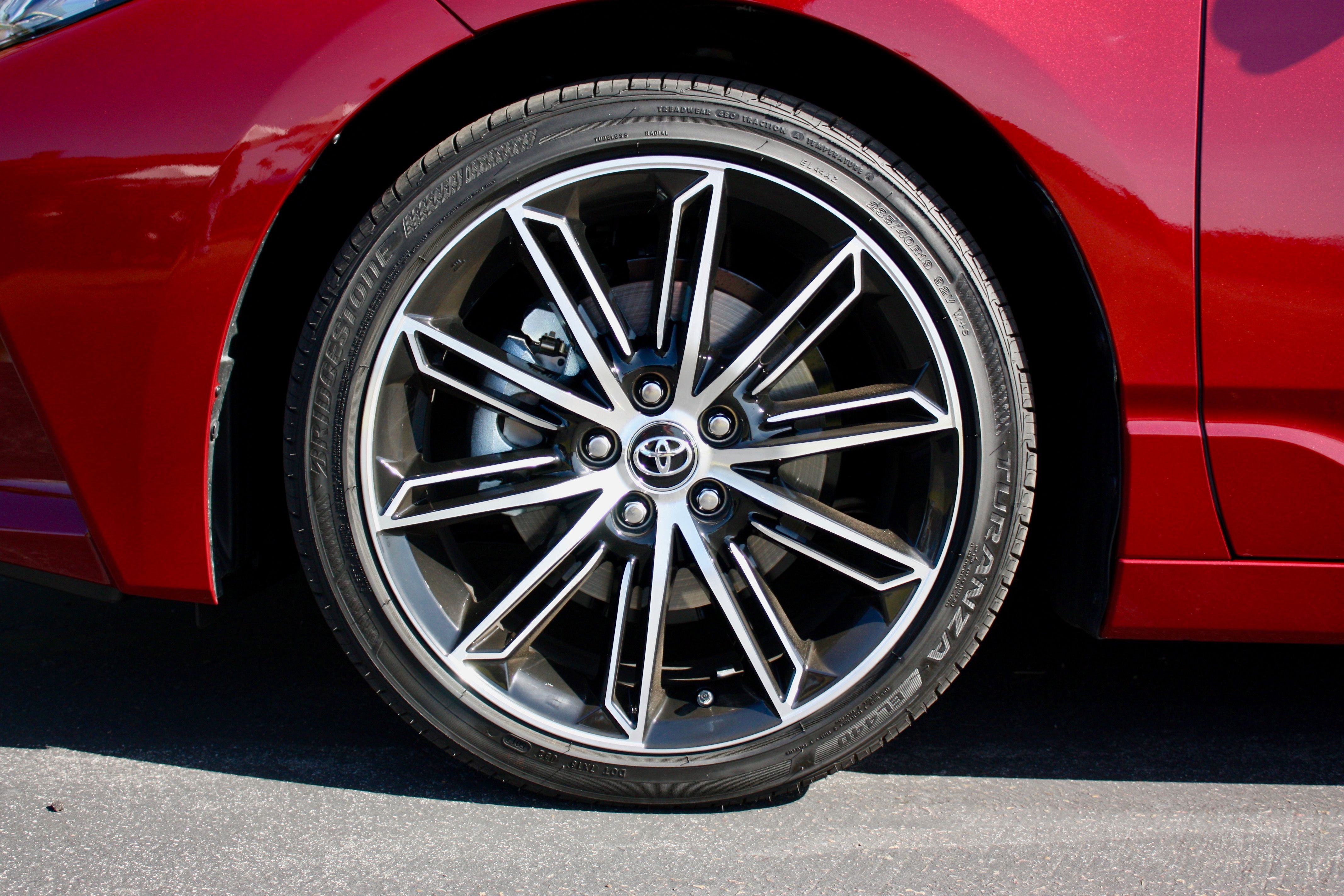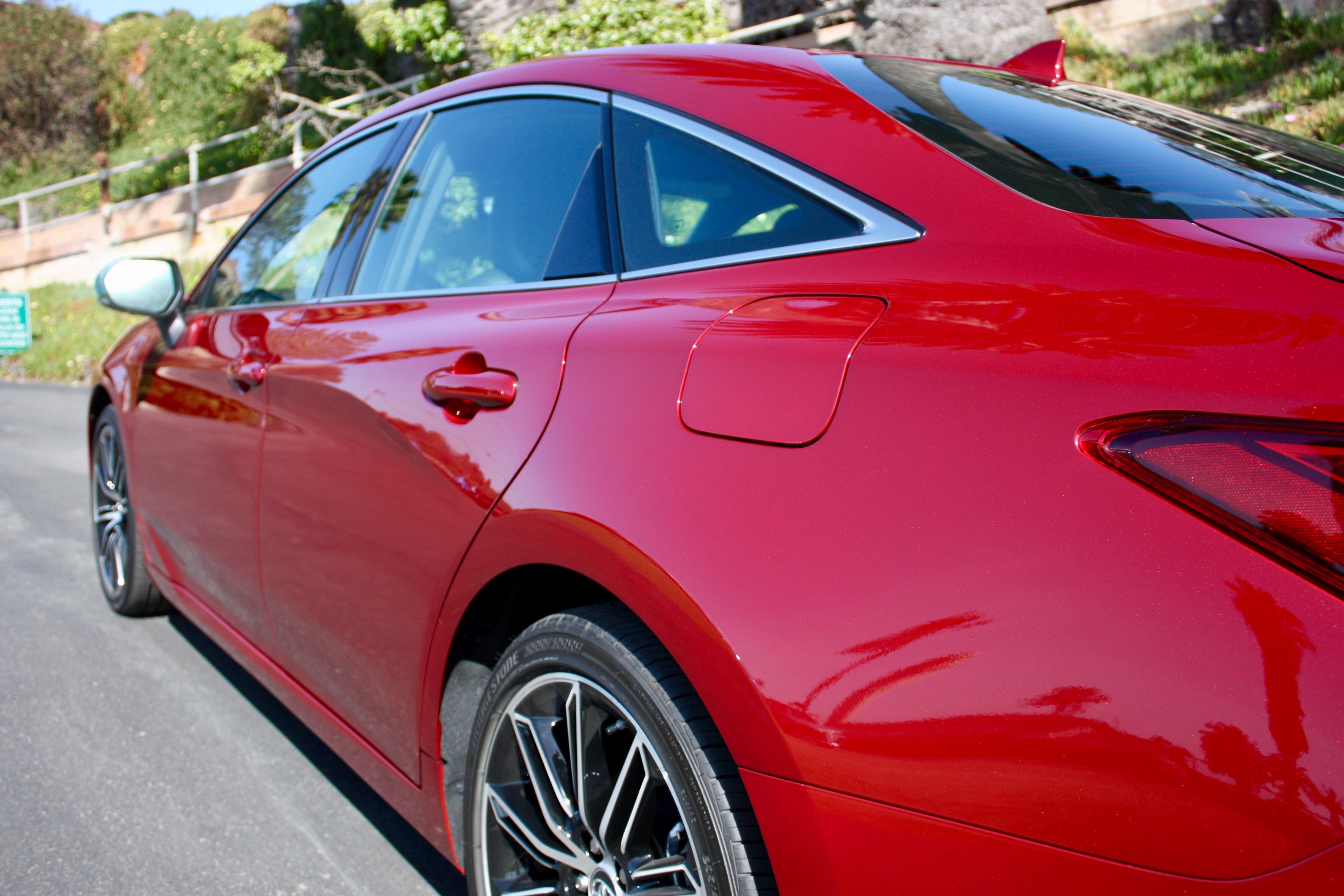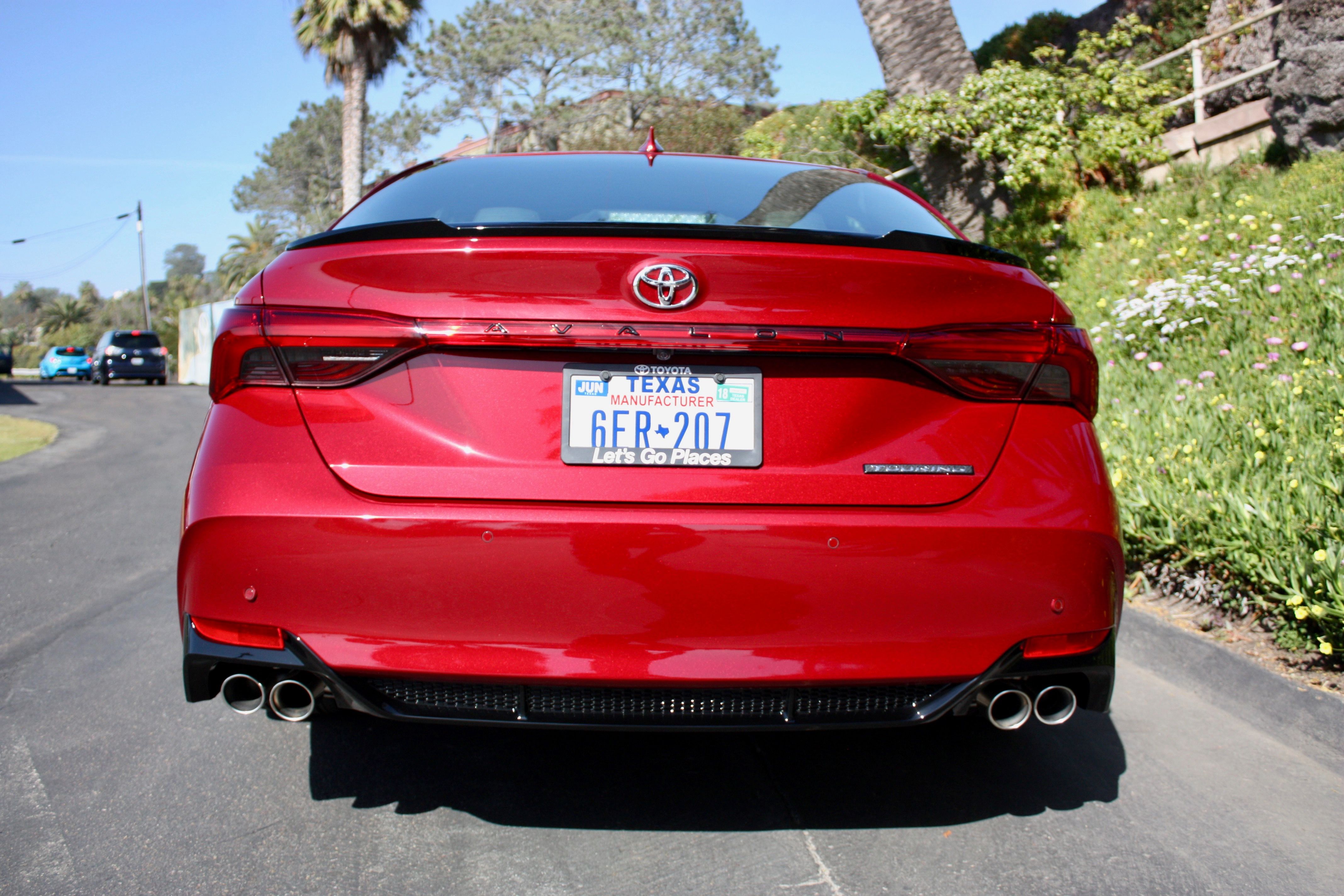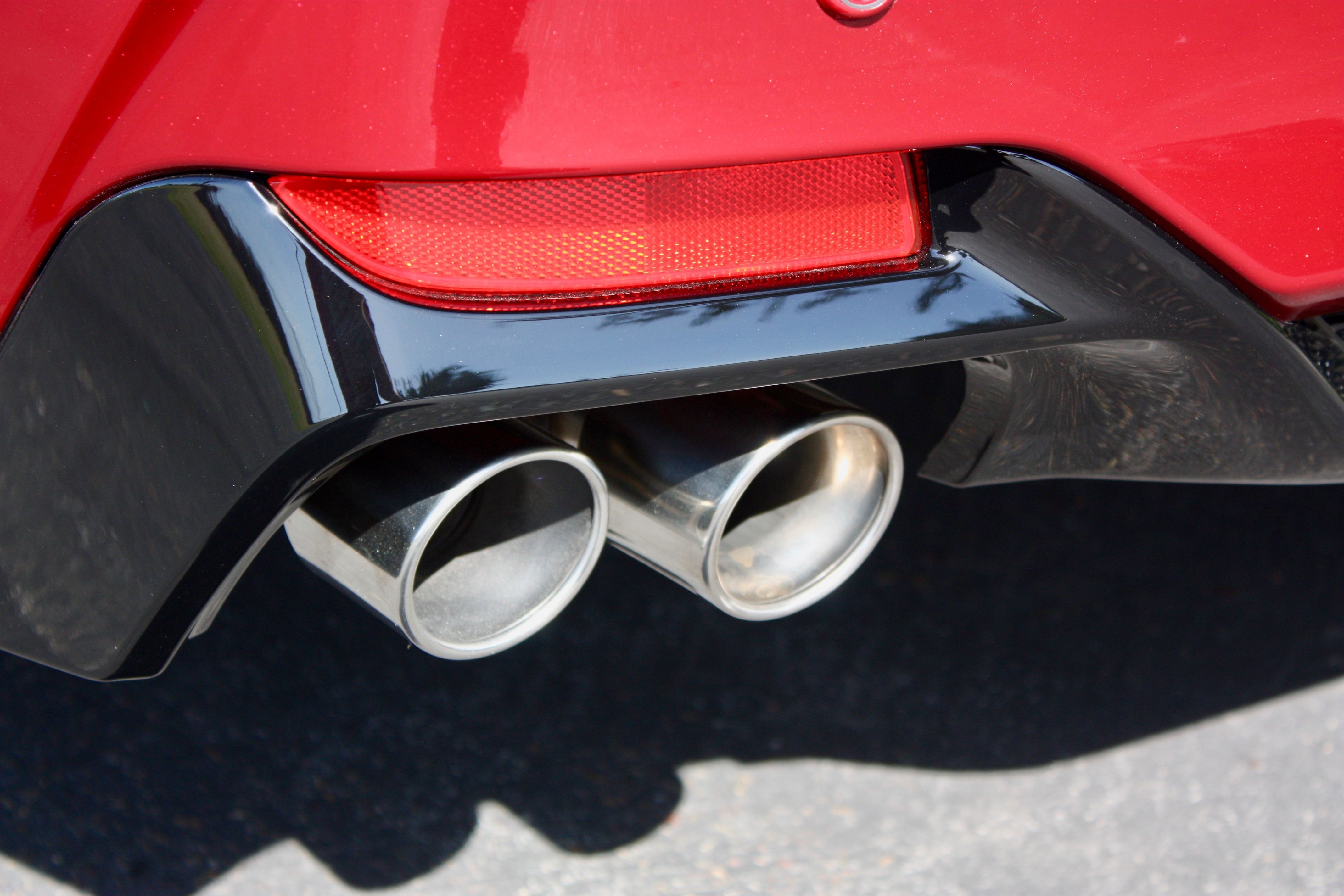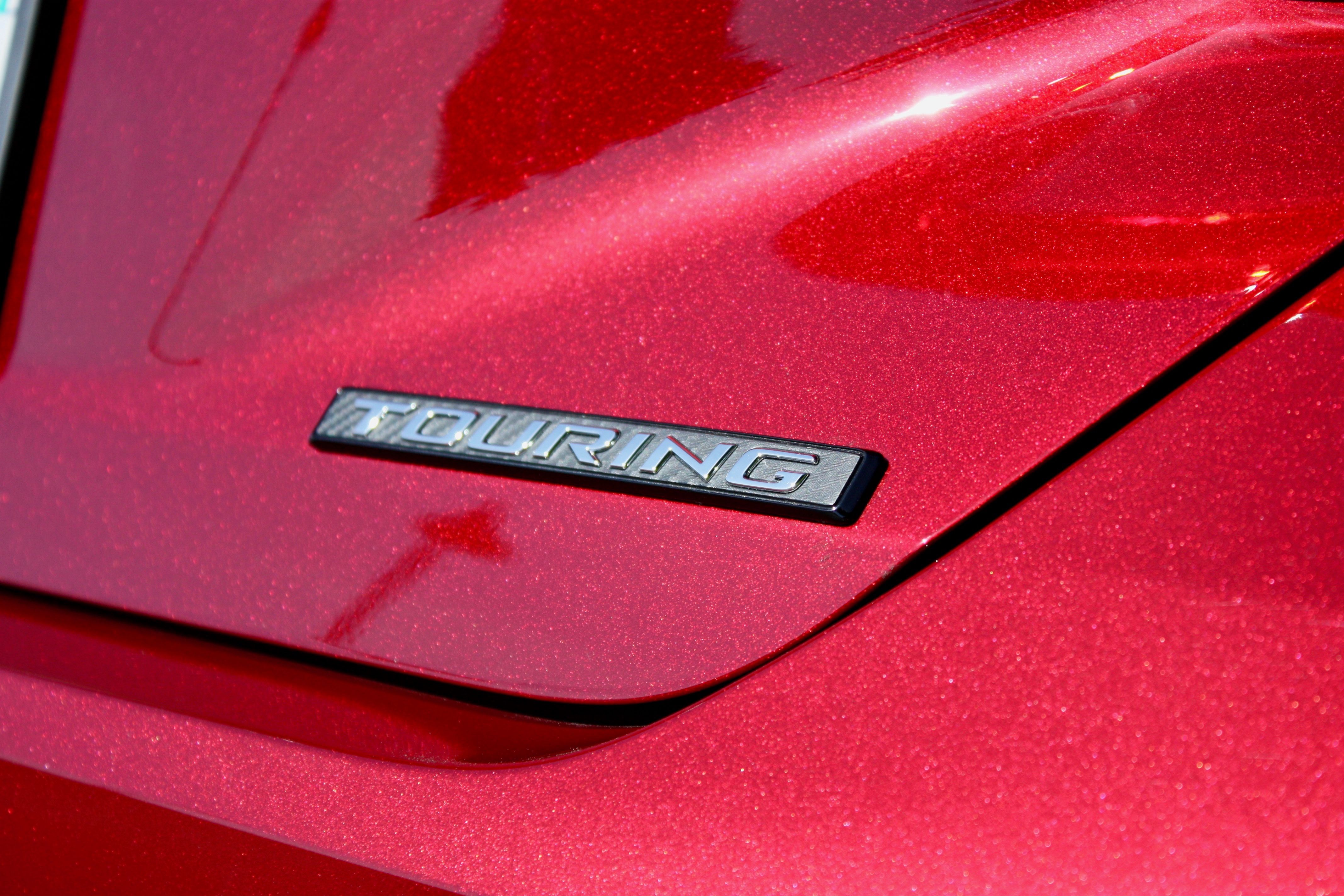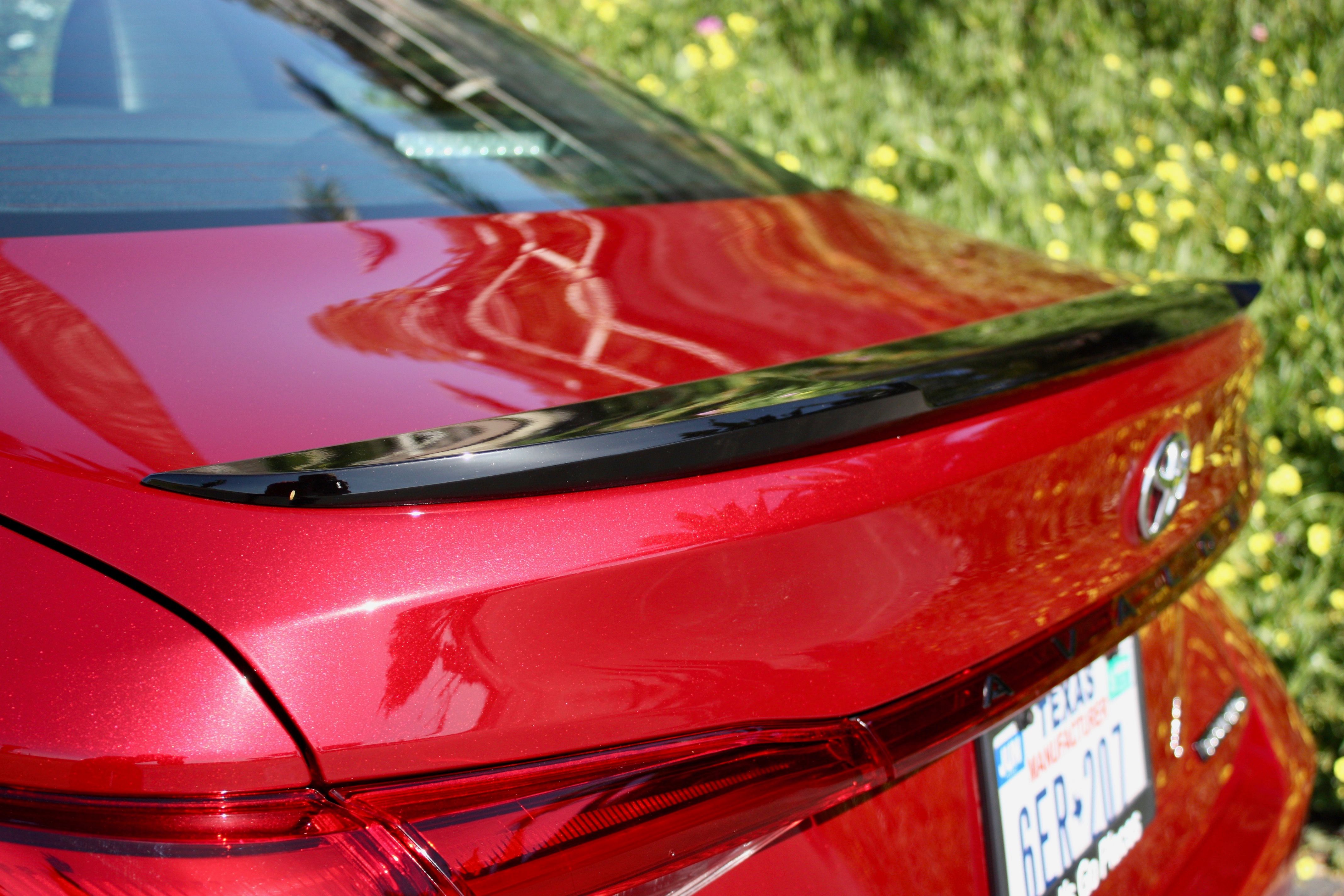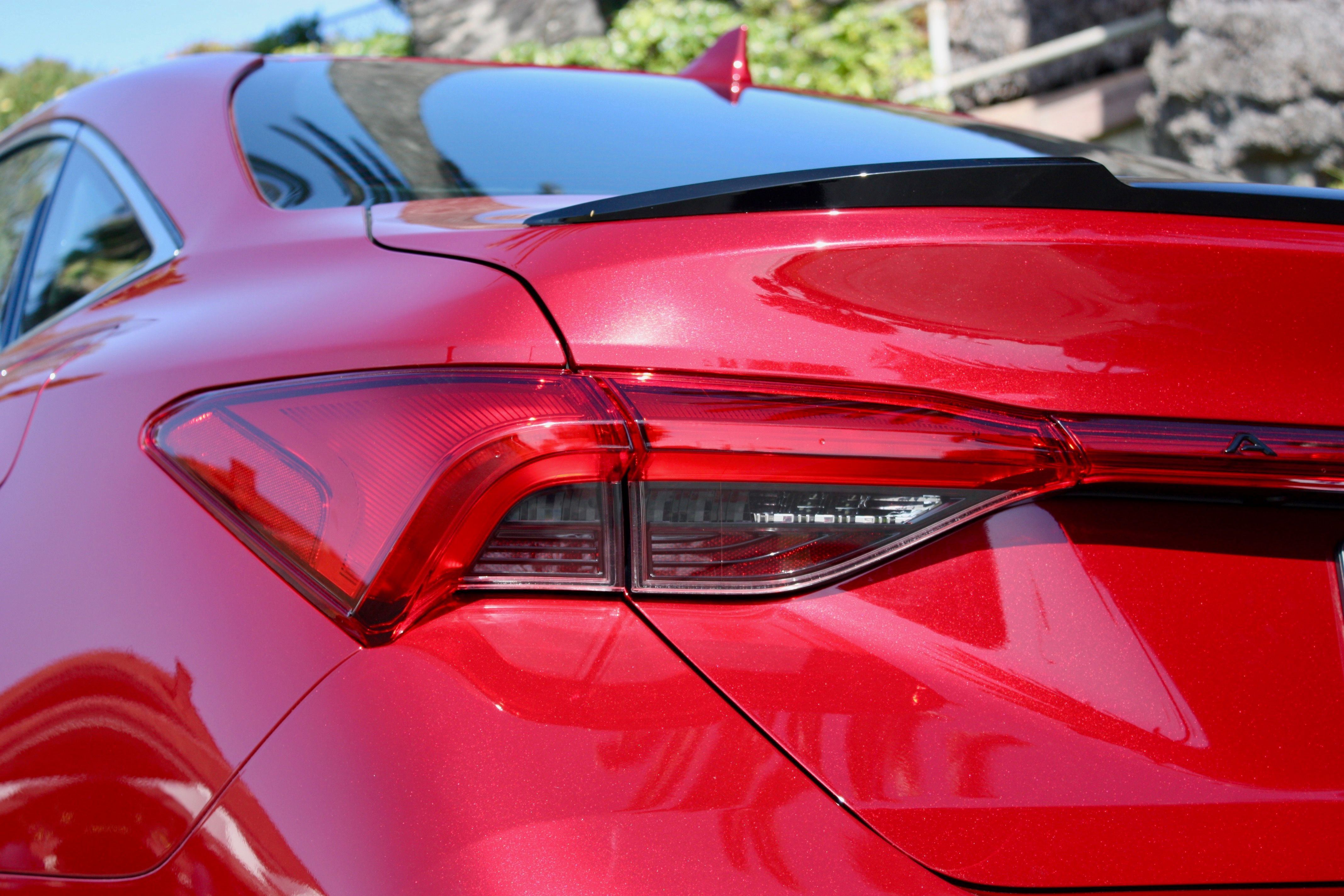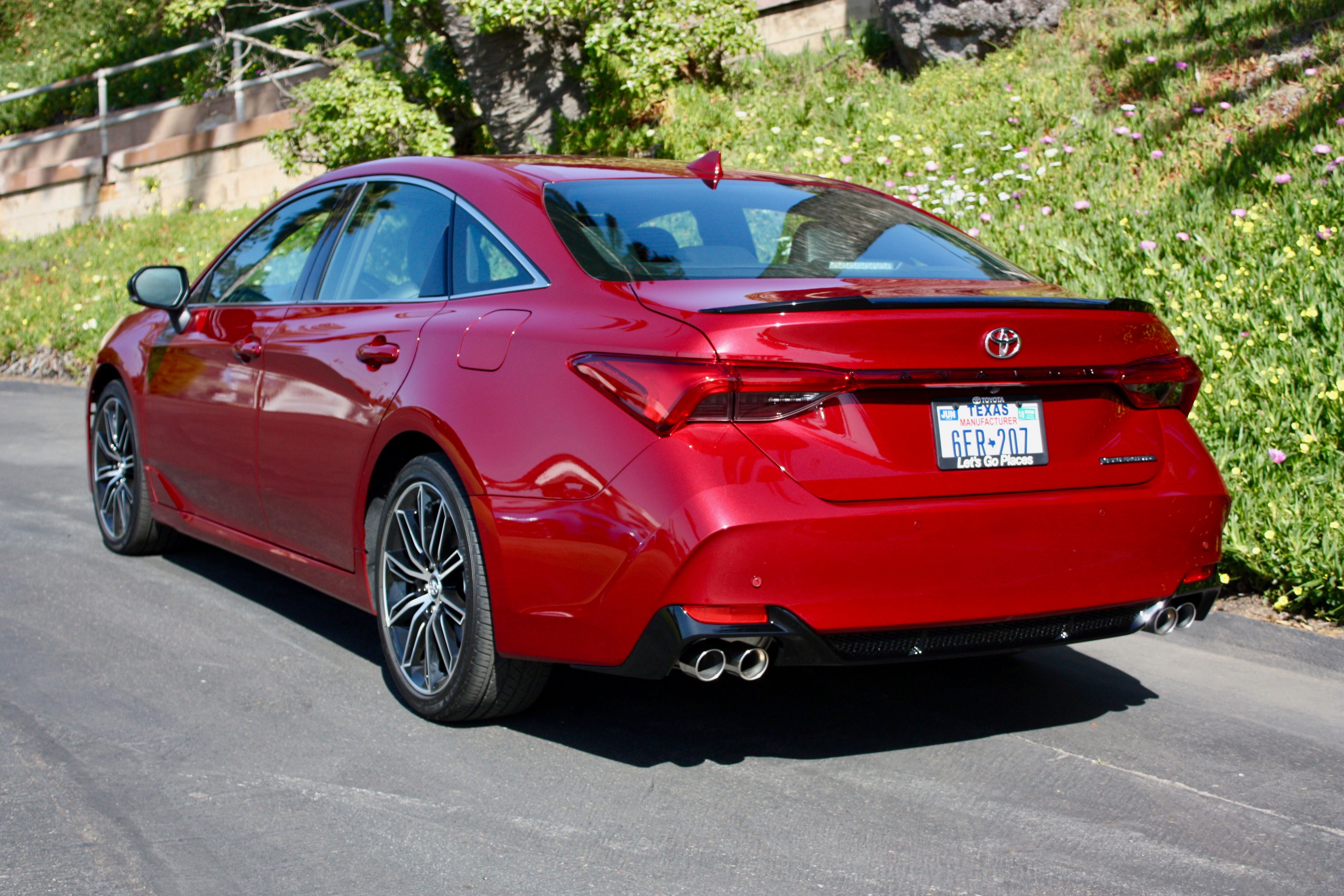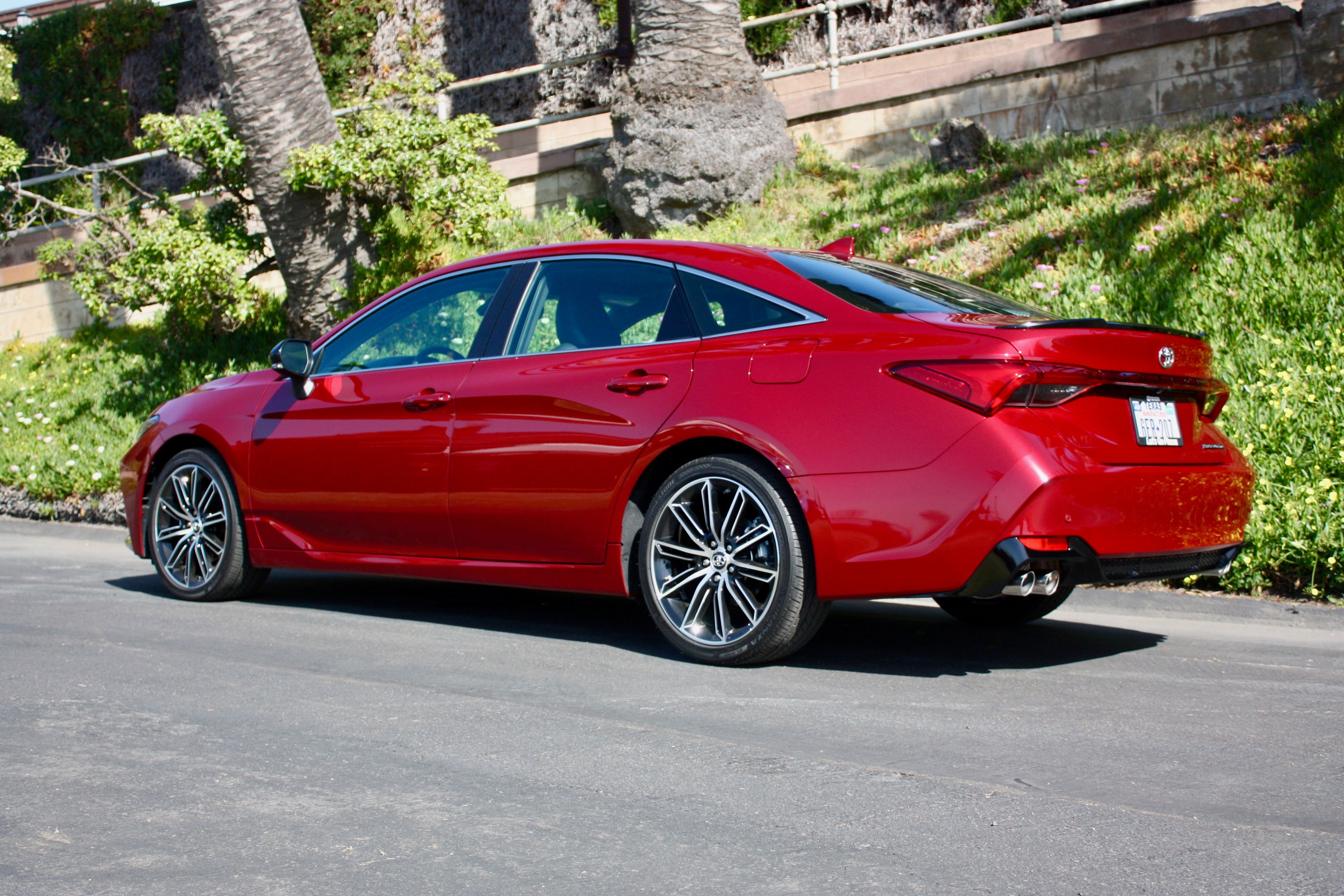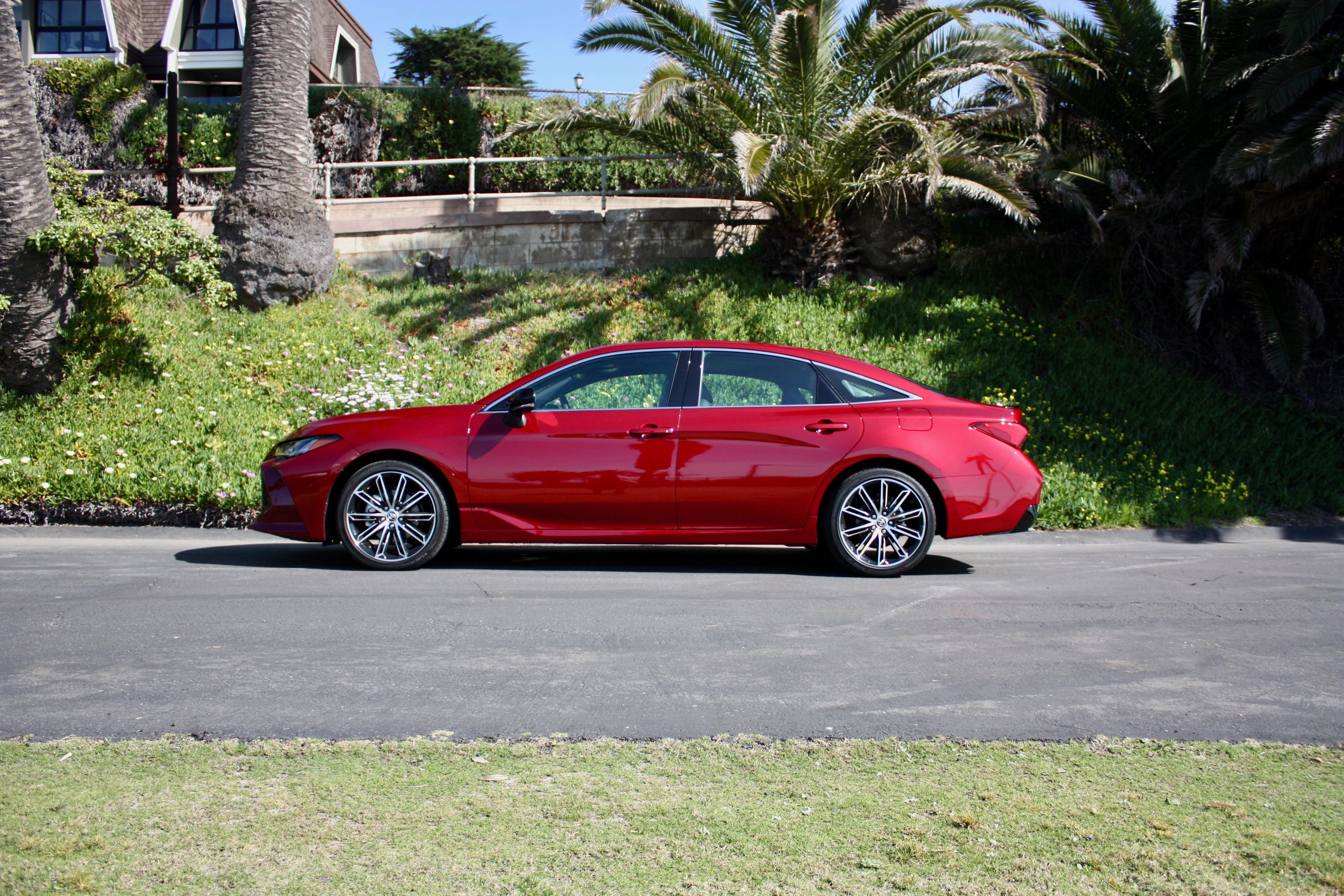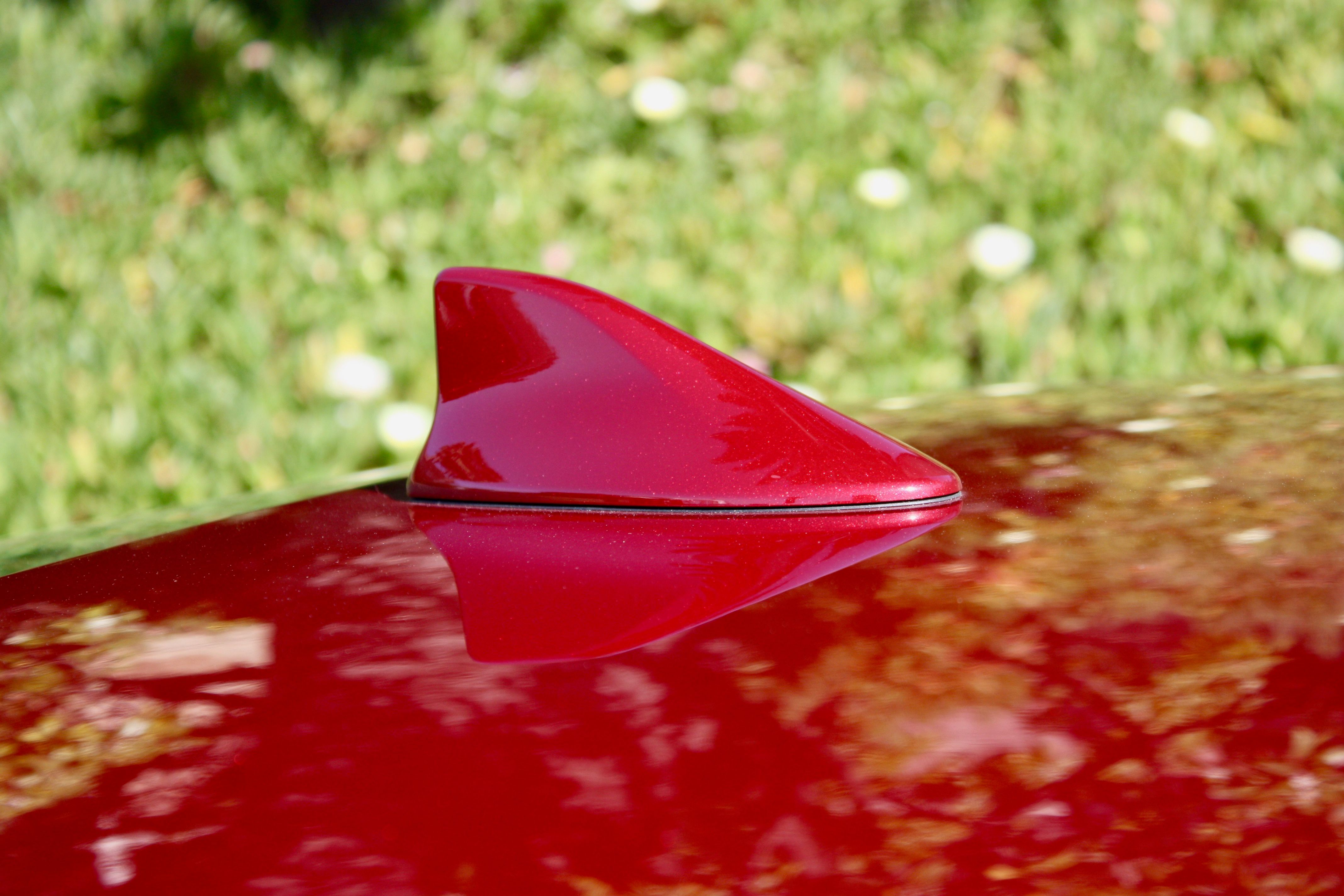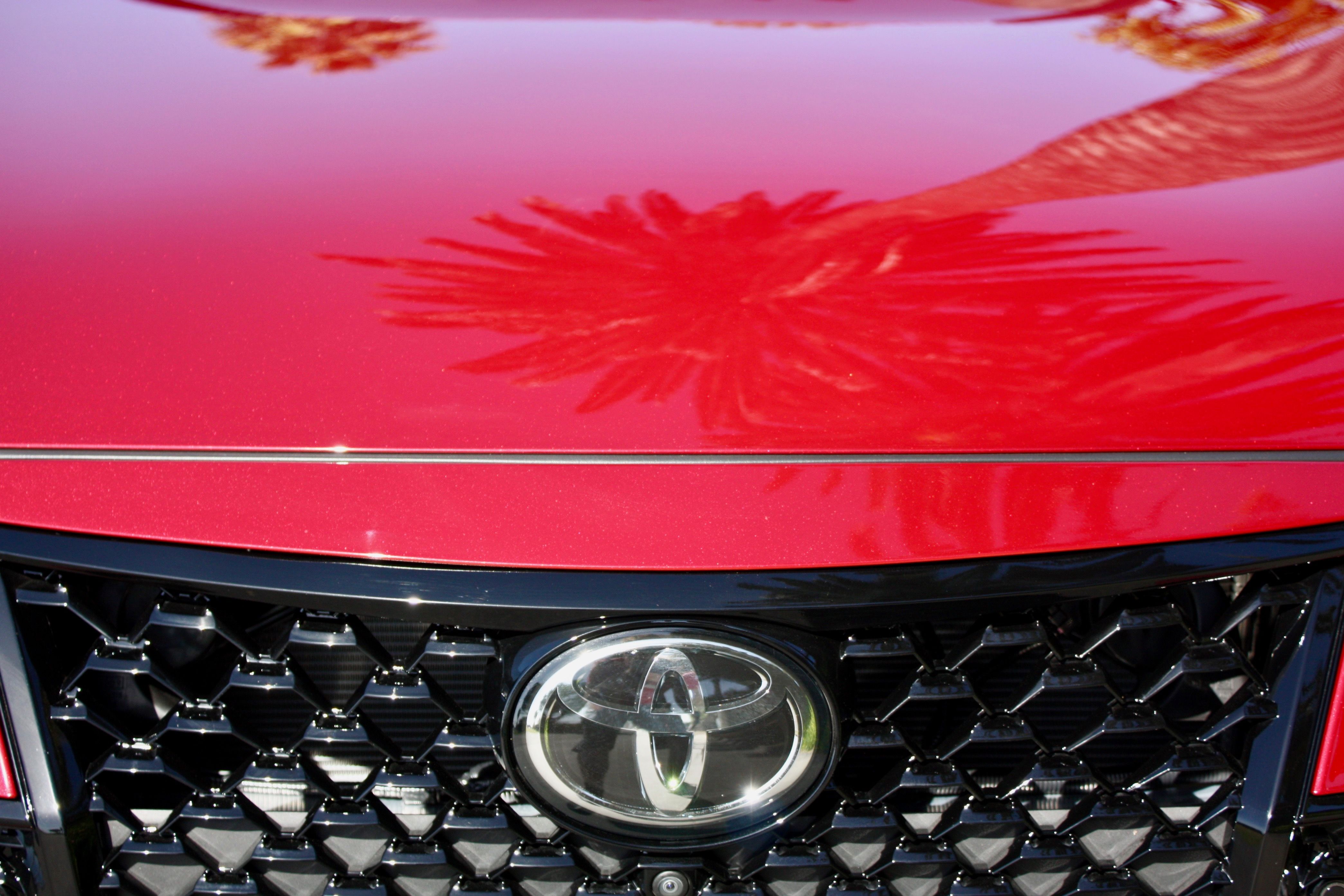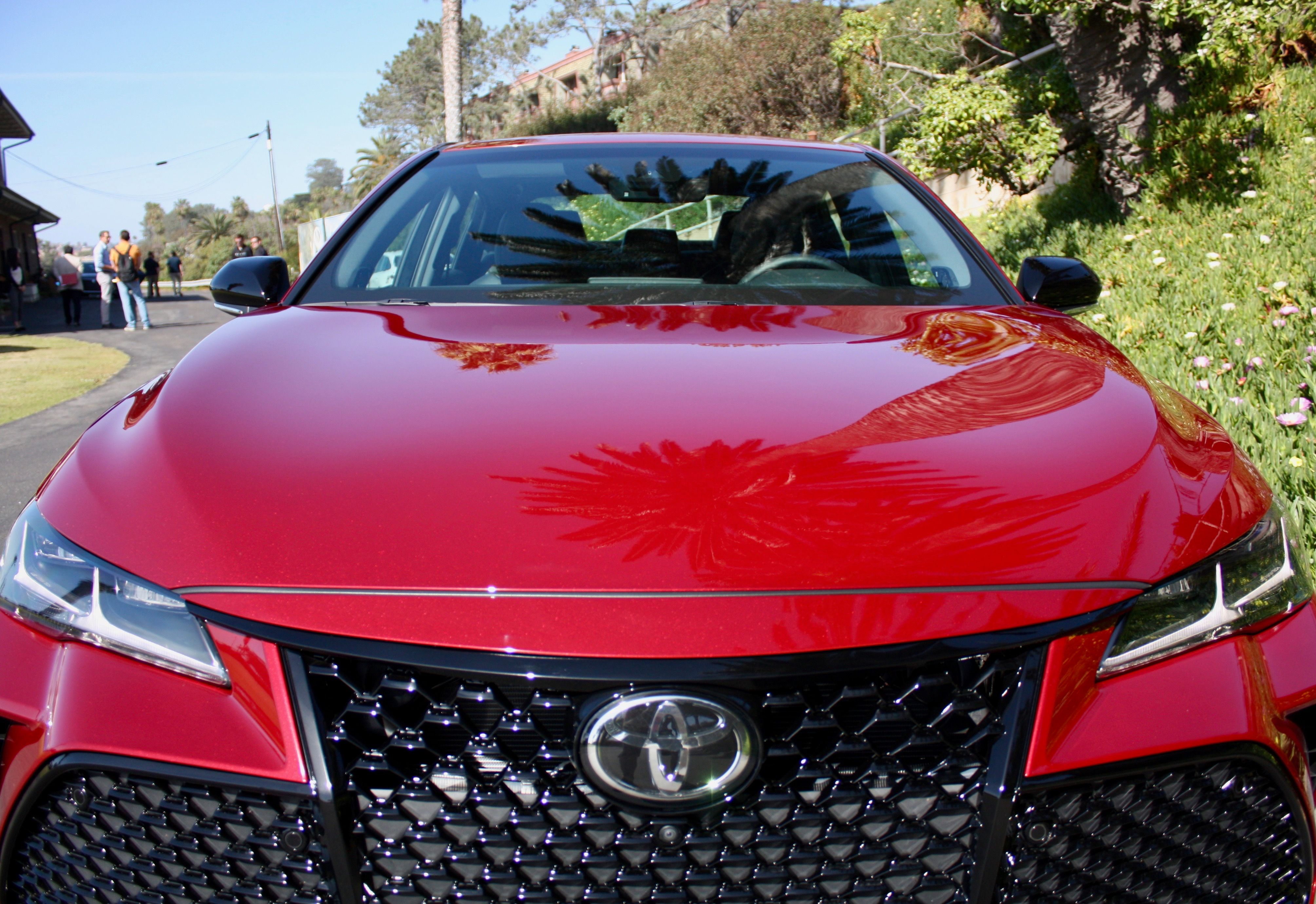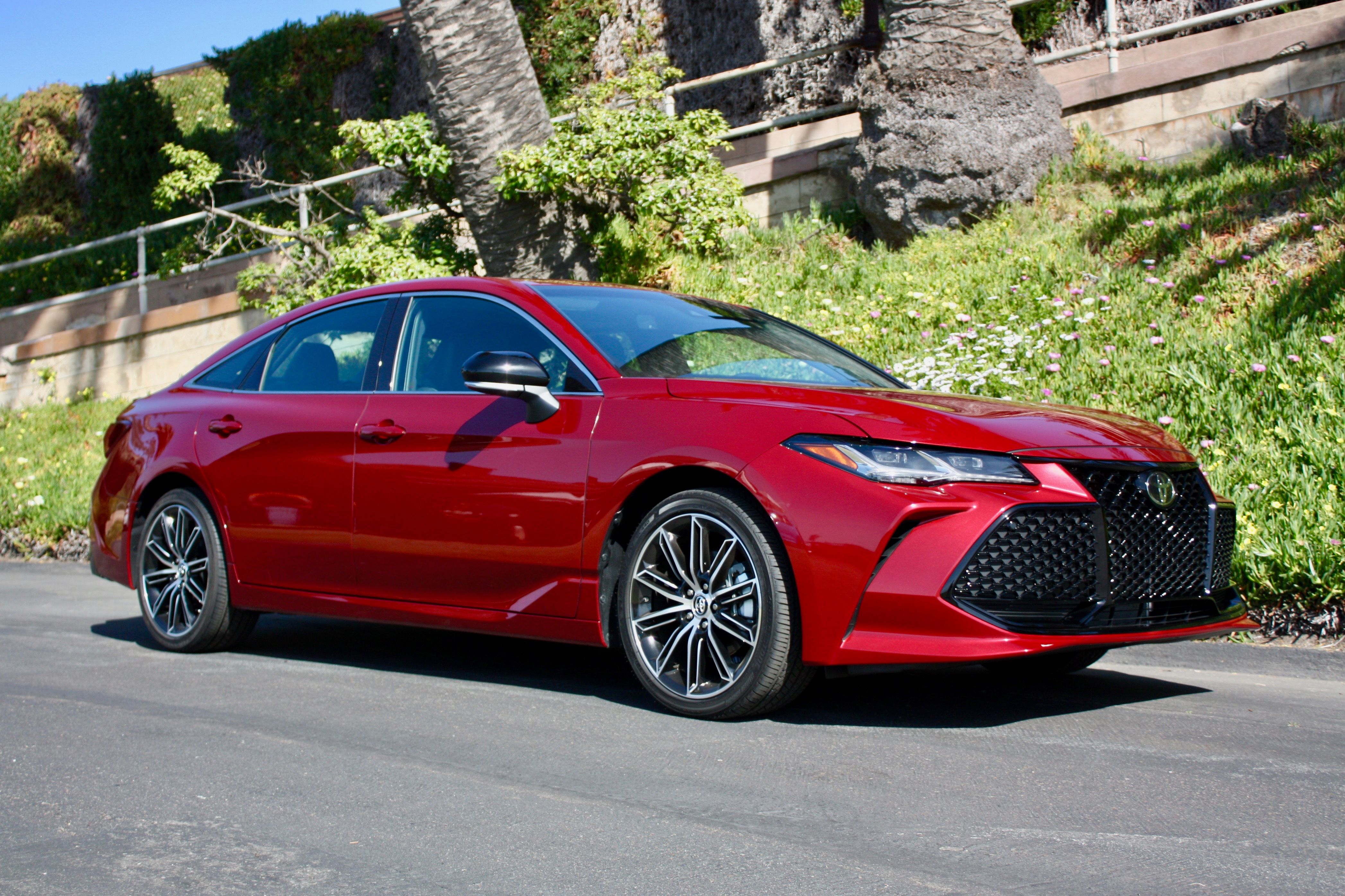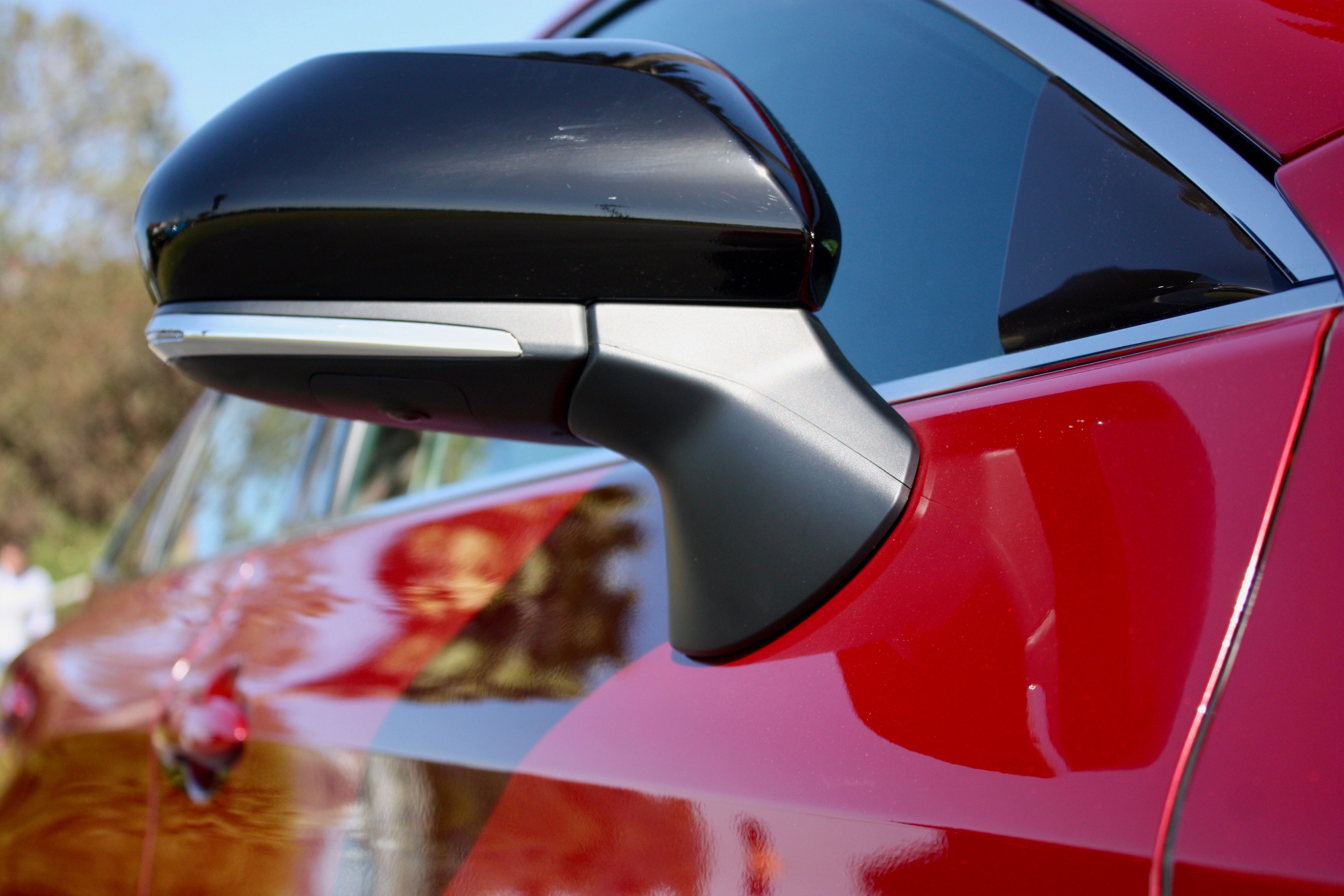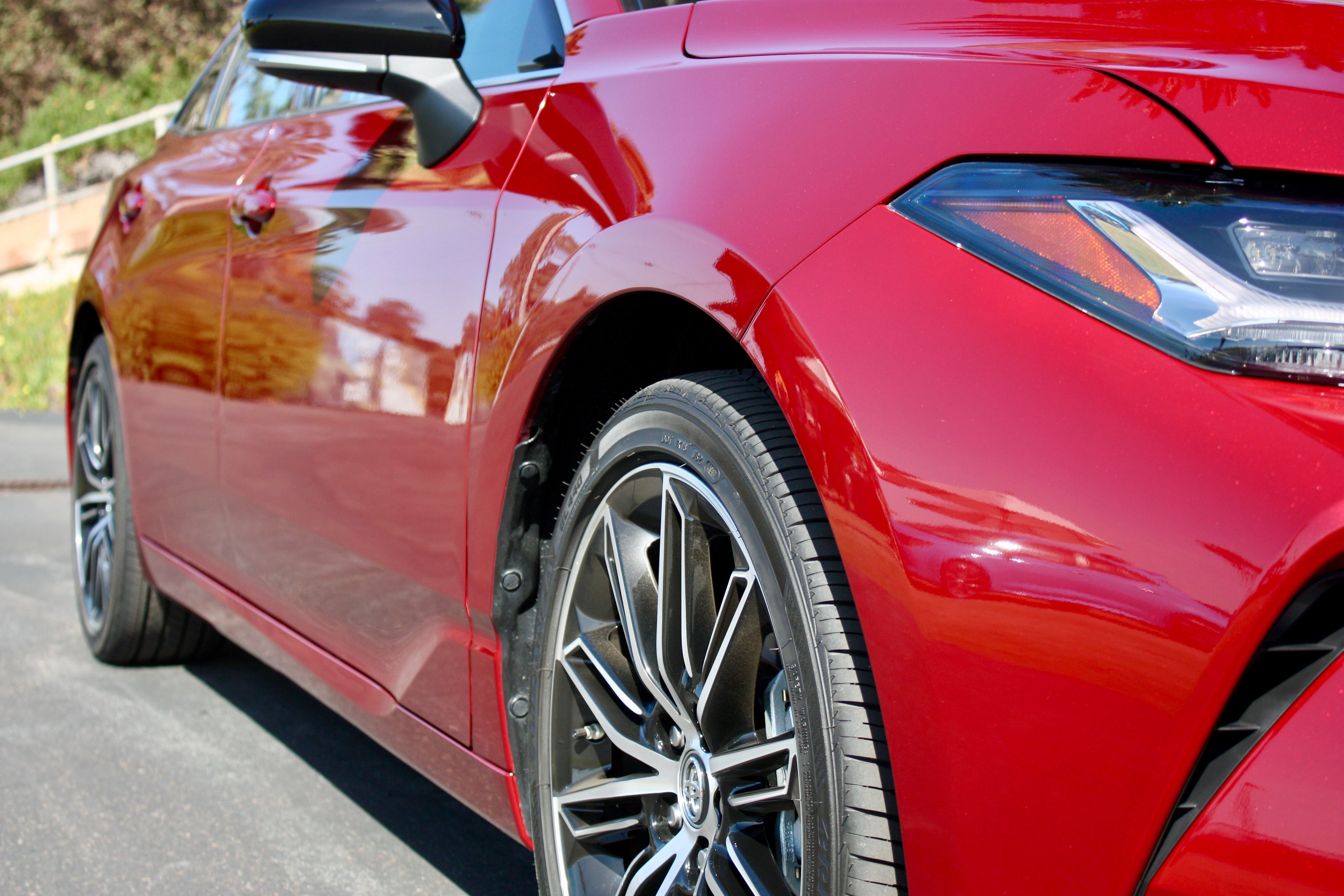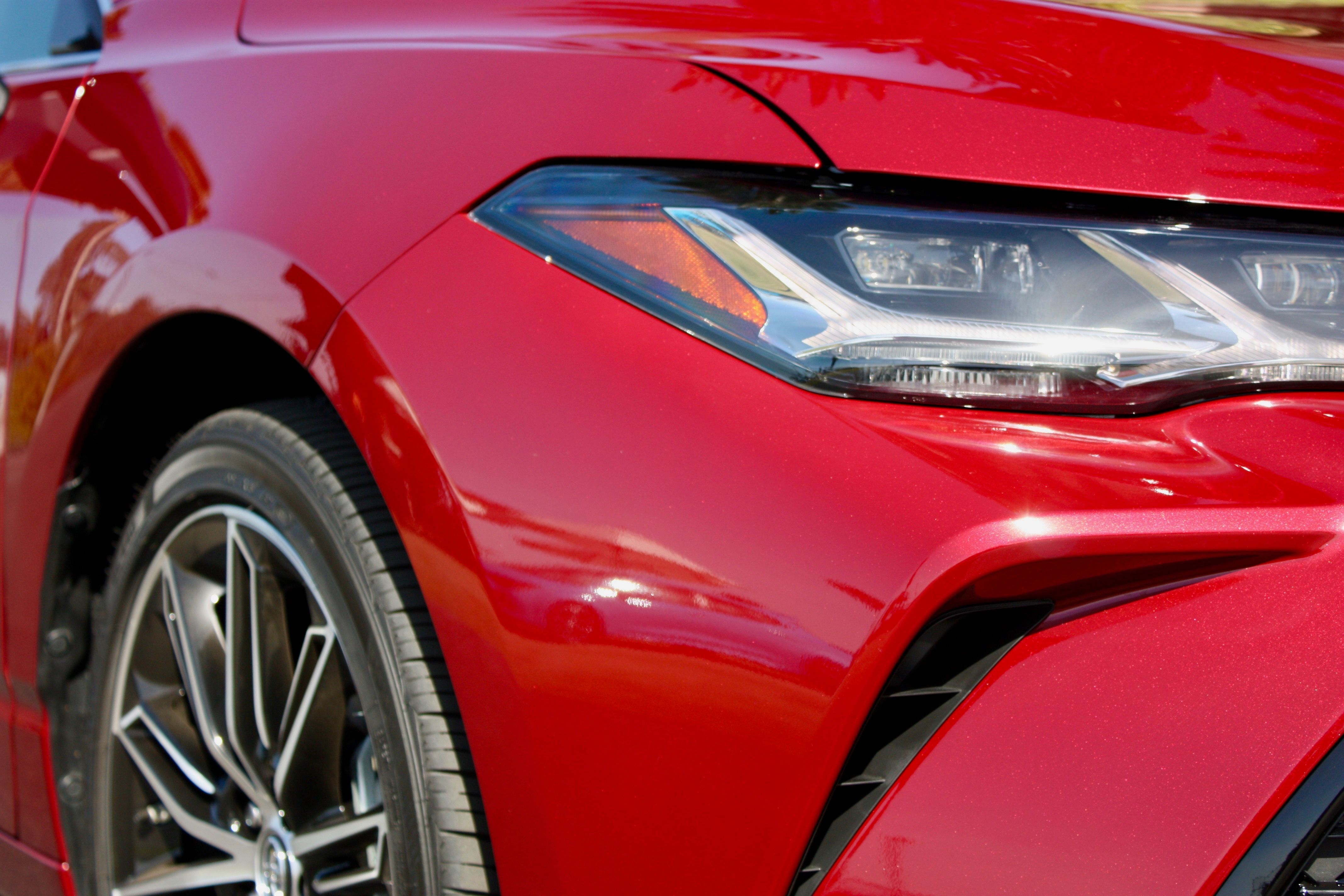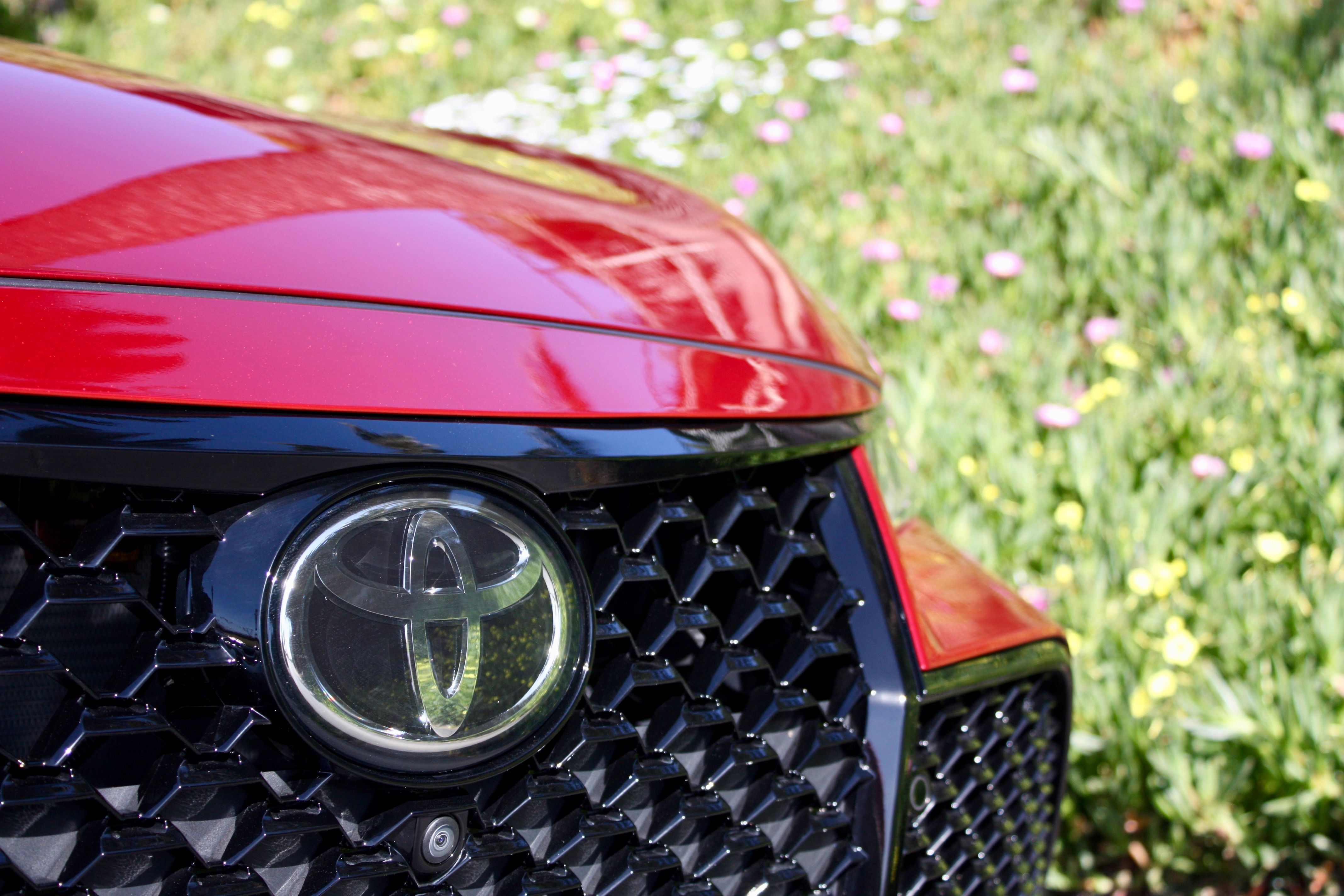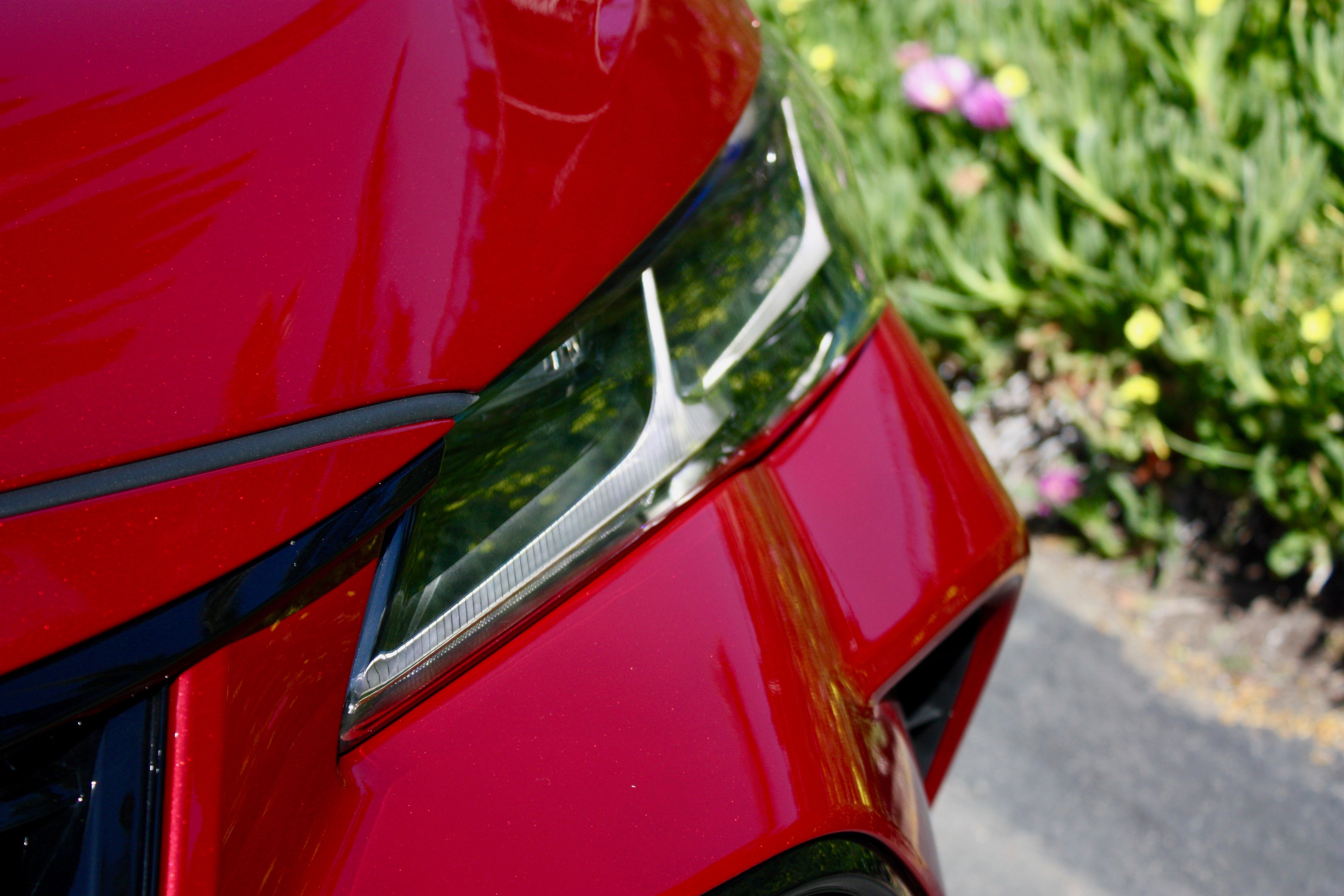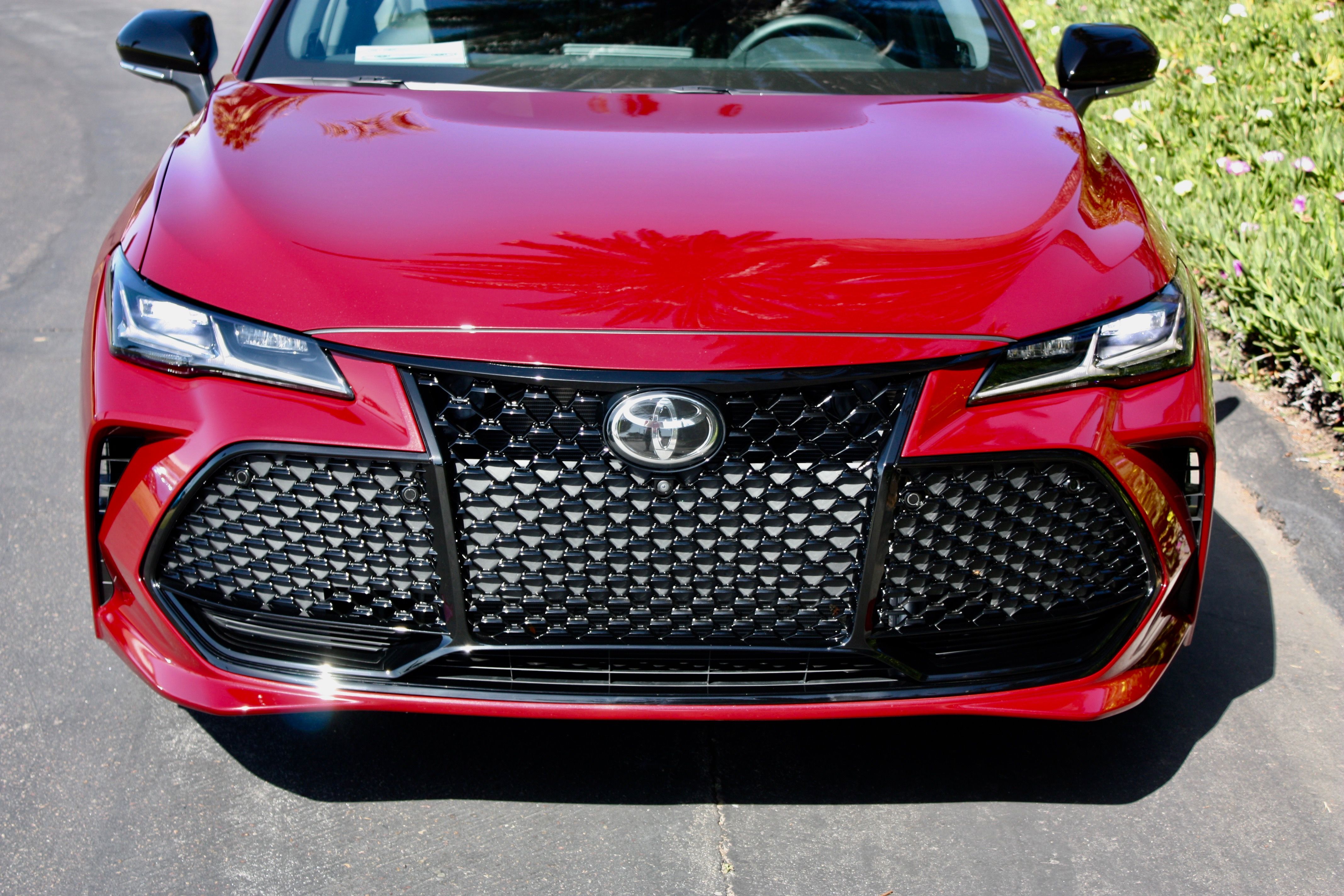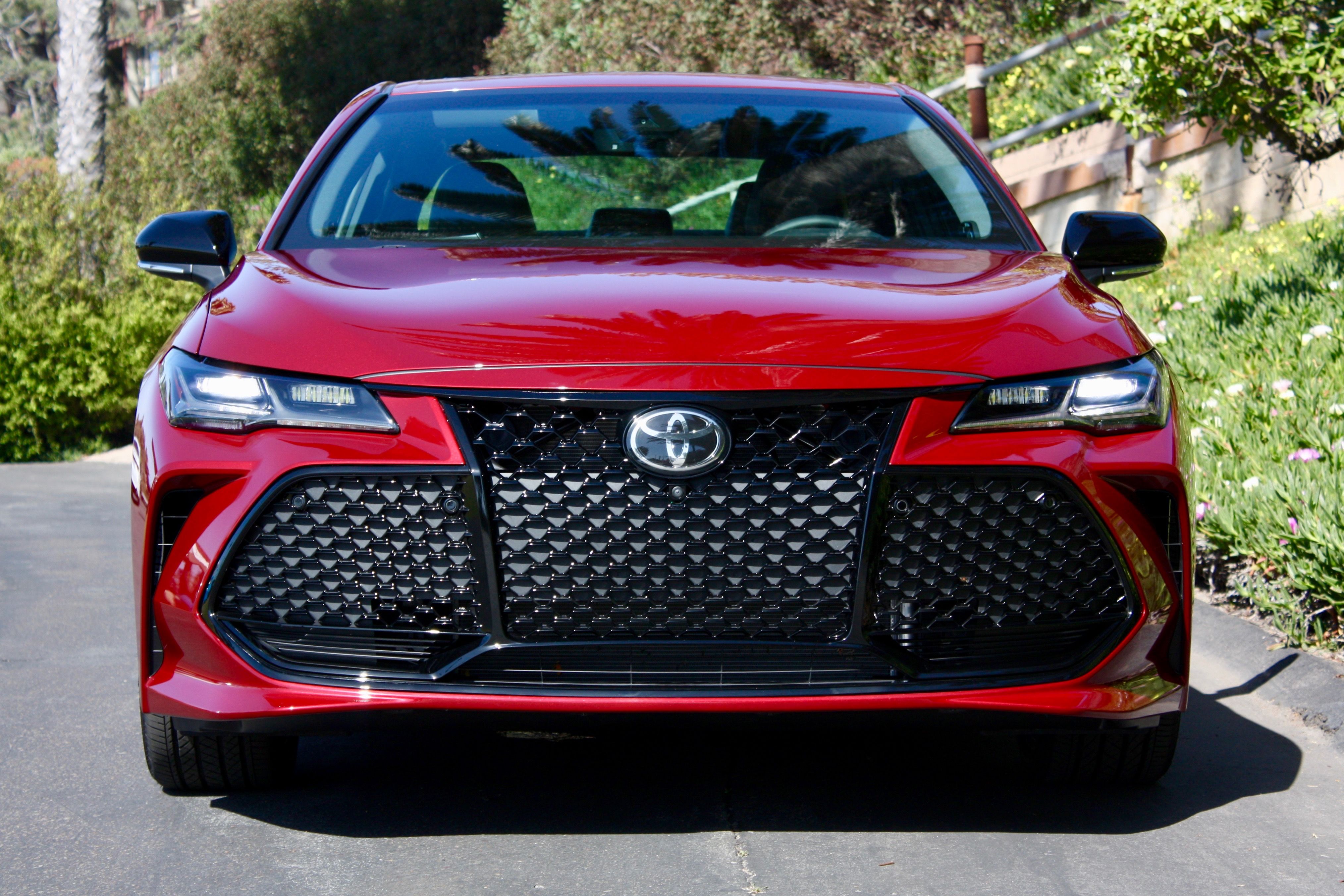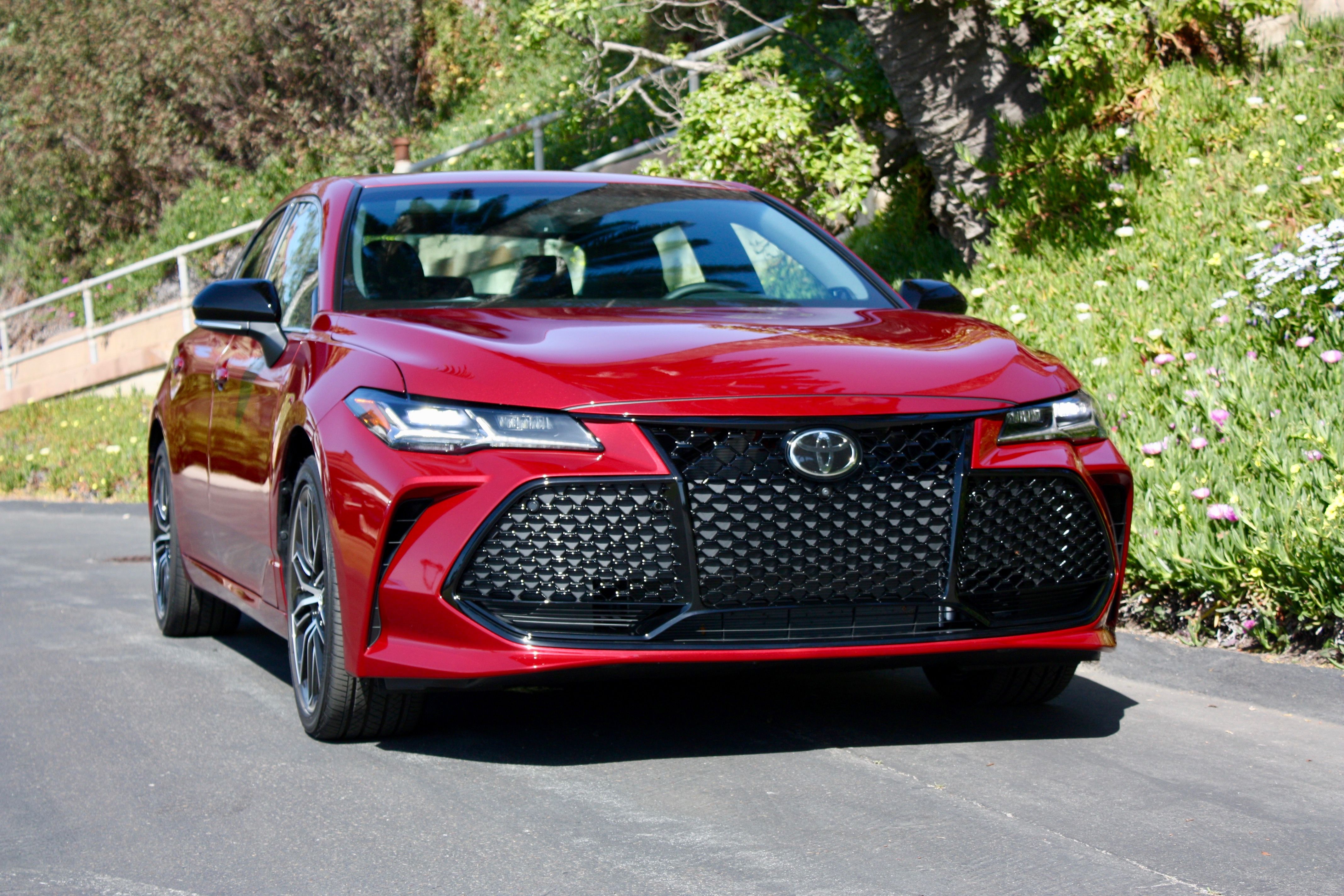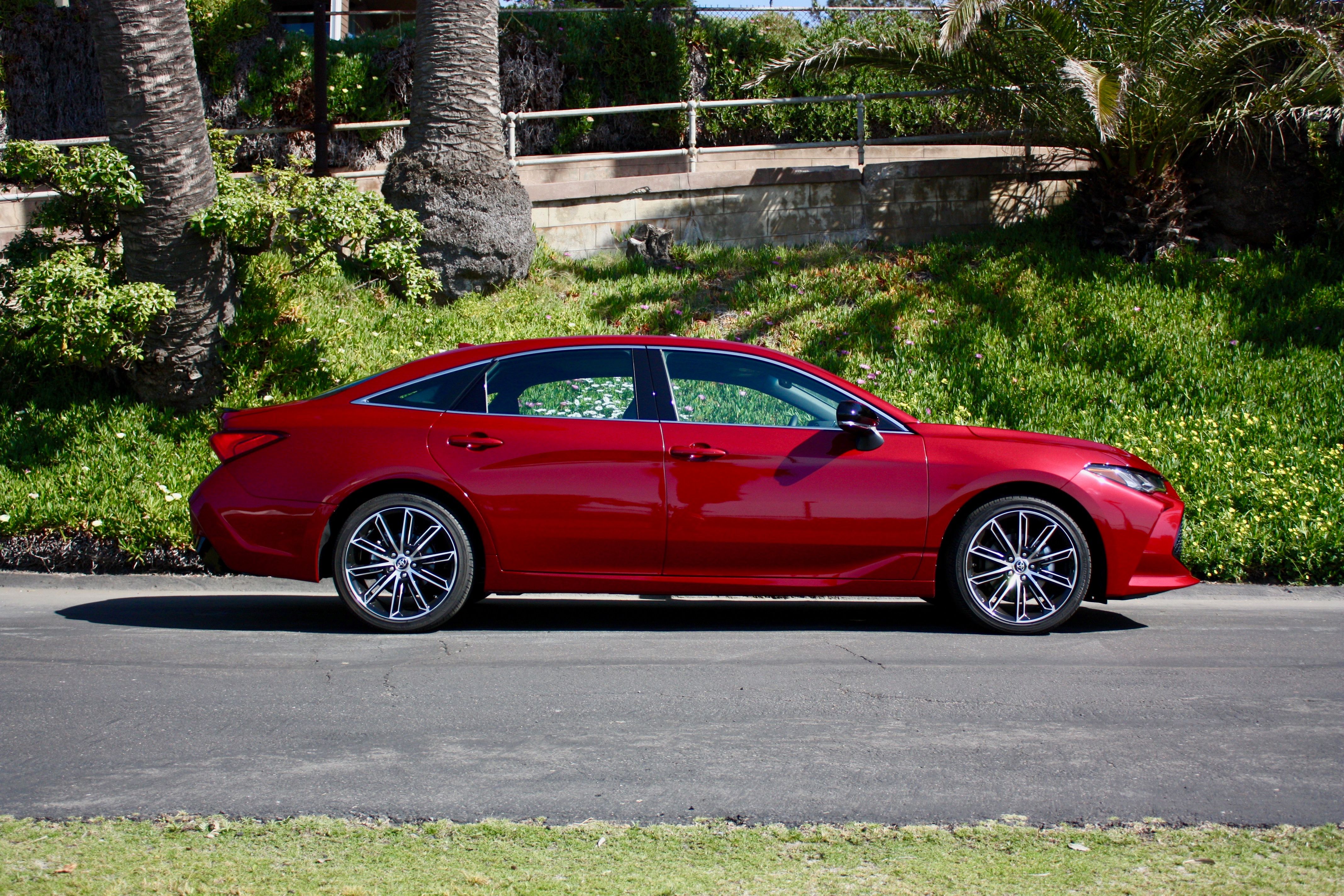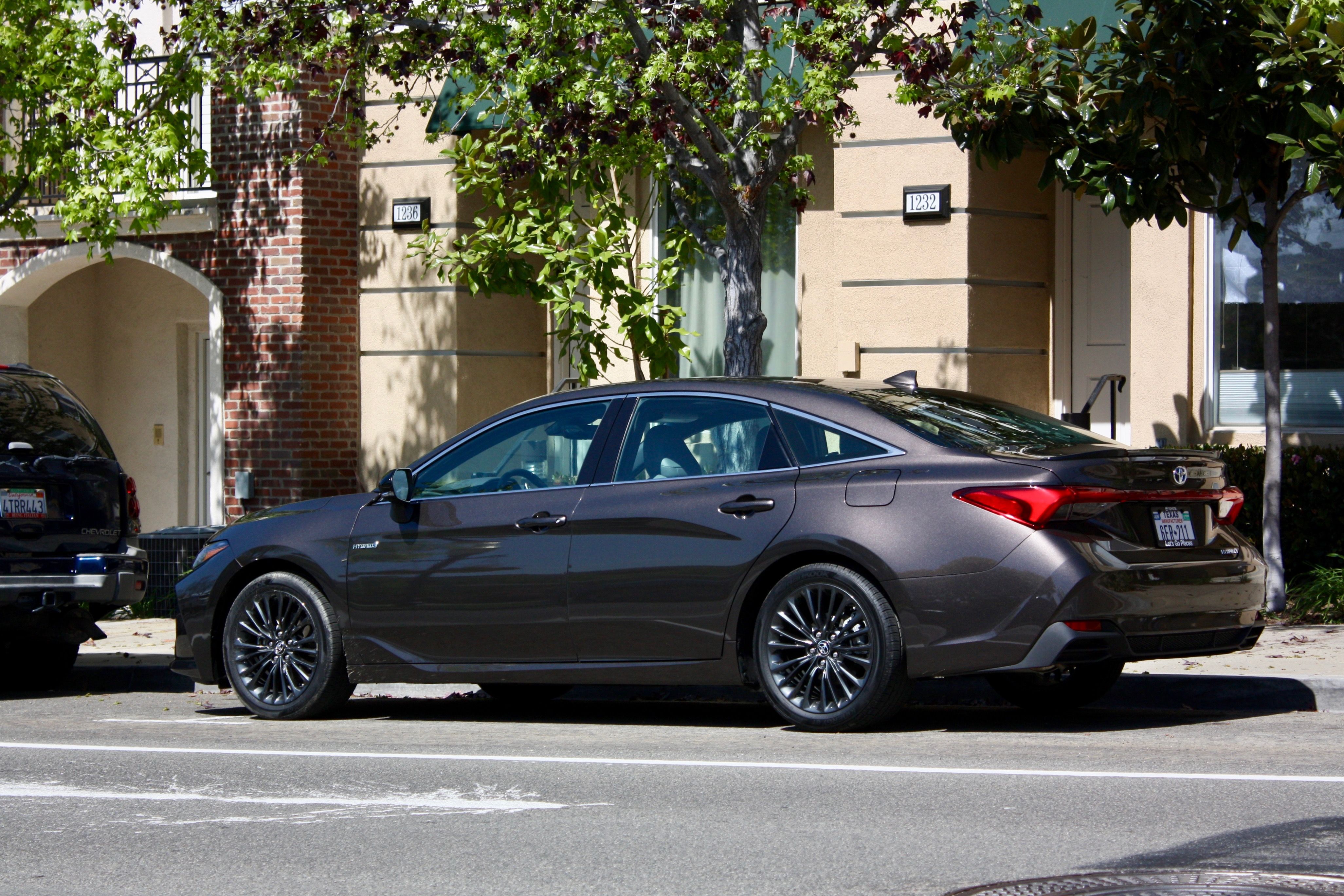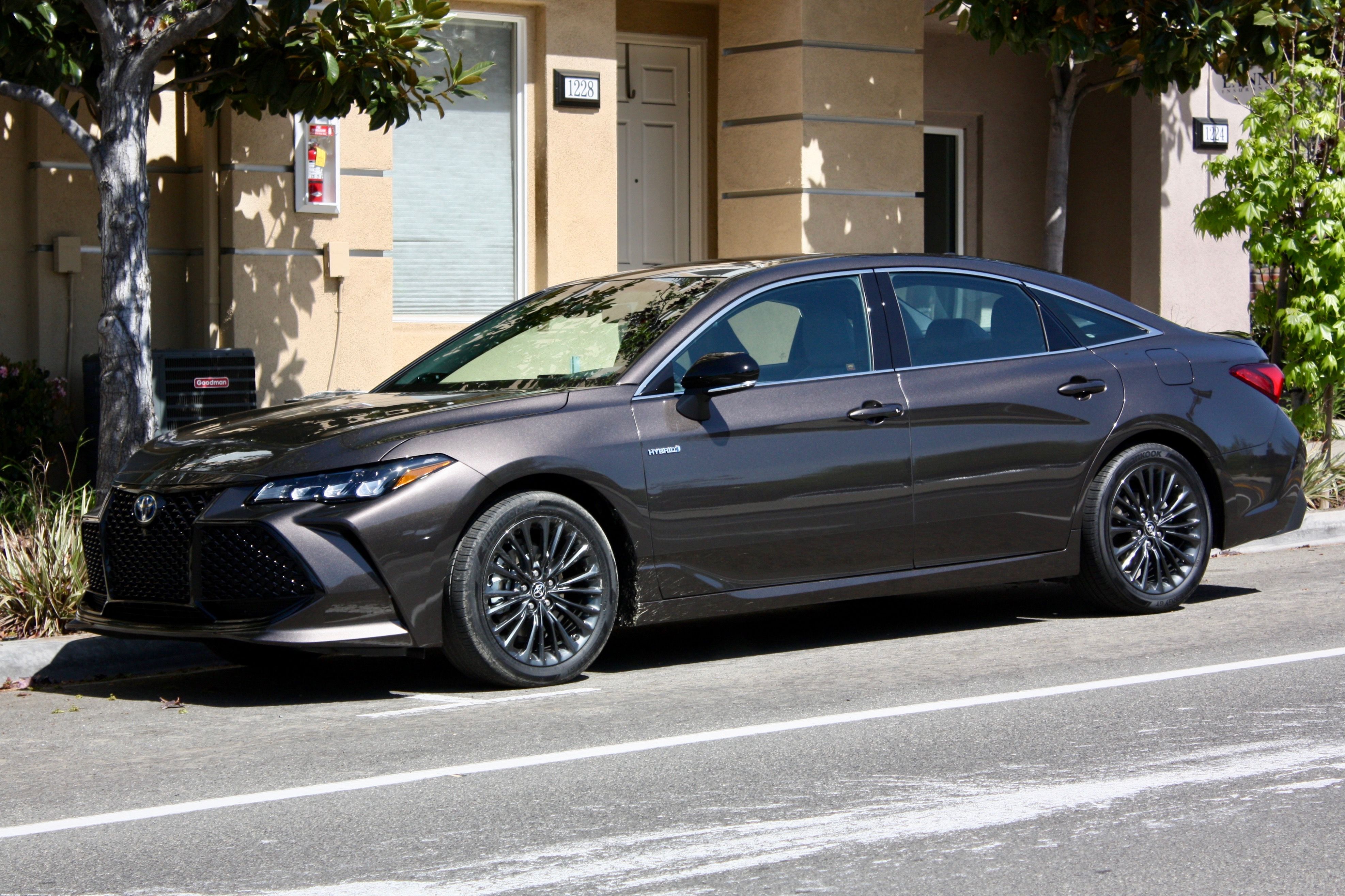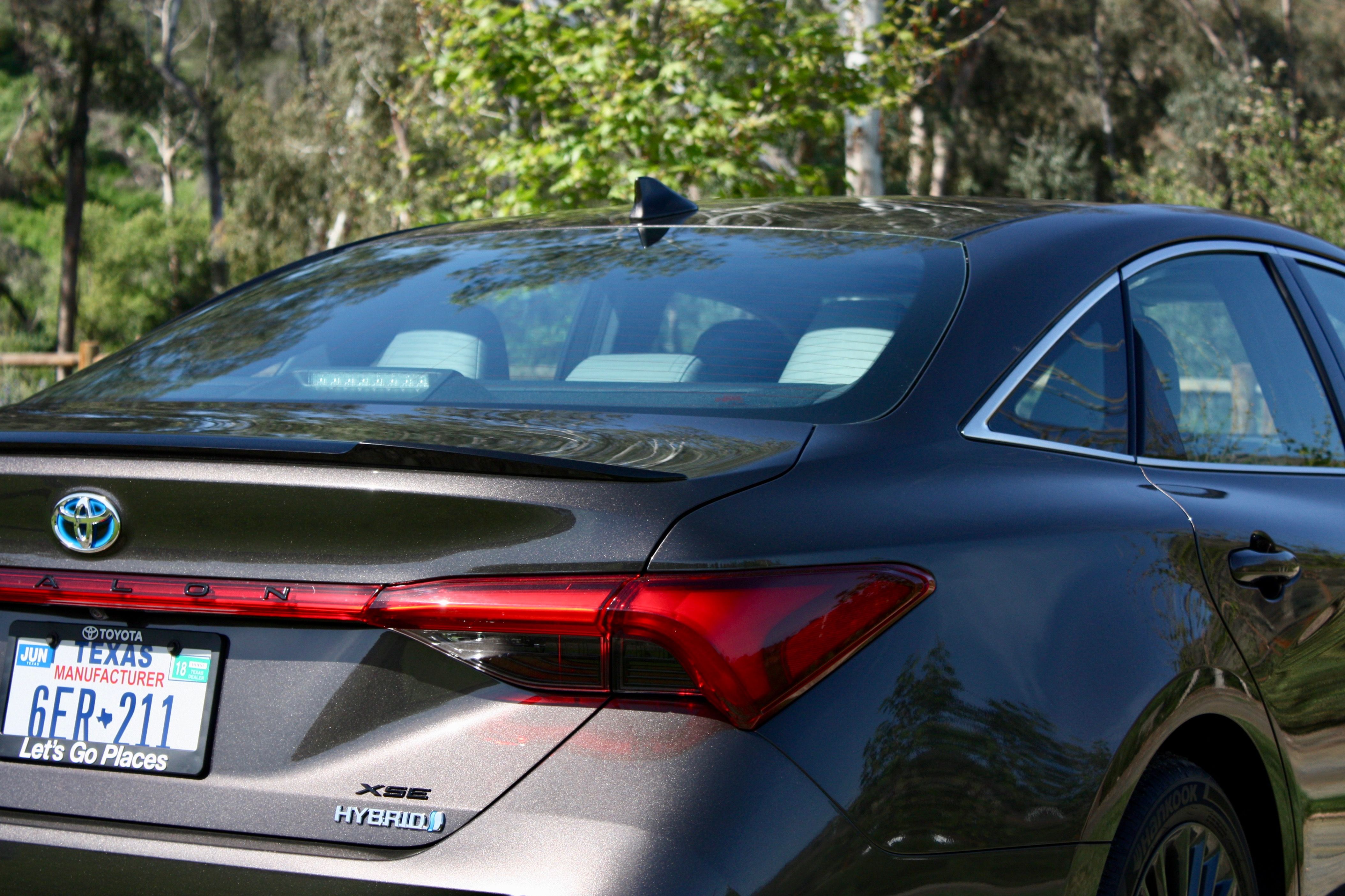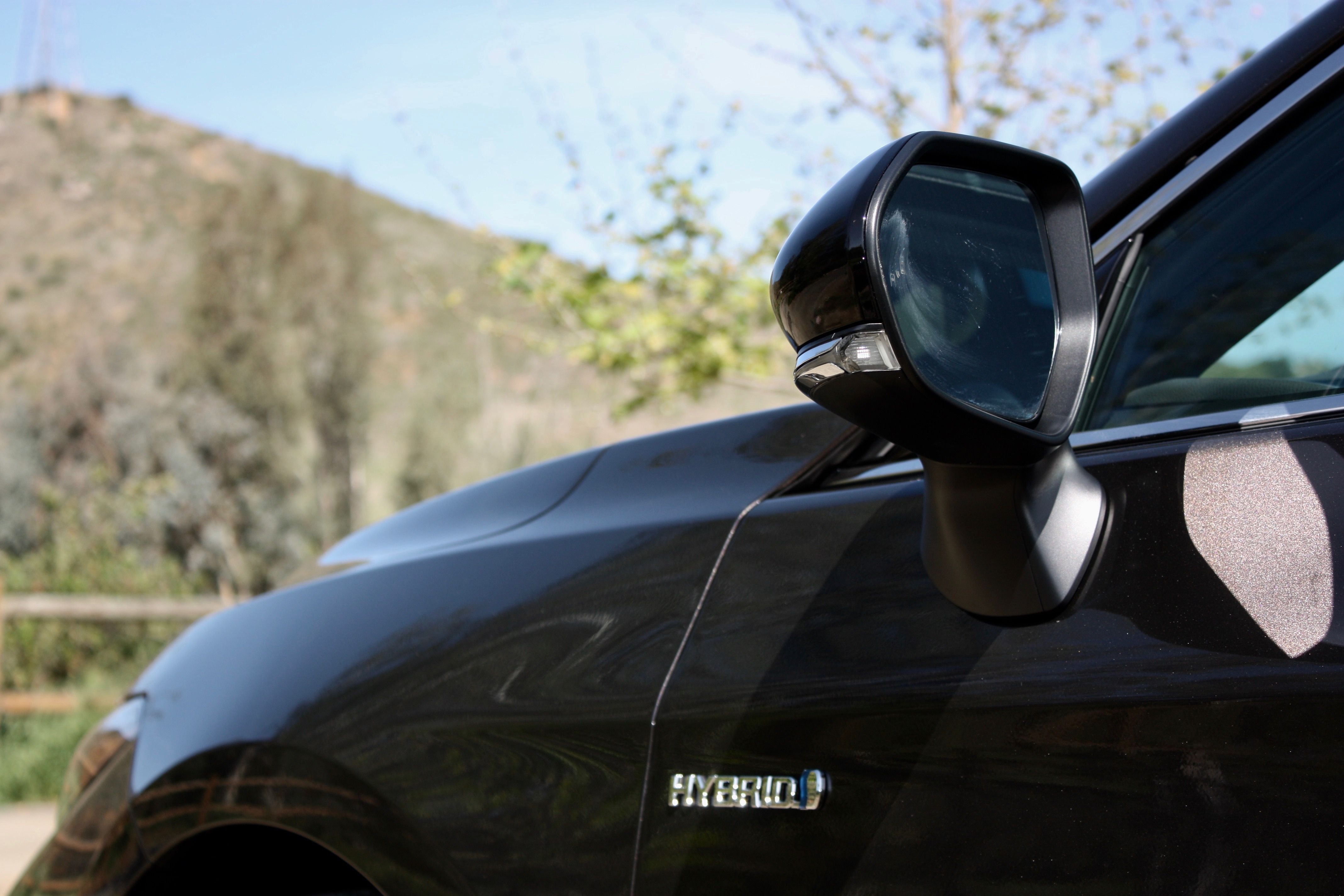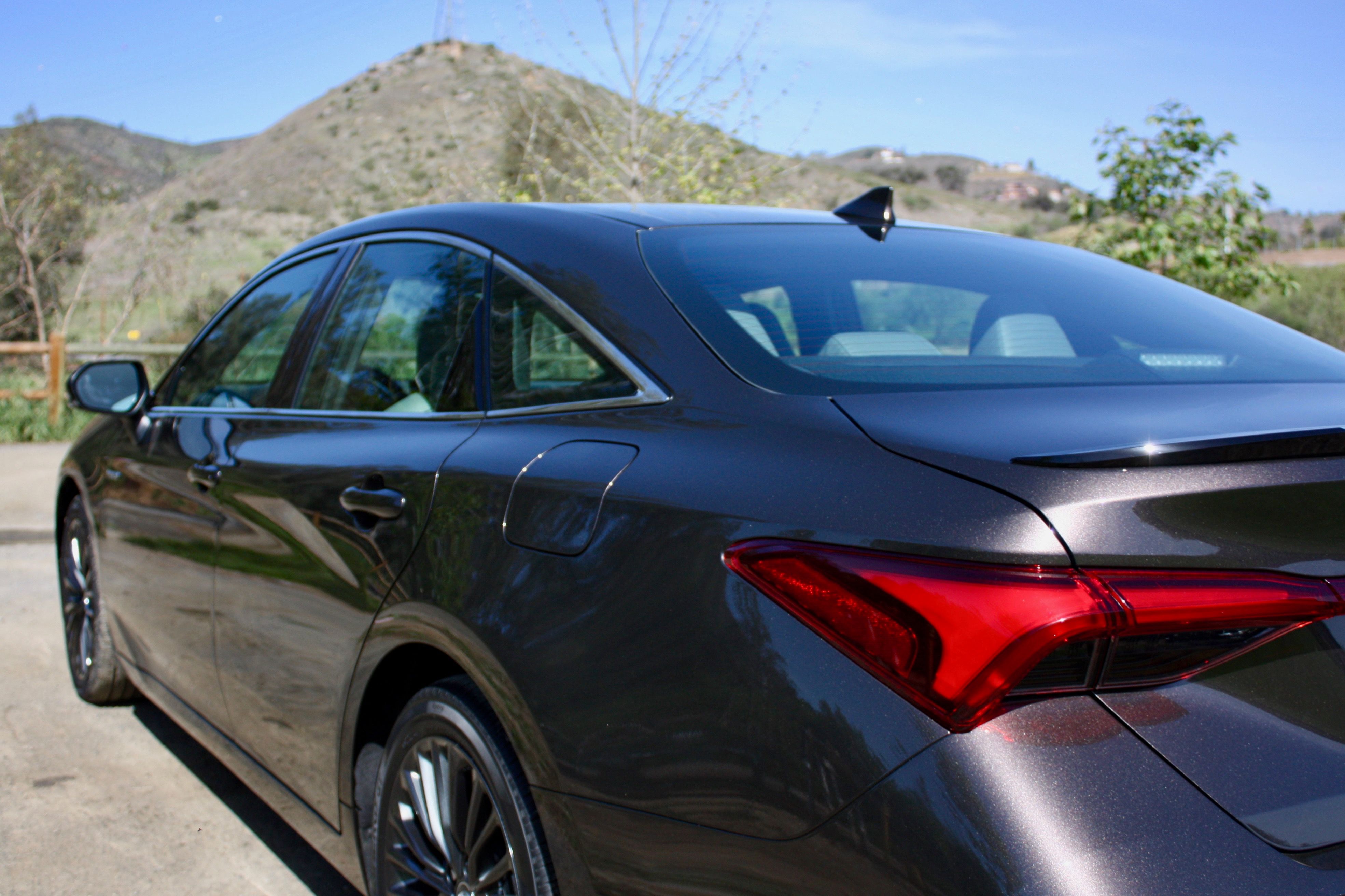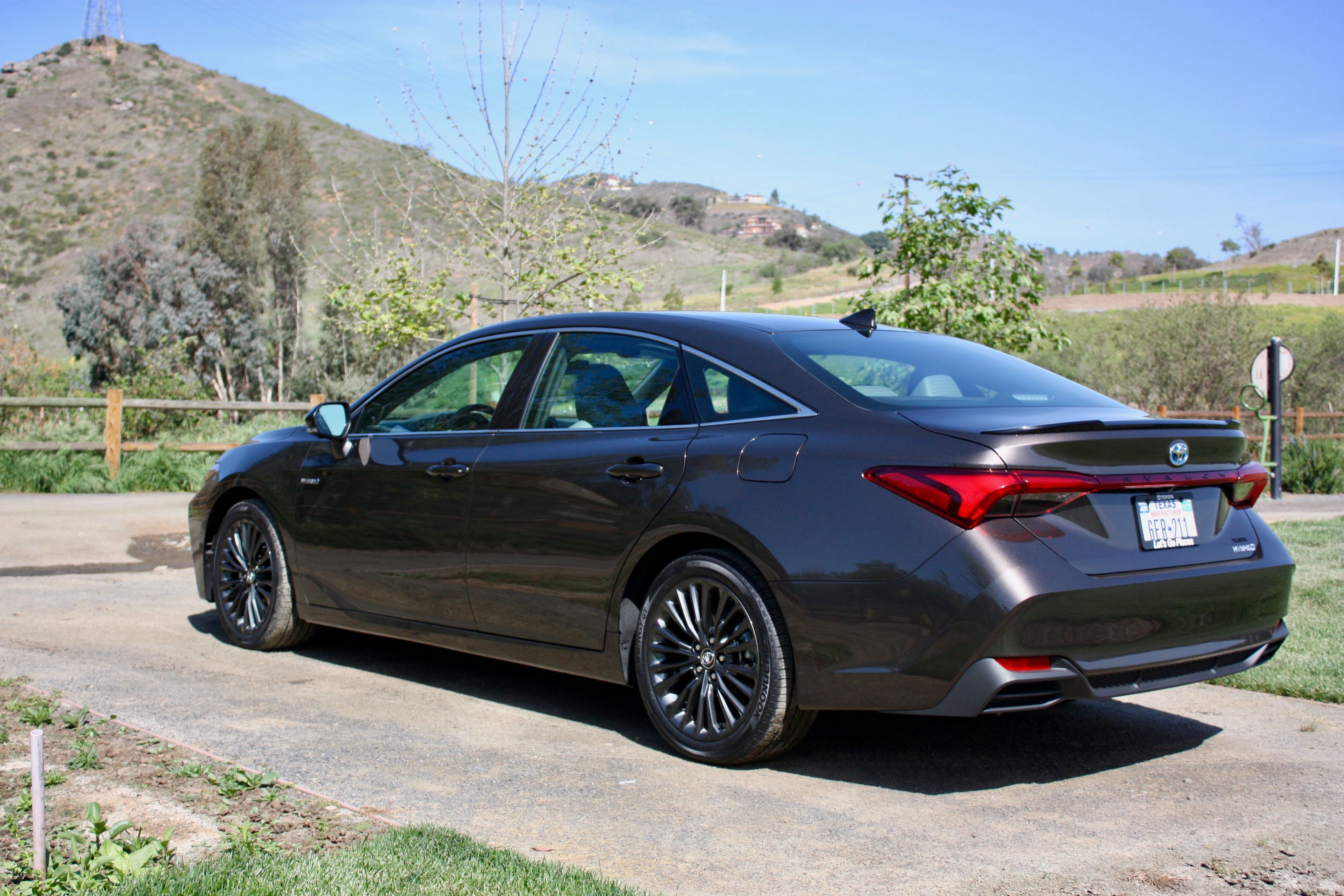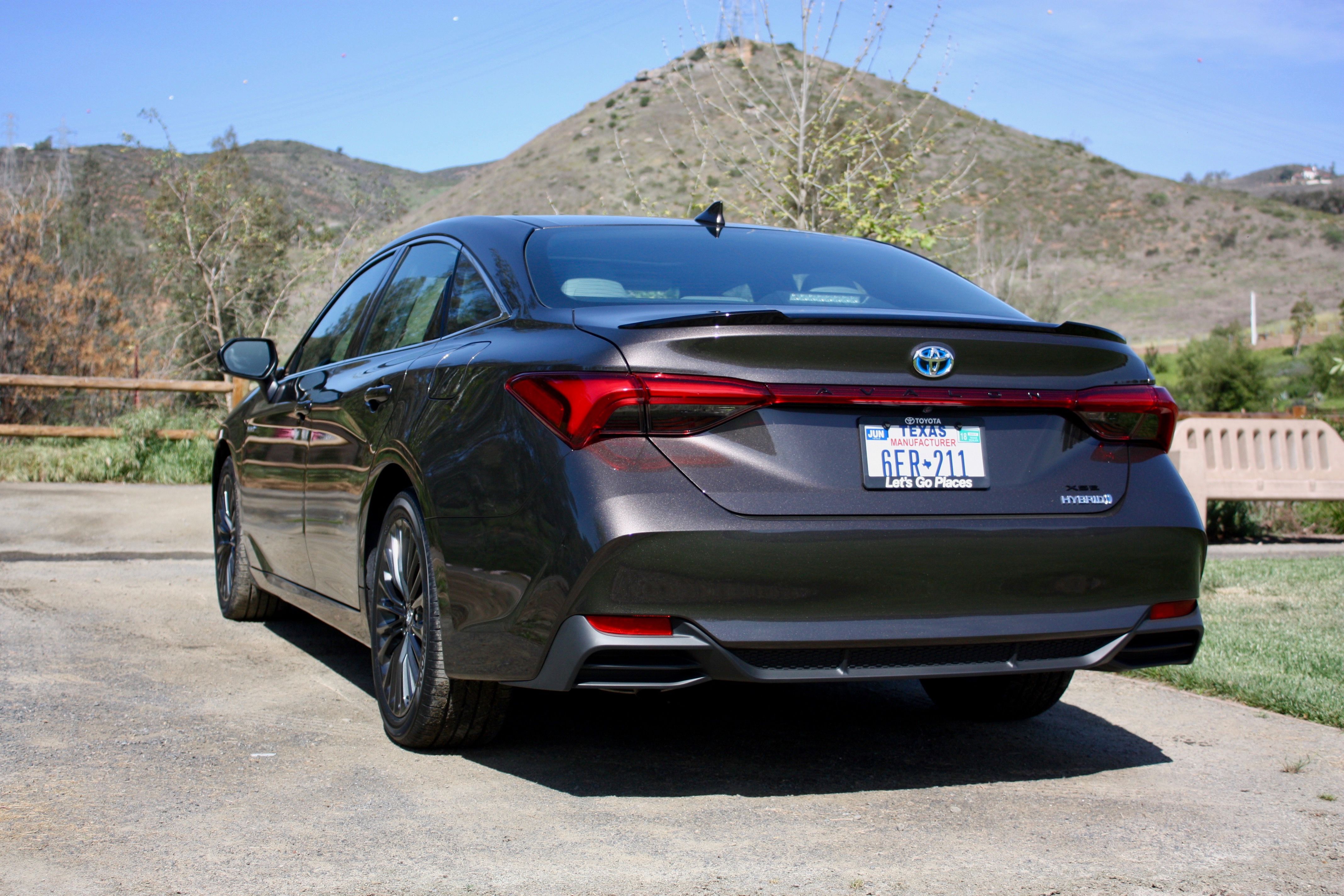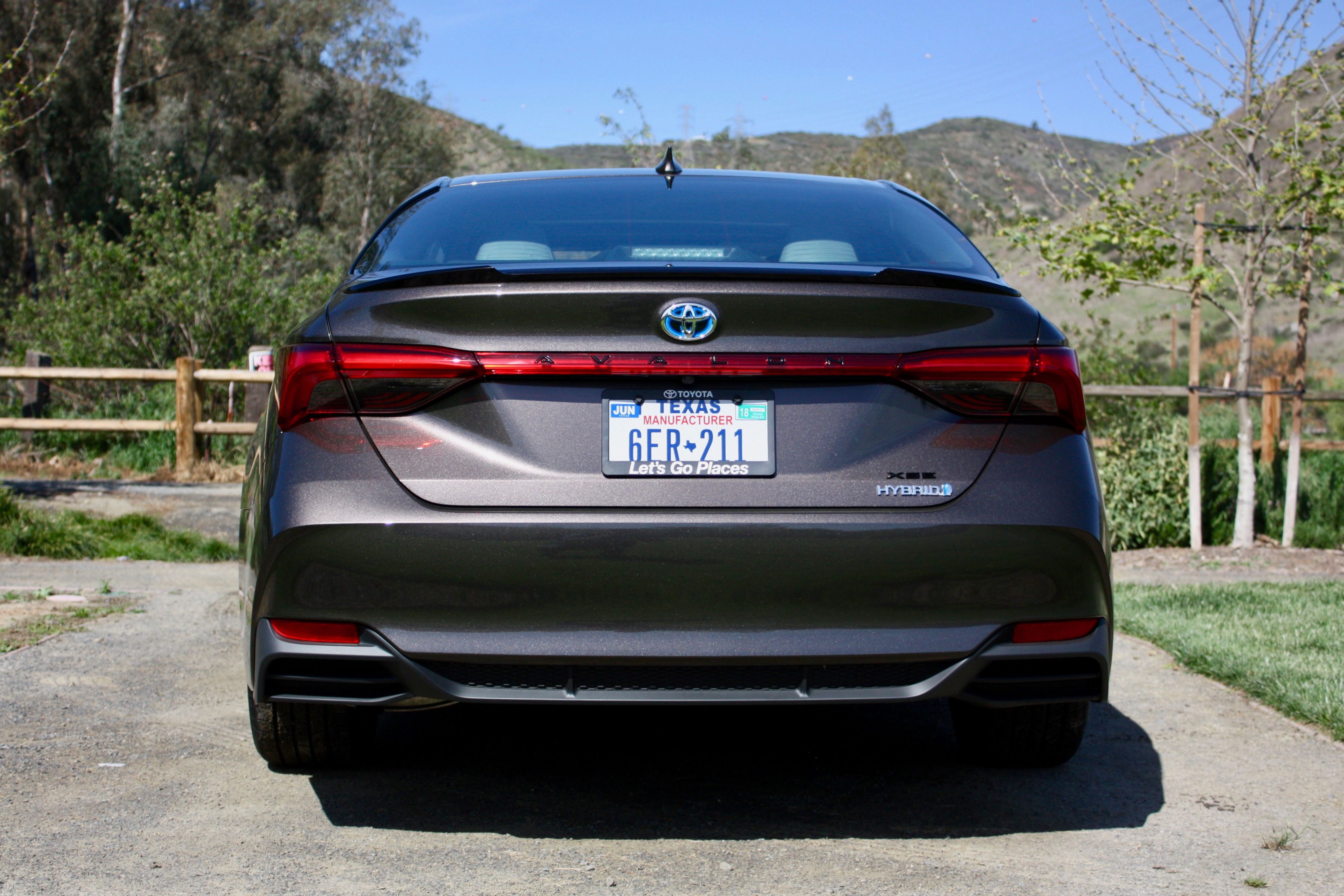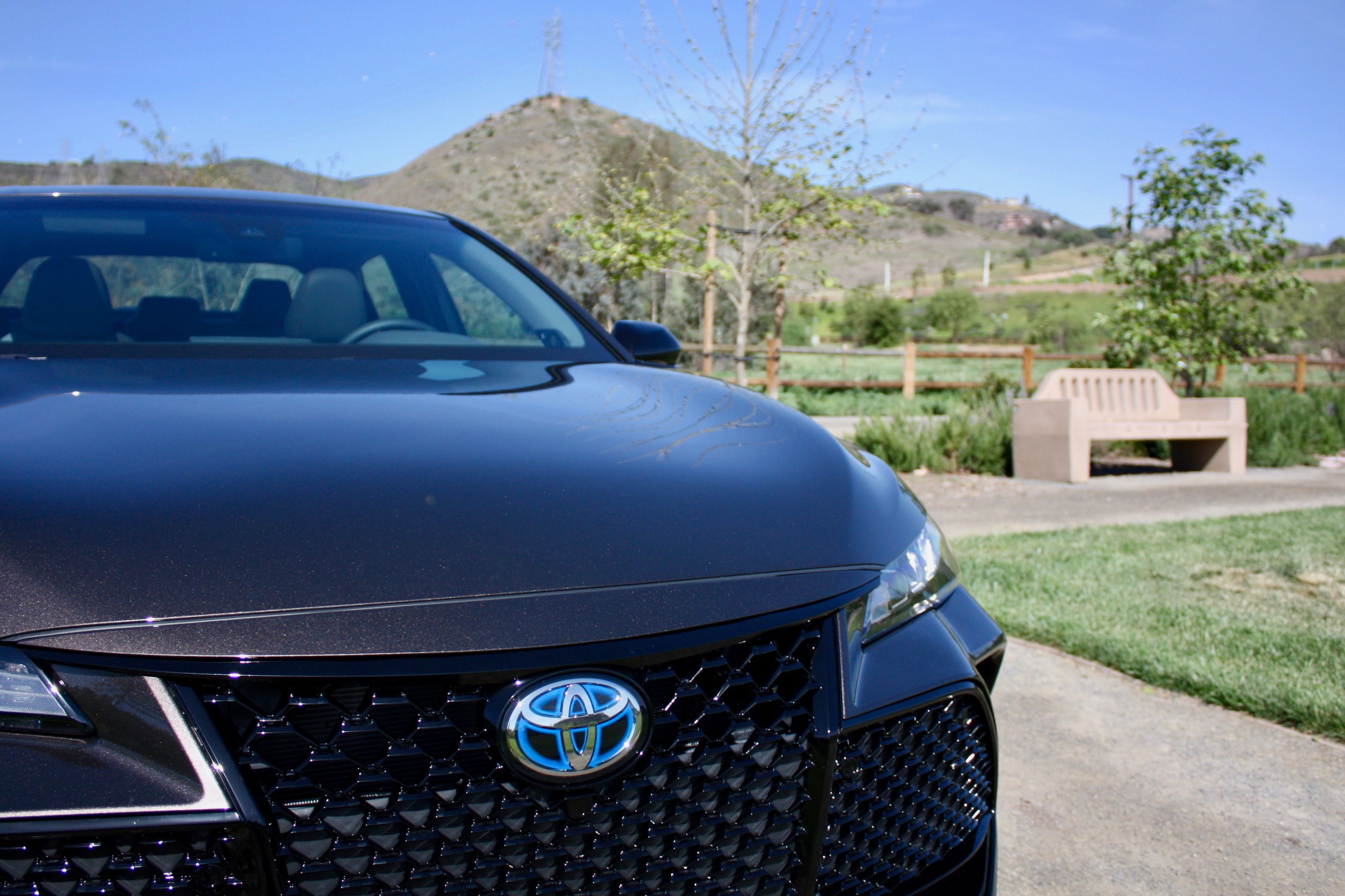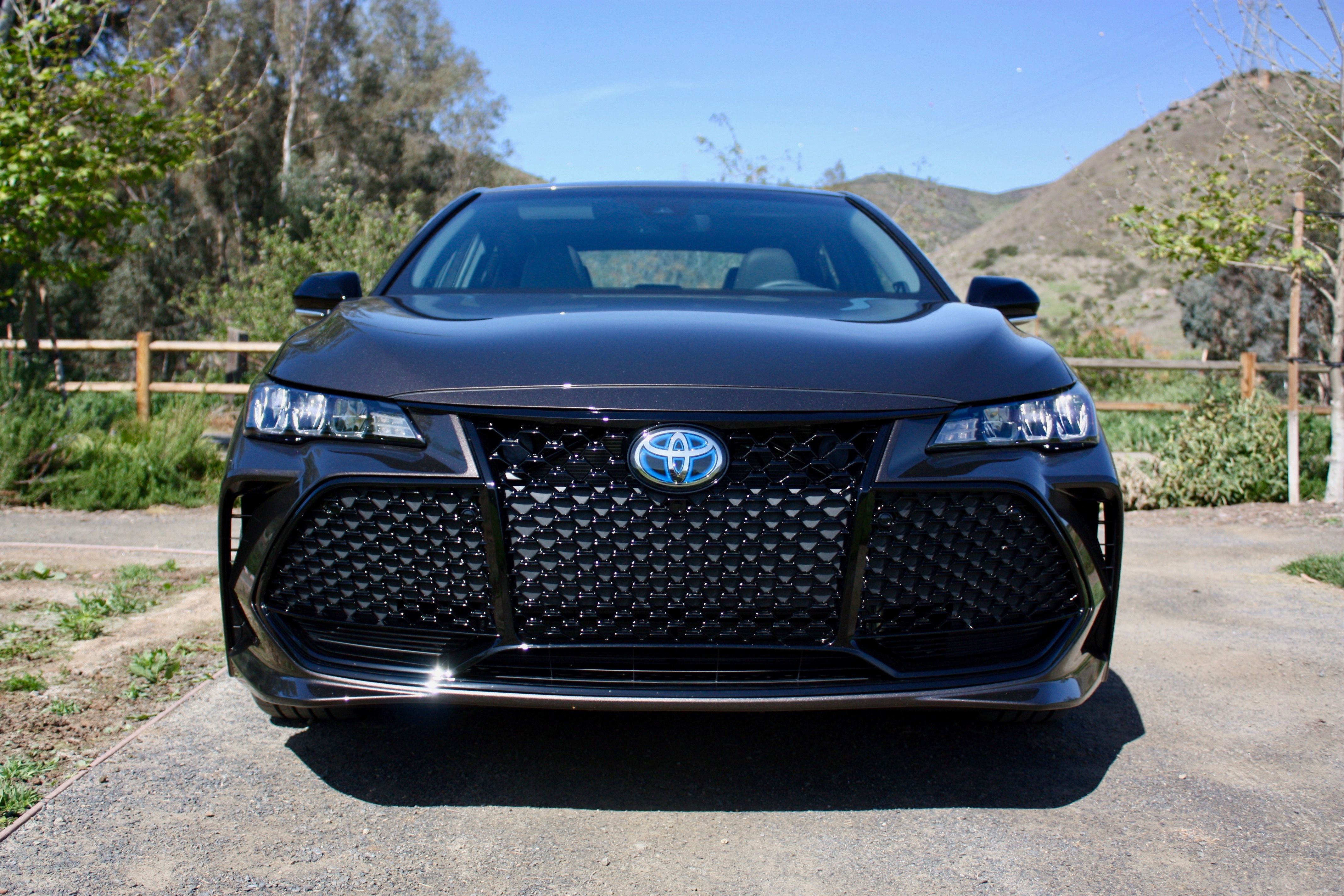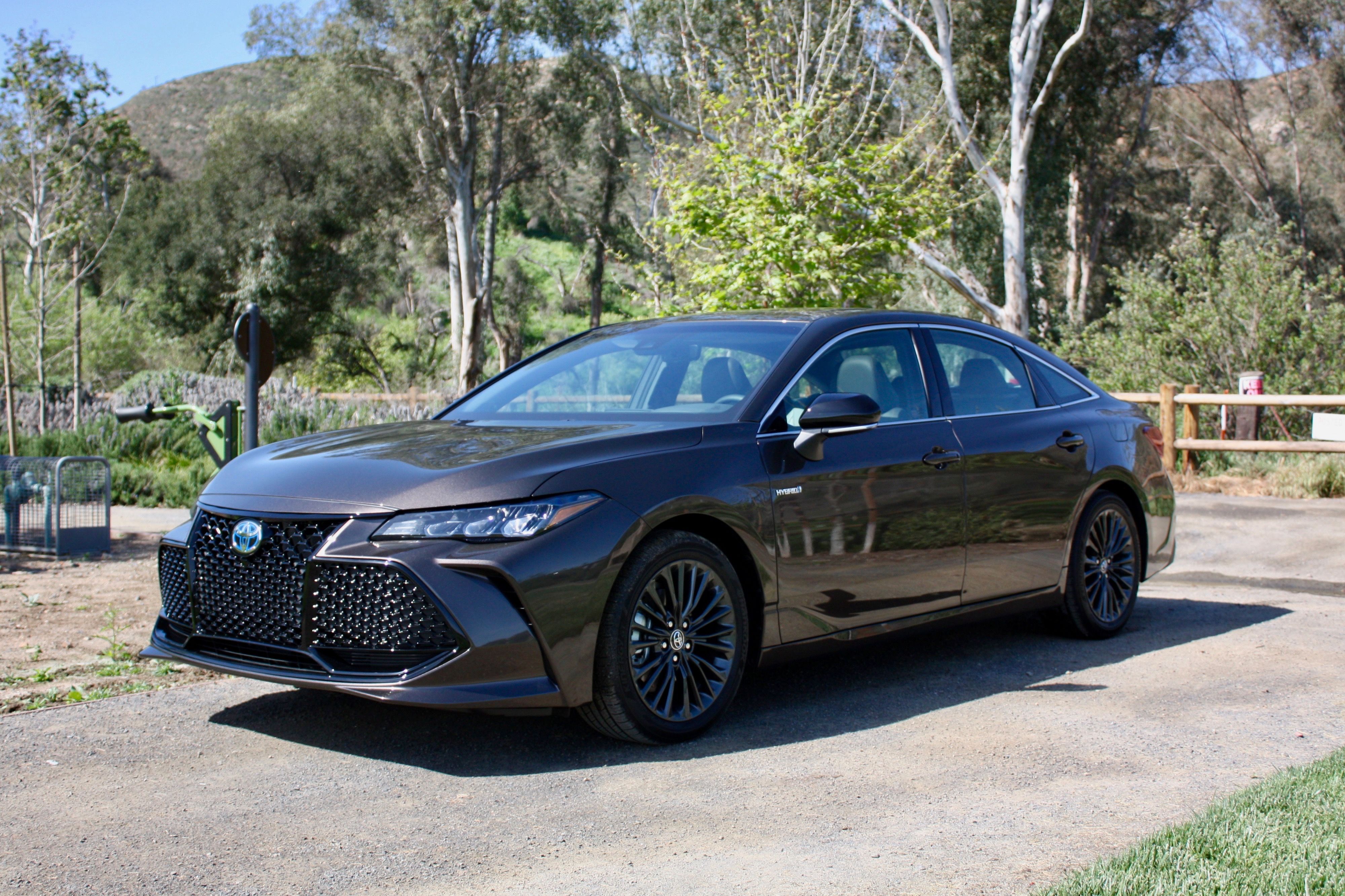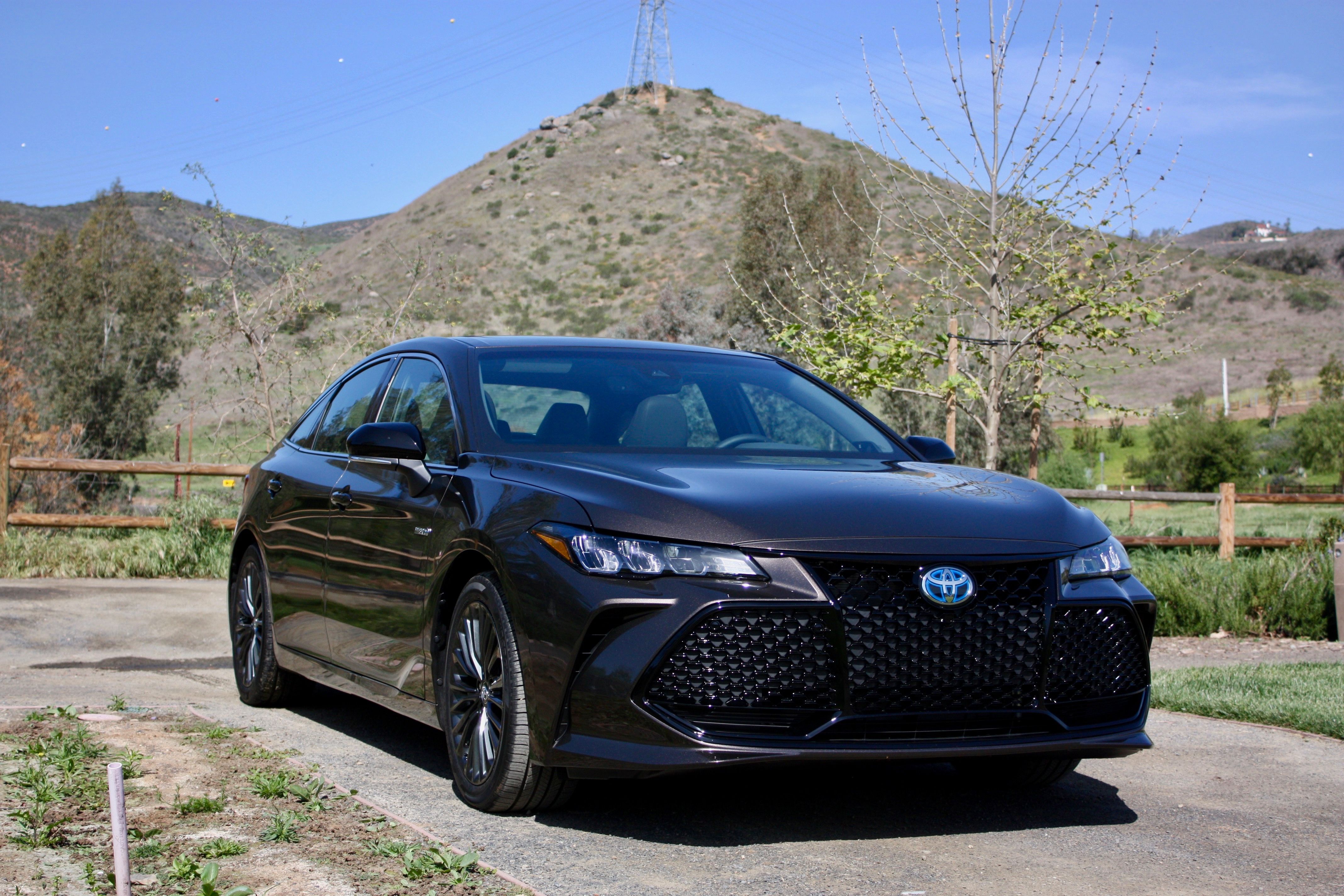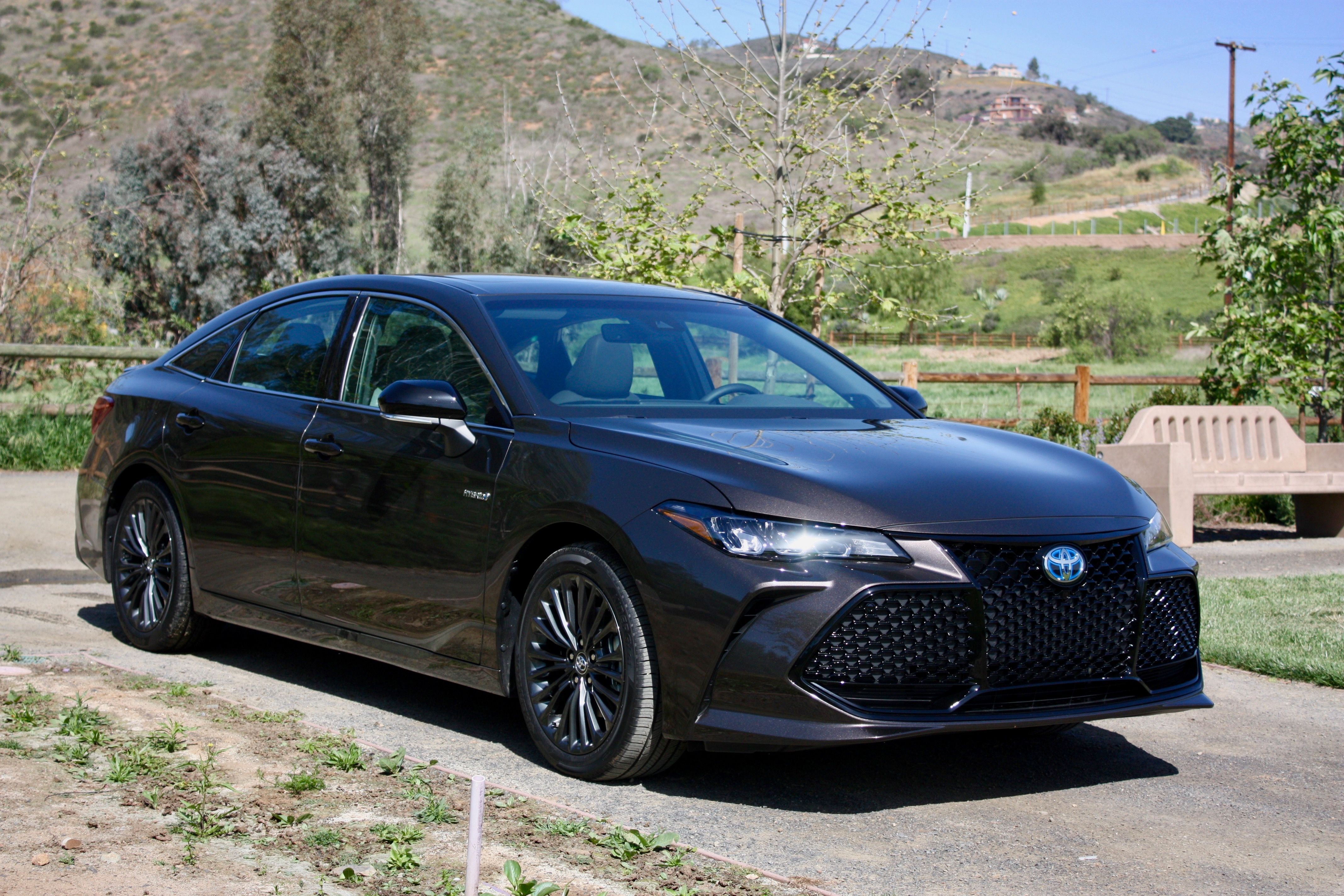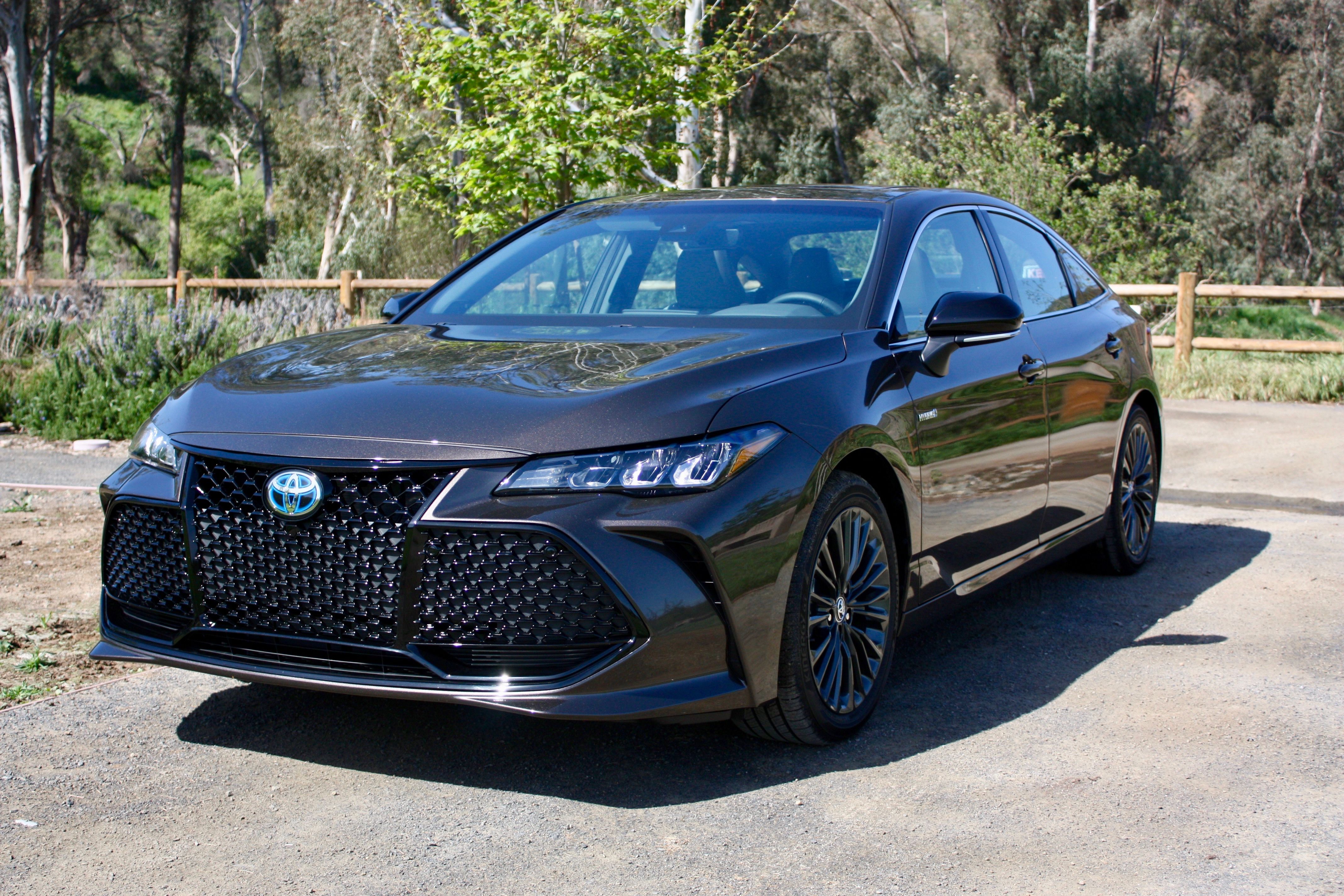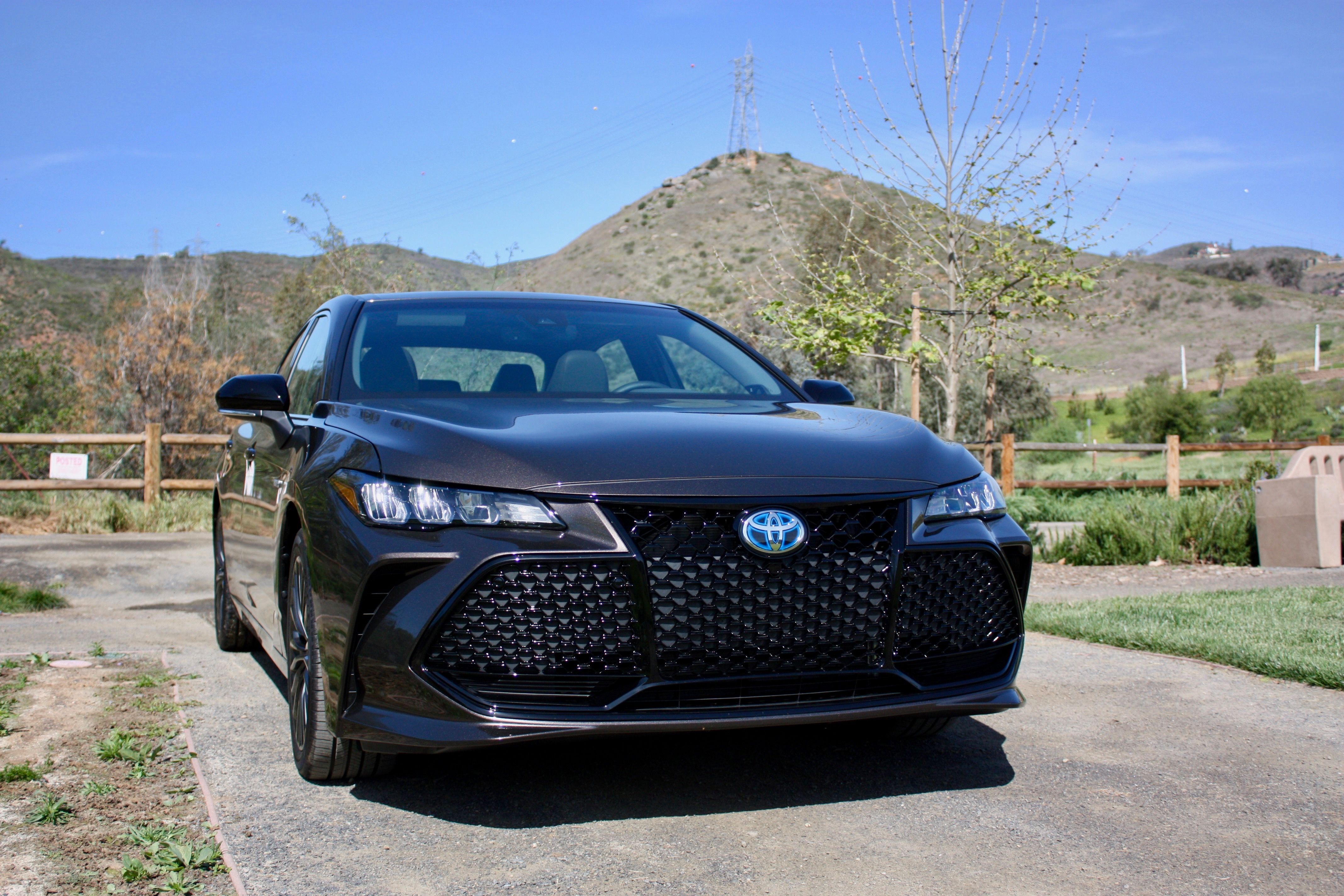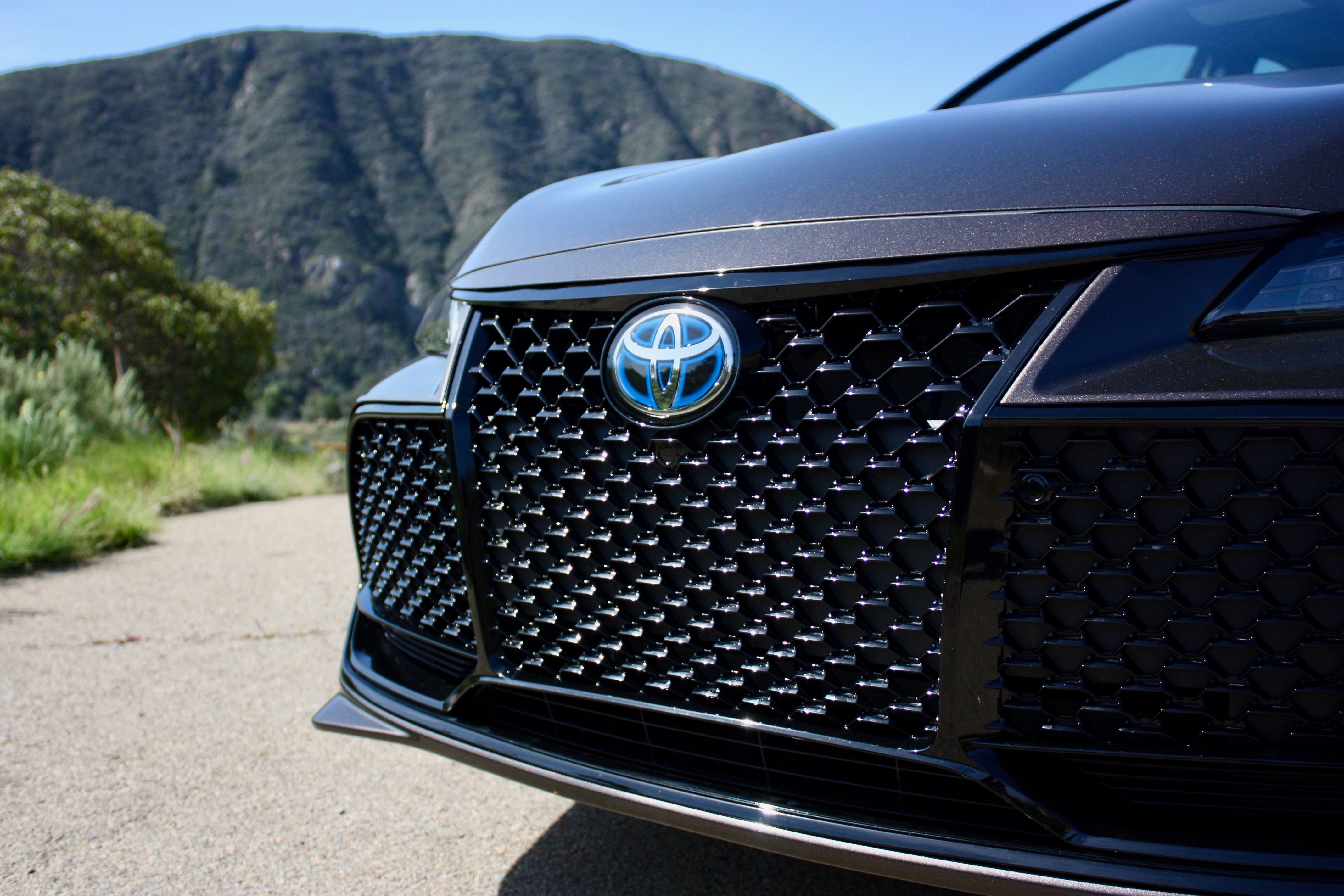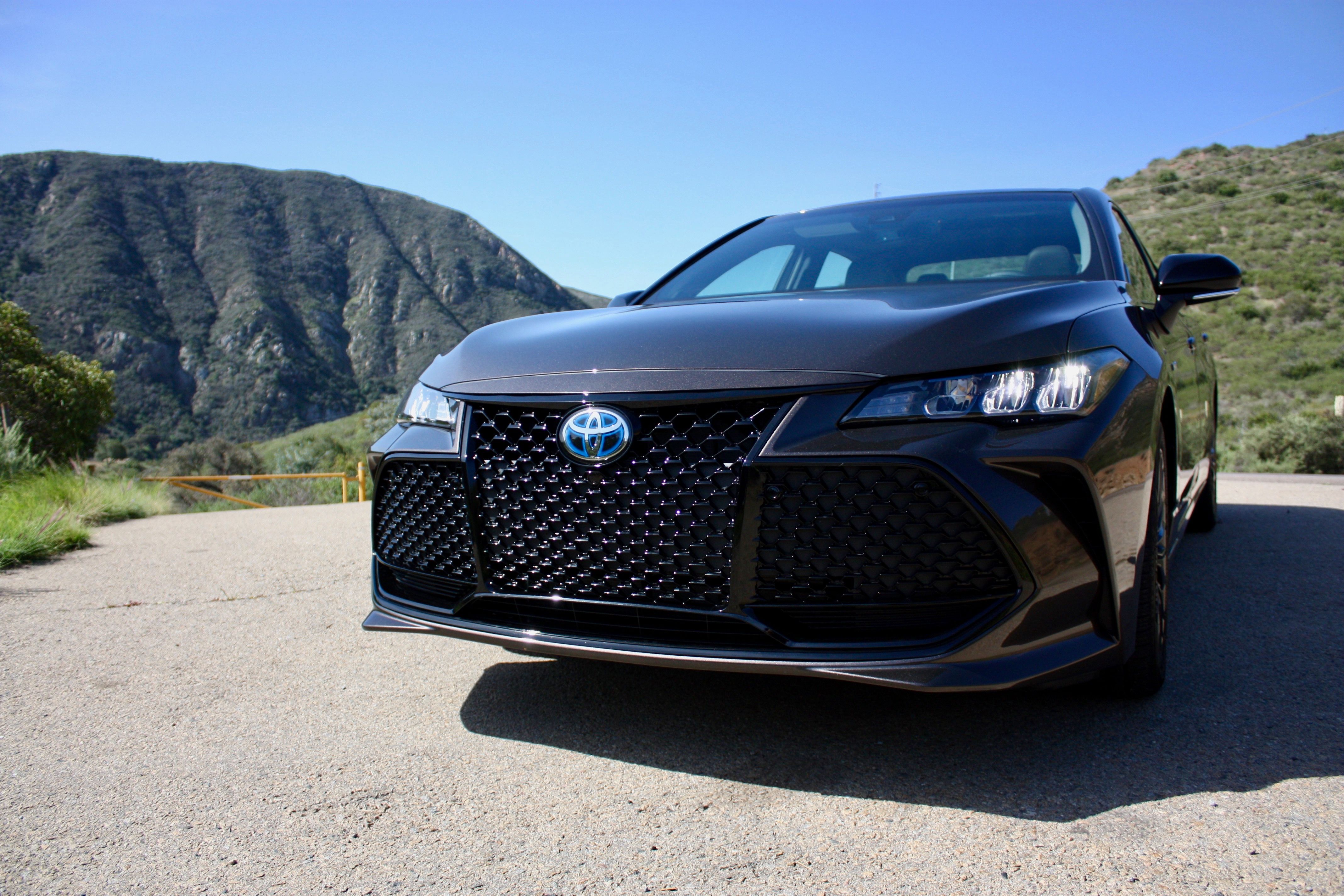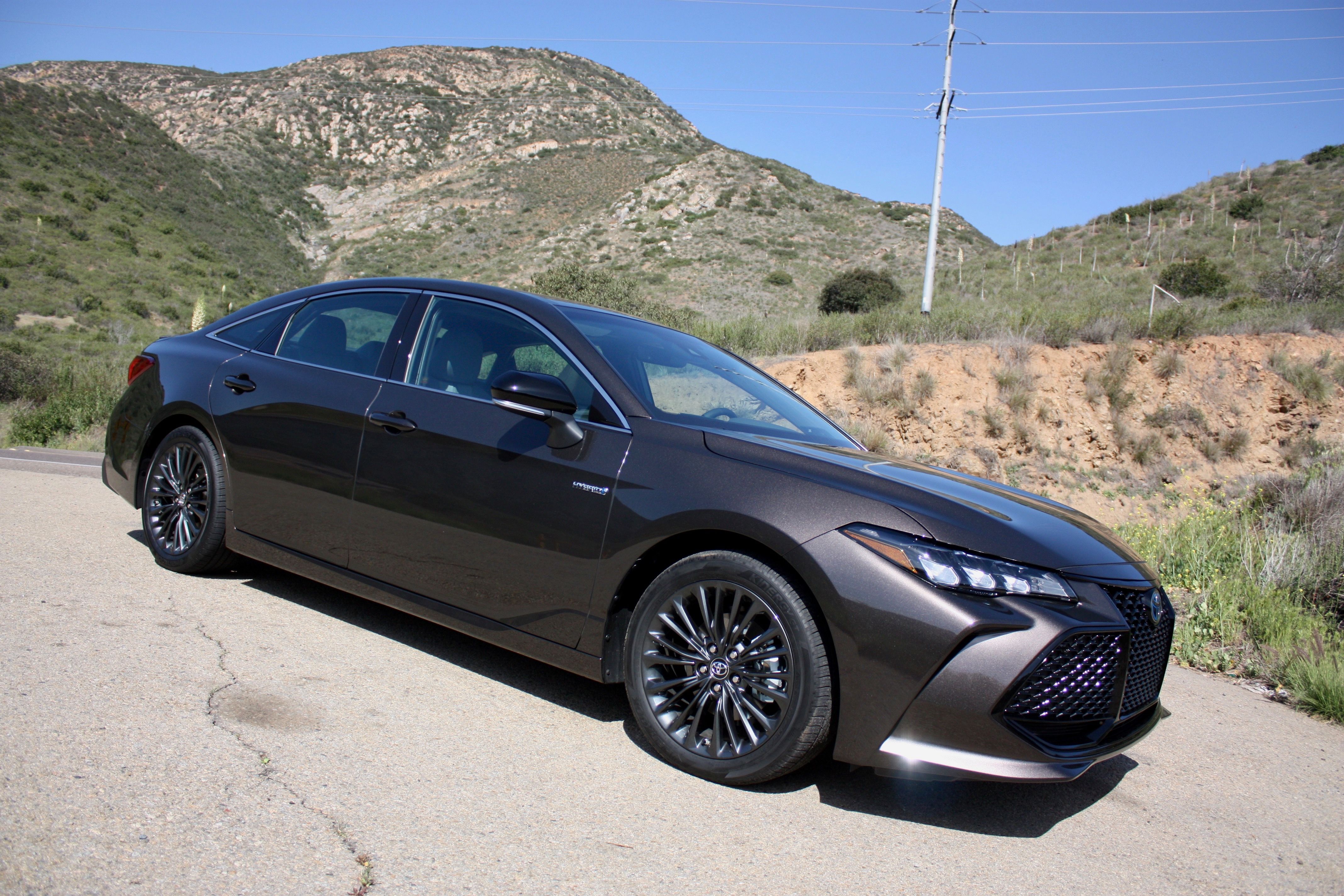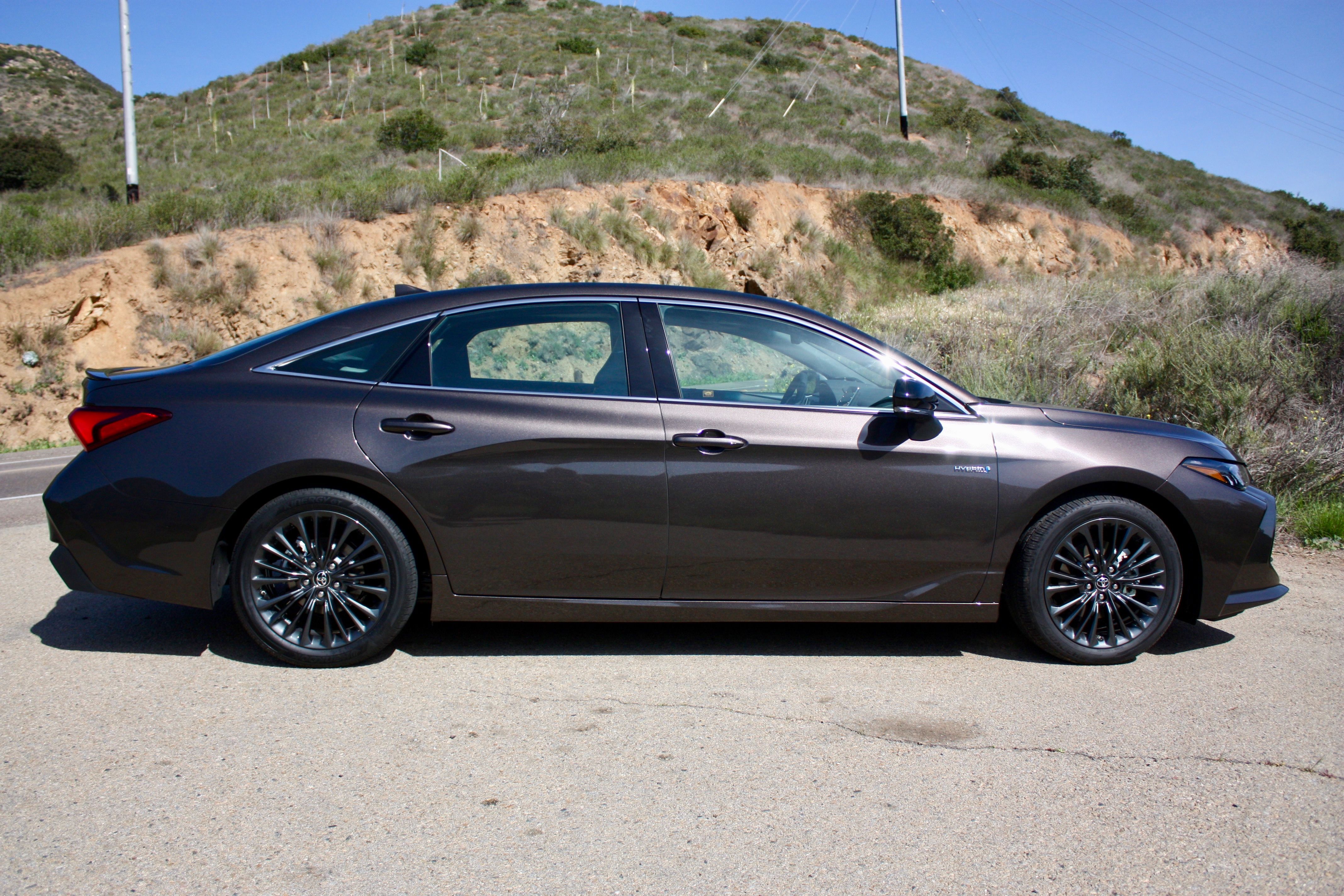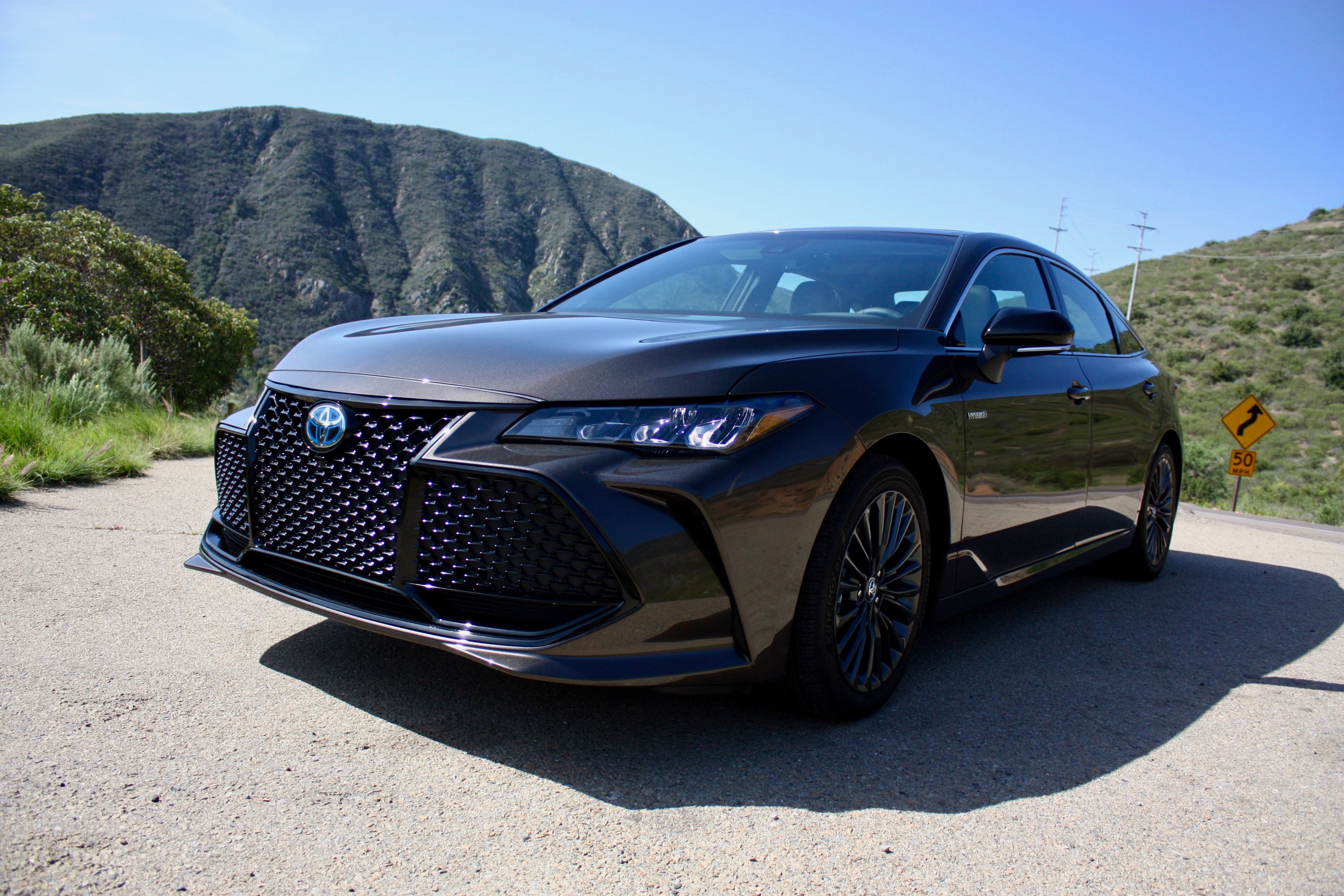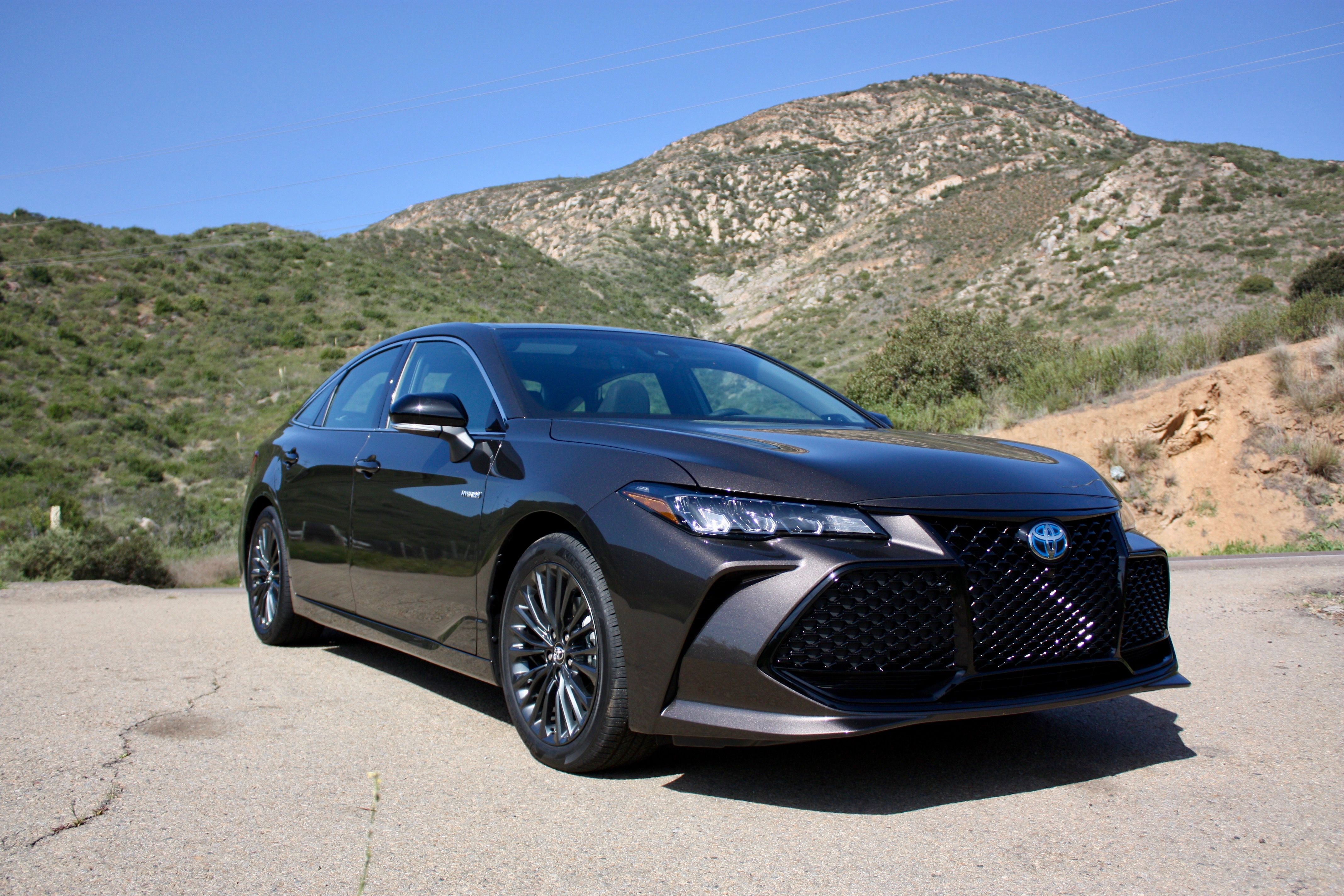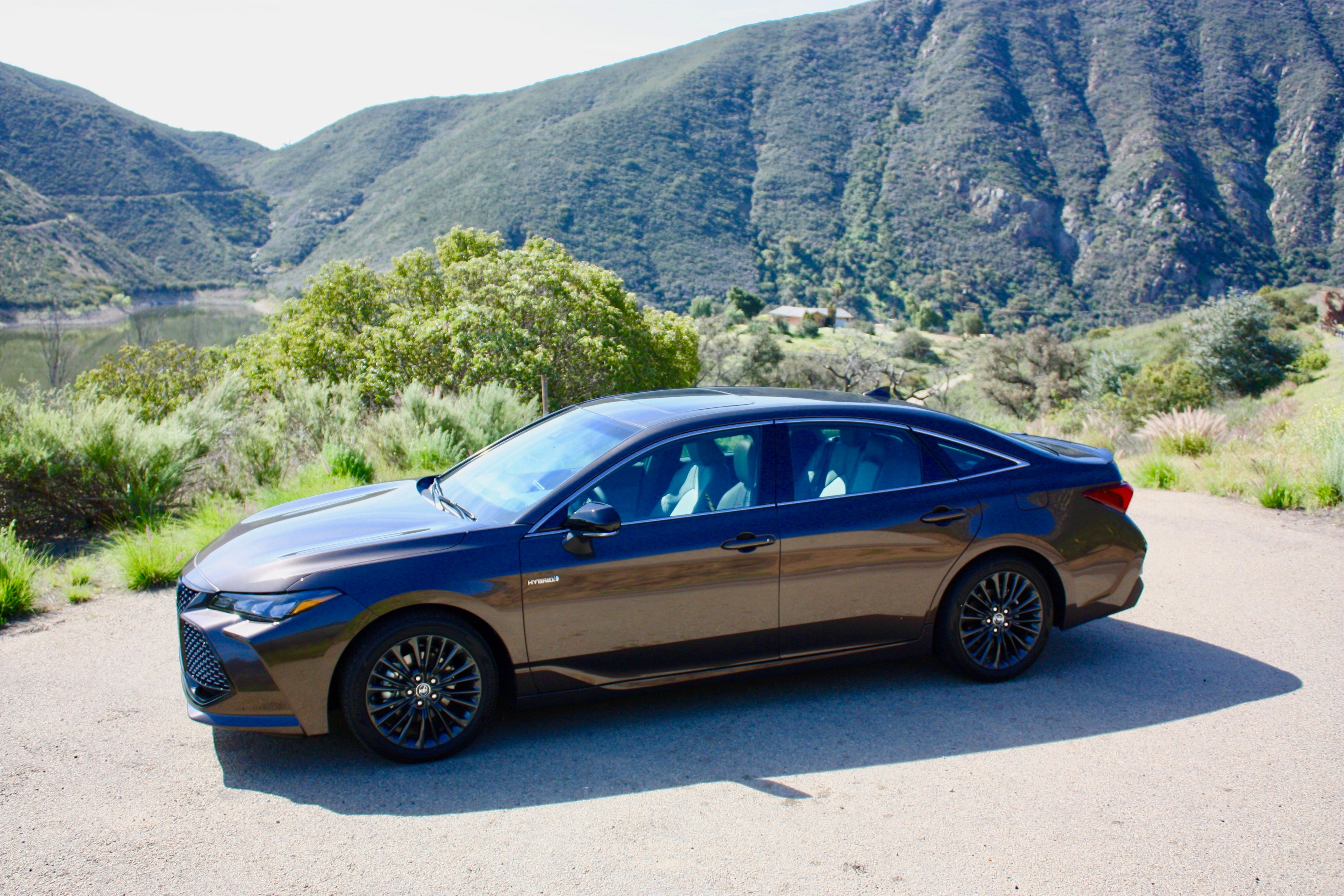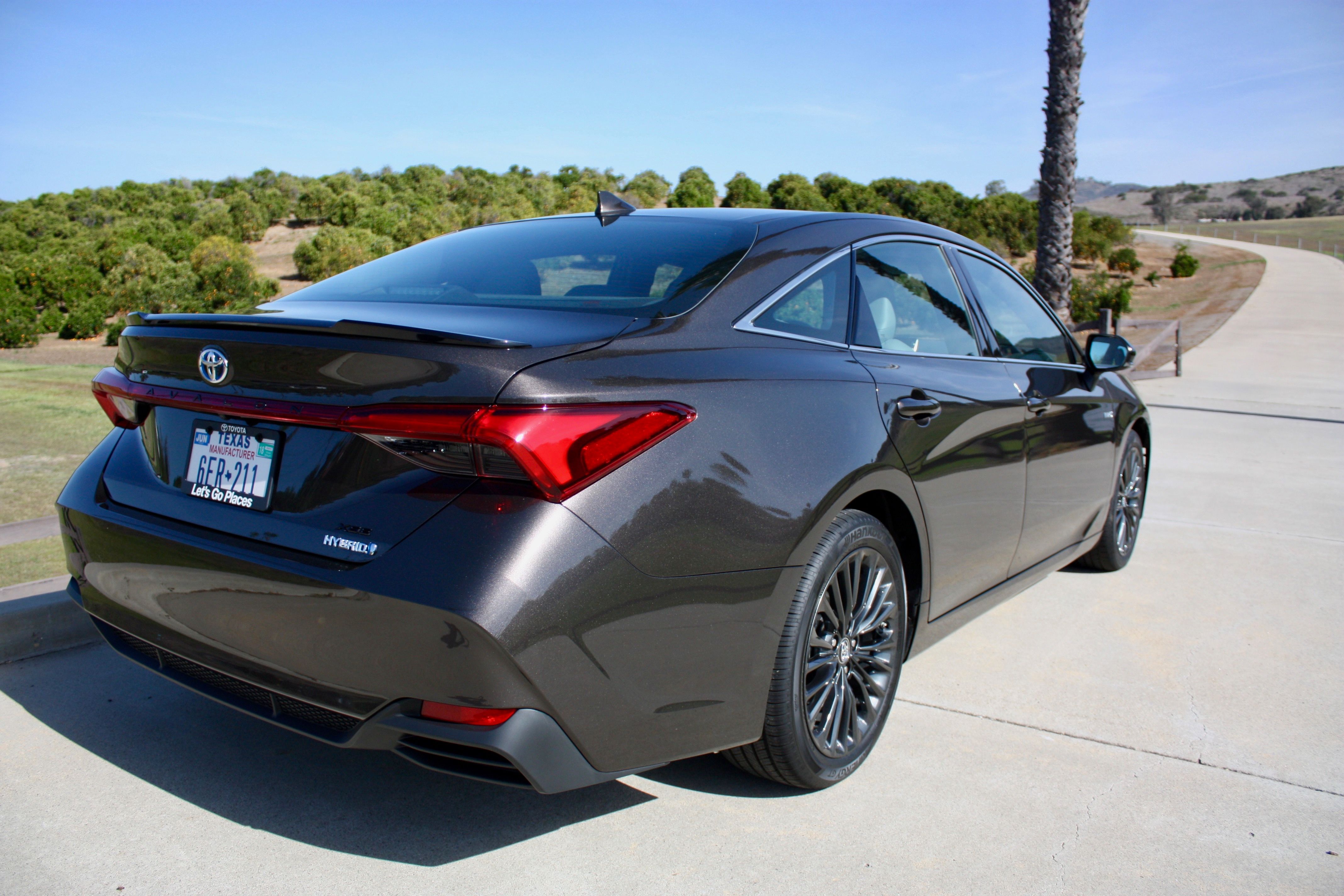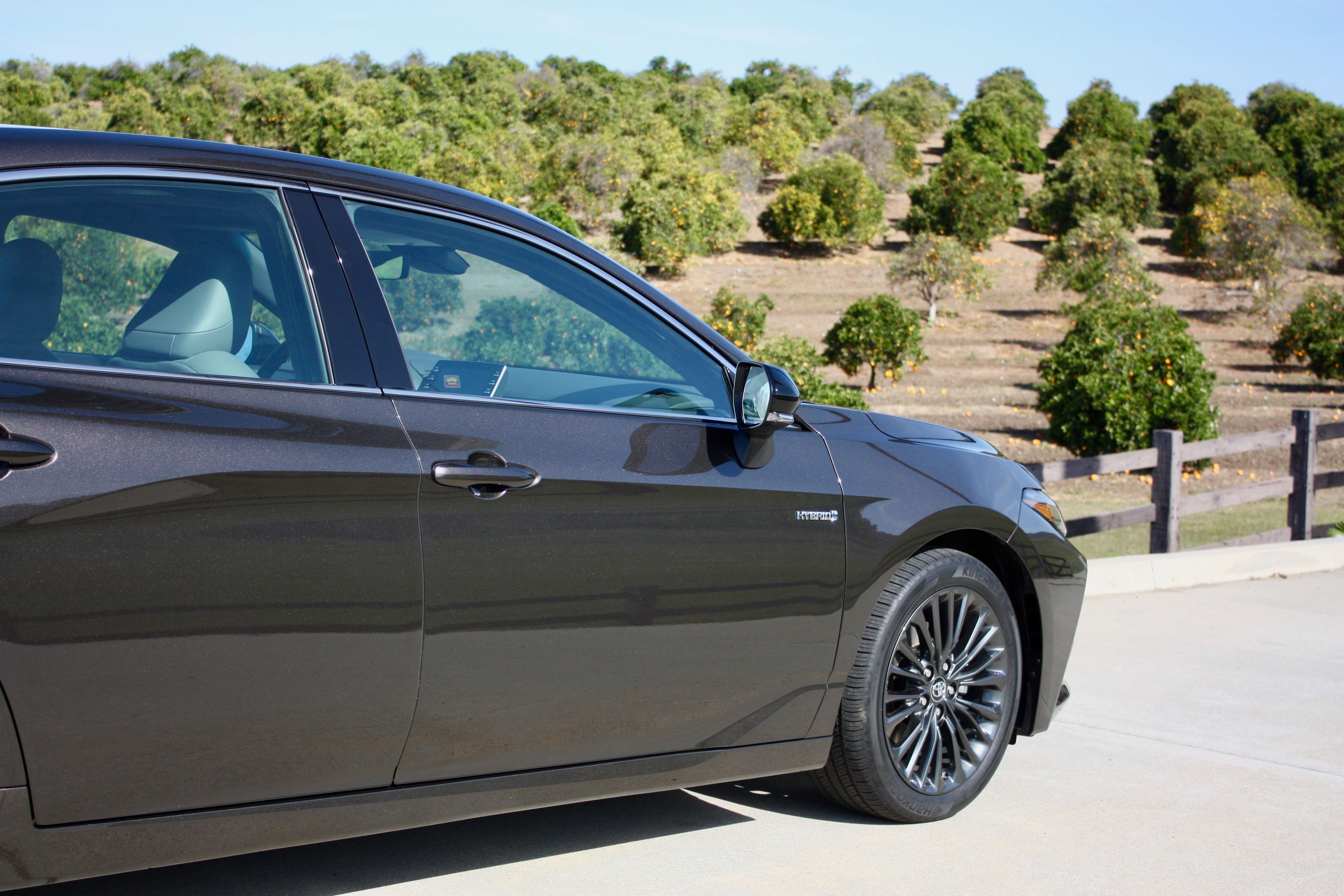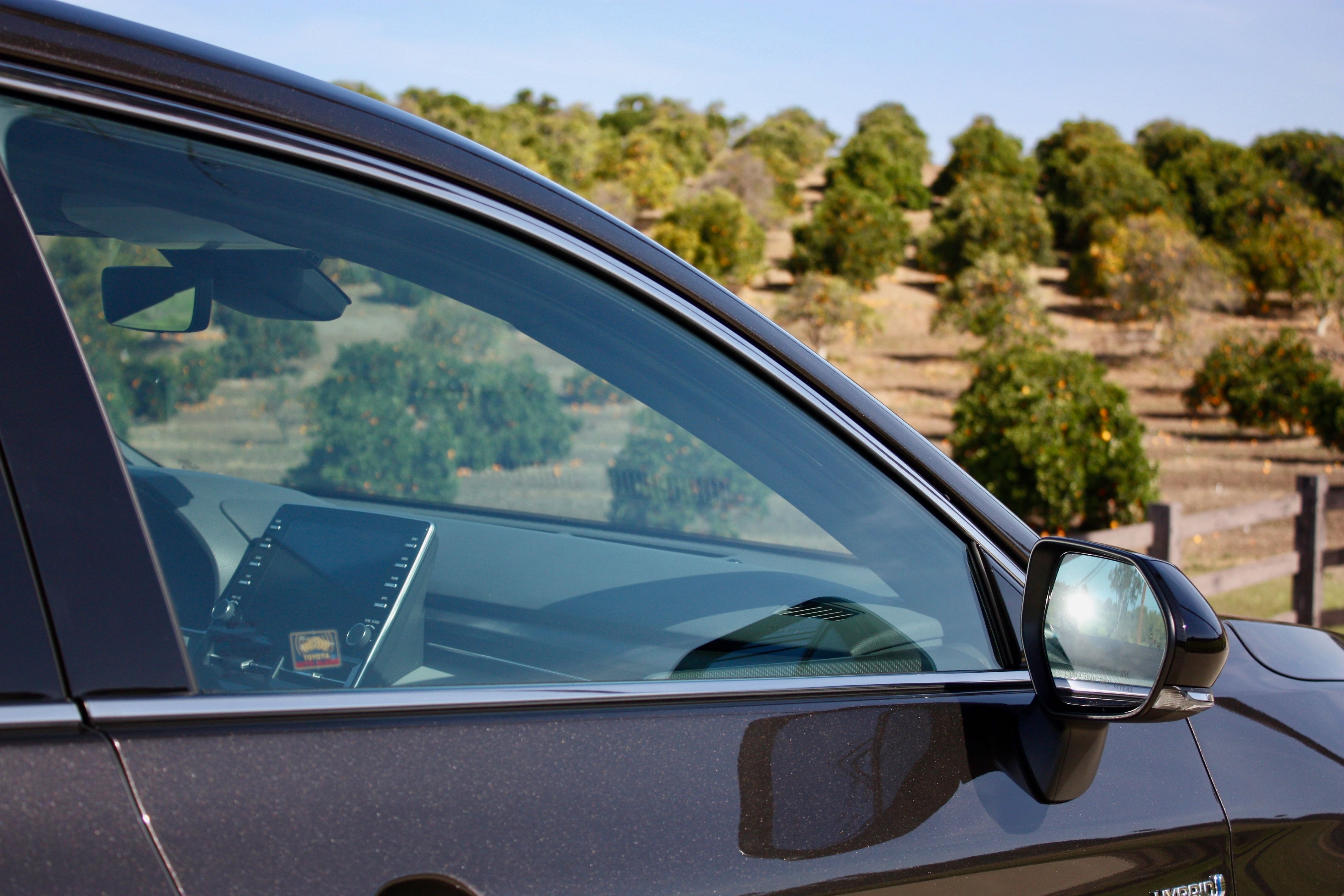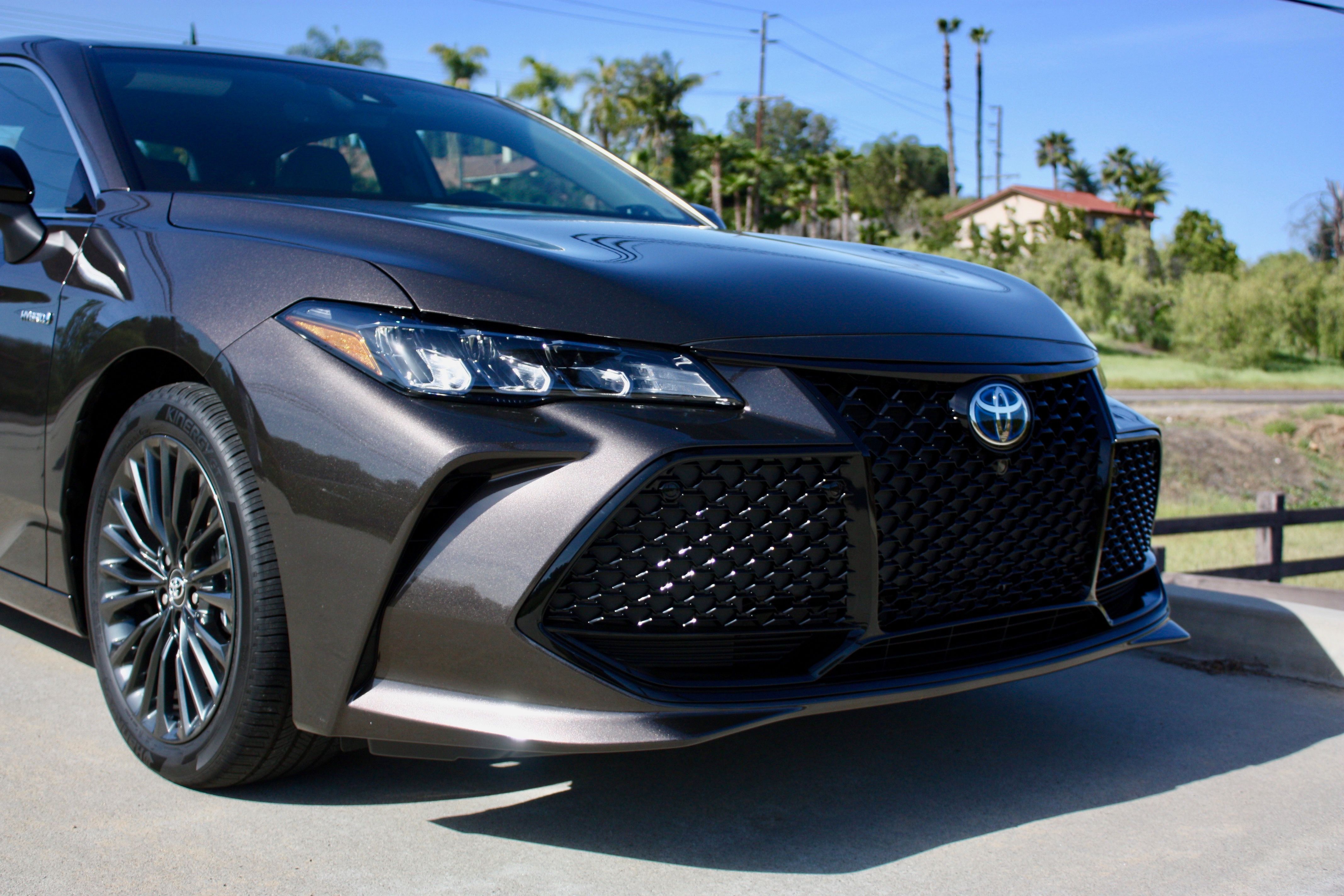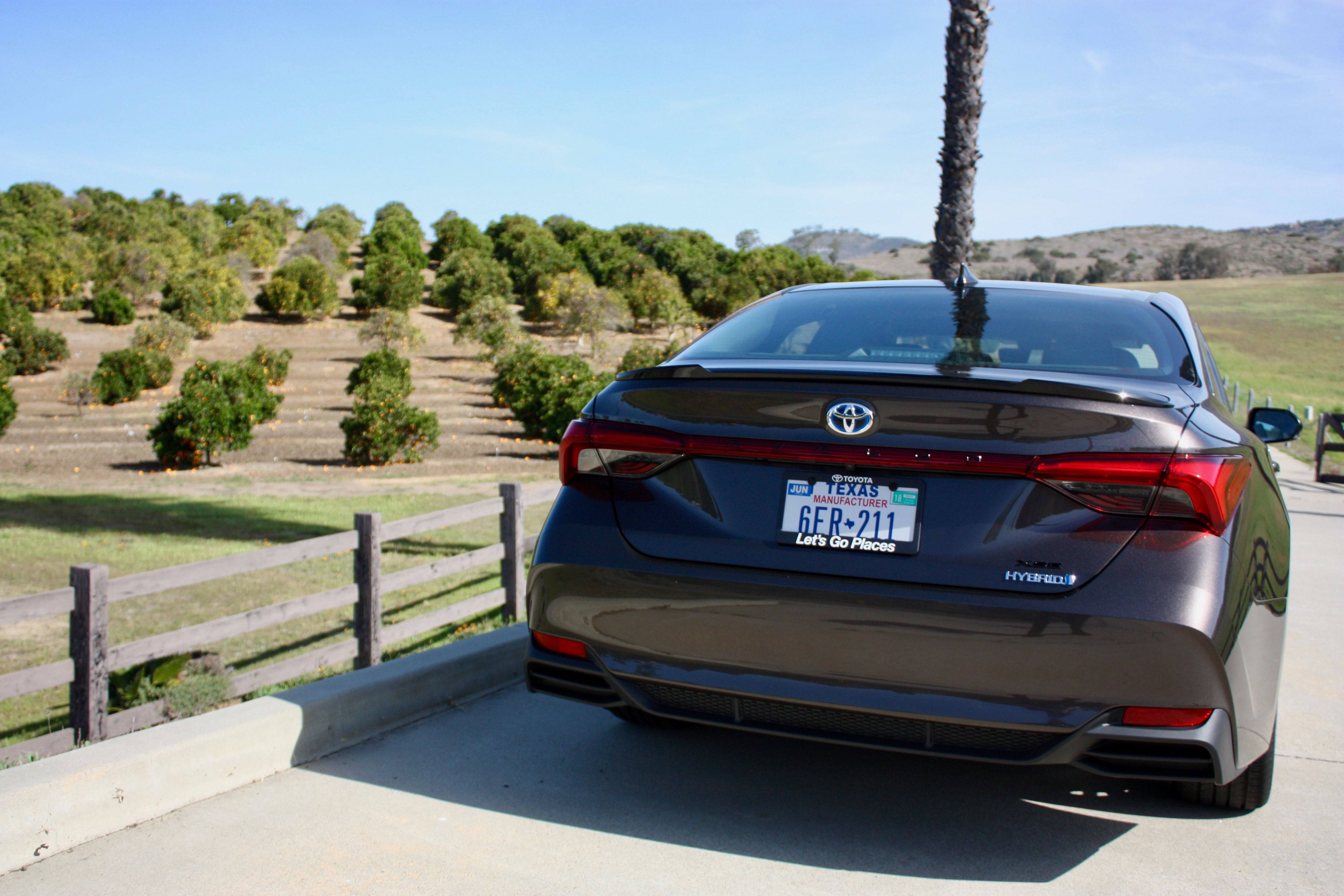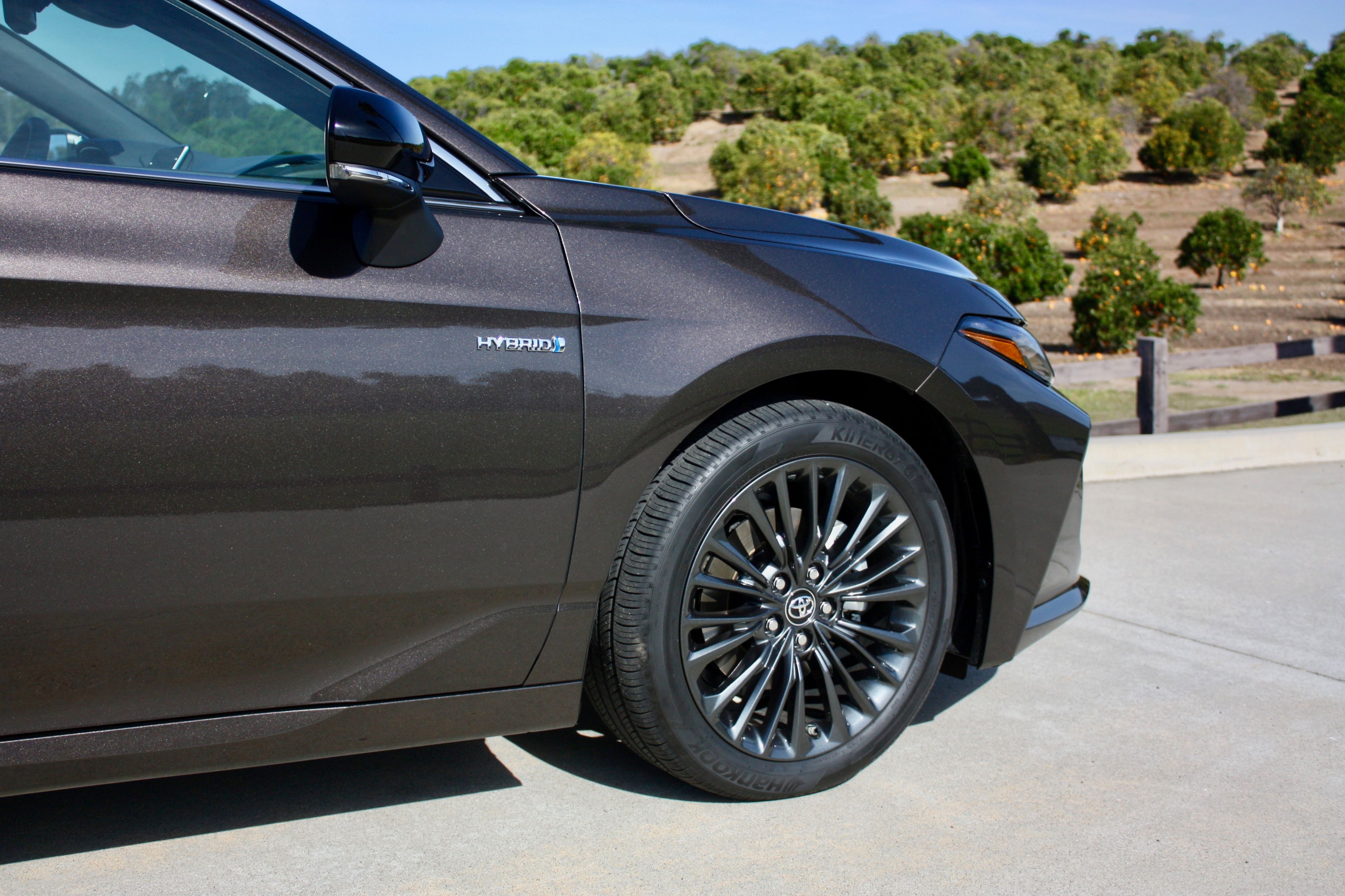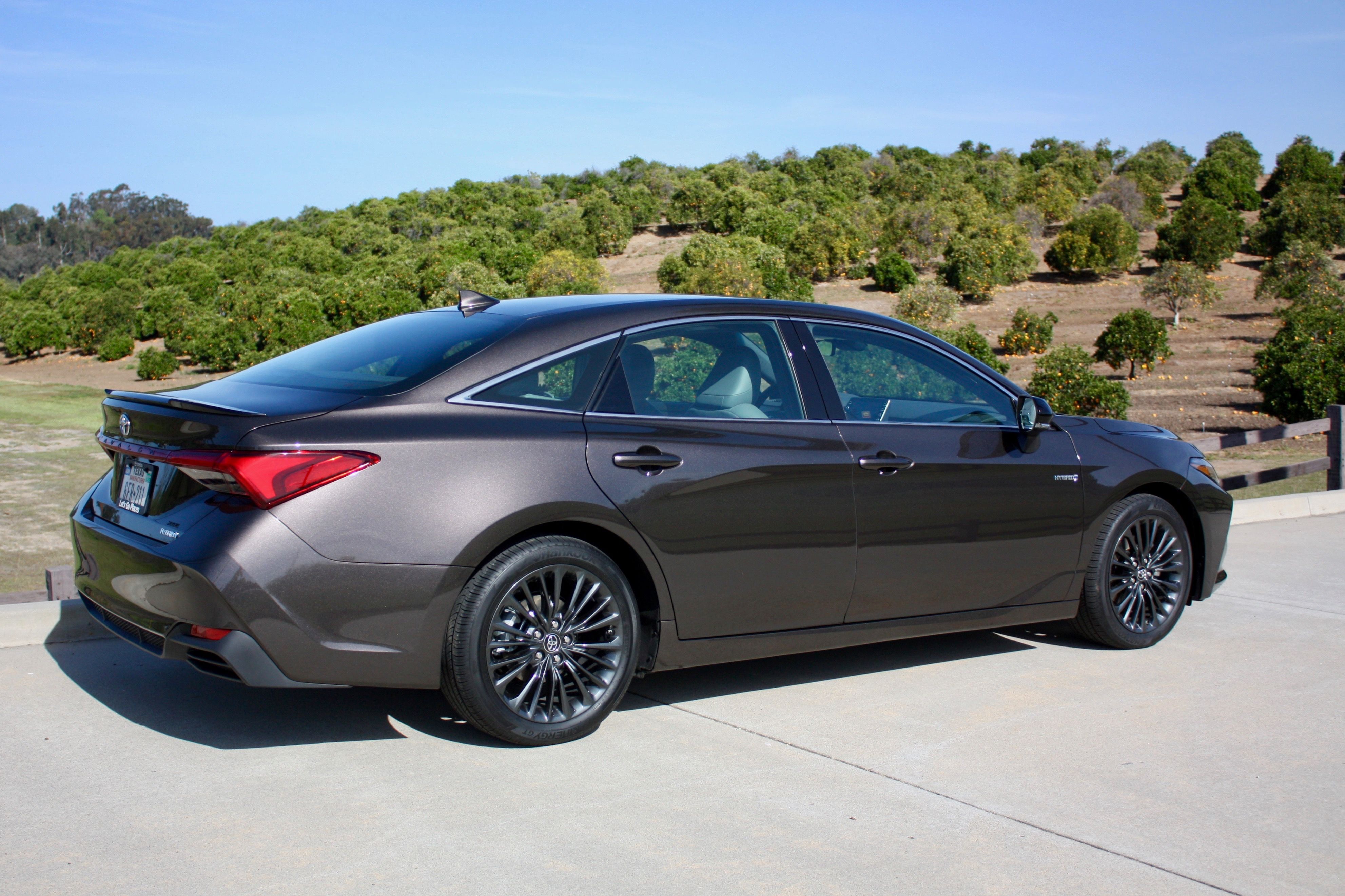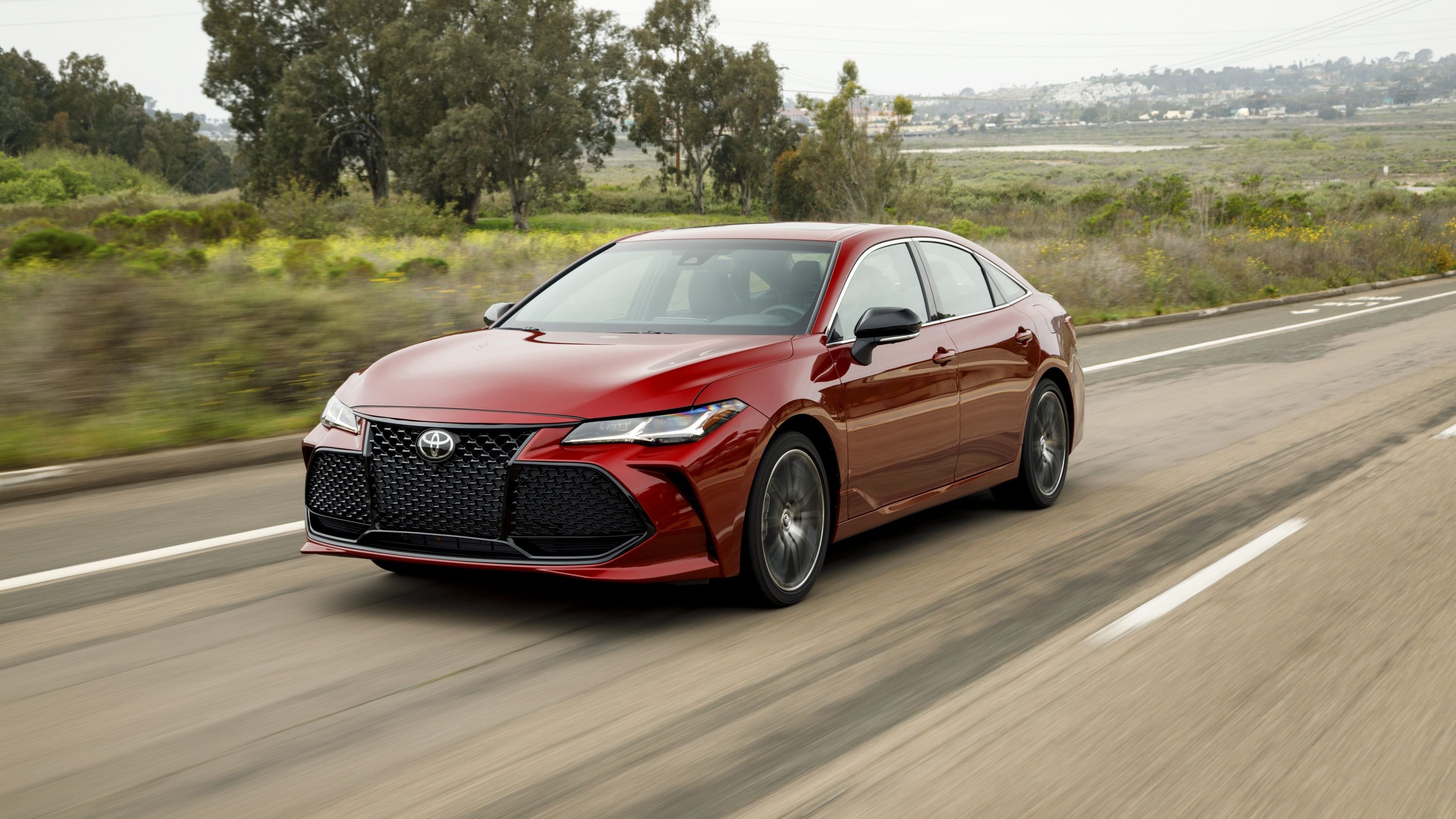First unveiled in 1994 at the Chicago Auto Show, a total of four generations have come and gone for Toyota’s large, mid-size, flagship sedan, also known as the Avalon. Now, following a debut at the 2018 Detroit Auto Show, the Avalon enters its fifth generation, and it’s bringing fresh exterior styling, a brand-new interior, tons of technology and equipment, and both a V-6 and hybrid four-cylinder powertrain, all in the name of resurrecting the beleaguered sedan segment. The question is - is it any good? To find out, Toyota flew me down to Del Mar in San Diego, CA, to give it a try.
Continue reading to learn more about the 2019 Toyota Avalon.
2019 Toyota Avalon - Driven
- Make: Array
- Model: 2019 Toyota Avalon - Driven
- Engine/Motor: V6
- Horsepower: 301
- Torque: 267
- [do not use] Vehicle Model: Array
Toyota Avalon Exterior Design
From the off, it’s clear the 2019 Avalon looks to break the mold. Toyota says the designers worked under the philosophy of “Technical Beauty,” matching sharp lines and hard angles with the proportions of a large, premium four-door model.
In terms of exterior dimensions, the 2019 Avalon is lower, longer, and wider than before. The rear cabin was extended by 7 inches, and there’s longer side quarter glass. The C-pillar was tapered by 2.2 inches, and overall height was lowered by 1 inch. The whole thing is now 2 inches longer overall.
The overhangs were shortened by 0.4 inches in front and 1 inch in the rear, while the track was widened by 0.4 inches in front and a full 1.5 inches in the rear. The overall width was increased by an extra 0.8 inches, and now measures in at 72.8 inches total.
You can check out the full exterior dimension breakdown in the table at the bottom of this section.
Interestingly, all those cuts and swoops in the body actually make the 2019 Avalon slightly more aero efficient than its predecessor, slicing through the air with a Cd 0.27, as compared to the 0.28 of the outgoing model.
Viewed from the front, the Avalon’s most controversial design feature dominates the picture - the grille. In Toyota’s current design language, this behemoth intake is dubbed the “Under Priority” aesthetic, and it’s meant to give the car extra sporting cred by emphasizing the car’s low-slung appearance and visual width.
To us, however, it’s a bit over the top. Unfortunately, Toyota is rather fond of the whole enormous grille thing, and you can find it across its lineup, including within the Lexus range. We think the rest of the fascia is actually pretty attractive, with the side intakes and slim headlight housings adding a splash of boldness that’s definitely appreciated in the segment. But that grille… to our eyes, it really is crossing the line.
That said, it’s worth mentioning that we prefer a style that’s different and brash as opposed to something that’s plain and boring. Just sayin’.
Moving into the sides, the 2019 Avalon really starts to shine. The hard triangular features in the nose lead the eye towards strong character lines along the side skirts and shoulder line, with a long, drawn-out window line and squared-off tail. A shark fin antenna is mounted on the roof, while triangular shapes for the taillights complement the headlight housings up front. The whole thing almost reminds us of something that could come with a BMW badge, and that’s definitely high praise around these parts.
By the time we arrive at the rear, we find extra horizontal elements to once again enhance the car’s natural visual width. This includes a connecting strip between the taillights and a lower diffuser element as well. Those following behind the Avalon will enjoy the Dynamic Auxiliary Turn Signals. Illumination comes courtesy of LEDs, which are used for both the taillights and the headlights.
Trim levels are differentiated by exterior stuff like a chrome front grille surround for the XLE and Limited, as well as chrome badges. The XSE and Touring grades get a piano black grille insert, black exterior mirrors, and a trunk lid spoiler.
XLE and XSE models get LED Vision Tech headlights with freshly restyled Daytime Running Lights, while the Limited and Touring models get Adaptive LED Cornering lamps and the Dynamic Auxiliary turn signals for better visibility around bends, adding 60 percent better illumination automatically.
Exterior colors include new additions like Opulent Amber and Harbor Gray Metallic. Other options include Celestial Silver Metallic, Midnight Black Metallic, Parisian Night Pearl, Wind Chill Pearl, and Ruby Flare Pearl.
Wheel sizing ranges between 17 and 19 inches in diameter
2019 Toyota Avalon exterior dimensions
|
Overall Length |
195.9 inches |
|
Overall Width |
72.8 inches |
|
Overall Height |
56.5 inches |
|
Tread Width (front/rear) |
63.0/63.6 inches (XLE), 62.6/63.4 inches (Limited, XSE, Touring) |
|
Ground Clearance |
5.3 inches |
Toyota Avalon Interior Design
As you’d probably expect from a proper mid-size sedan model, the 2019 Avalon seats five passengers, with two in front and three in the rear. Space is generous throughout, but especially in back, where rear-seated passengers will enjoy 57.1 inches of shoulder room, up to 40.4 inches of leg room, and up to 37.5 inches of headroom.
The interior layout is new for this year, and overall, we think it looks fantastic. The design is wide and streamlined, with broad surfaces and a clean aesthetic that definitely gives off an upscale kind of vibe.
Up top is an available moonroof, while drivers get to grips with a three-spoke steering wheel. The wheel gets a redesigned button layout for the multifunction controls, plus larger hand grips. Buyers can also get it in two-tone leather with Cognac and gray coloring.
Toyota frames the Avalon as “attainable premium,” and to that end, stuffs it with tons of tasty materials. Standouts include aluminum accents, piano-black surrounds, satin-chrome finish trim, soft-touch stuff like ultrasuede and Softex, and optional Yamaha wood trim.
Leather was added as well, offered on models like the XSE and Touring grades. A dual-color stitching theme helps to round it out, while optional color schemes include gray, black, beige, and Cognac.
Overall, we were very impressed with the 2019 Avalon’s interior. While we did find a few plastic bits here and there, the feel was definitely classier than what you’d expect for a model at this price point. This thing punches above its weight on the refinement front.
When it comes to ride quality, the 2019 Avalon is quiet and comfortable, gliding along without too much fuss, even on less-than-ideal road surfaces. Keeping it quiet is Active Noise Control, which works to blot out ambient noises by pumping in sounds canceling waves through the stereo, which are actually designed to hide any road or wind noise present. In our experience, the feature kind of works, its not flawless. Thankfully, it’s not intrusive either.
Further noise cancellation and NVH reduction is provided in part by the TNGA platform. Toyota also added in extra door seals and additional sound absorbing material, while the sideview mirrors were reshaped to reduce wind noise. If you actually want a little extra bark, there’s also an Engine Sound Enhancement feature, which includes an Intake Sound Generator, Active Noise Control, and exhaust noise pumped right into the cabin. It’s a bit gimmicky, but we prefer it over a loud, constant droning.
That said, these days the refinement and materials are only half the battle - just as important is the technology and infotainment spec. As such, the Avalon comes standard with the Entune 3.0 platform, which throws in good stuff like the Connected Navigation Scout GPS Link App, Entune 3.0 App Suite Connect, Safety Connect, Service connect, and Remote Connect. There’s also a Wi-Fi hotspot provided by Verizon.
Five USB ports total are scattered around the cabin for device connections and to keep your device charged. Further features include Toyota Remote Connect with smartwatch and Amazon Alexa support. Get it all hooked up properly, and it’ll allow you to do stuff remotely lock and unlock your doors, remotely start your engine, check the current fuel level, and various other home-to-car and car-to-home commands.
This year, Toyota is introducing Apple CarPlay to its infotainment support, which is a pretty big deal for one of the world’s biggest automakers. The system comes as standard across the range, and includes an “eBin” that provides a spot to stash your smartphone just below the center console. The eBin also comes equipped with a Qi wireless charger as standard higher in the range, and as an available option on the XLE model.
The primary infotainment control hub is a 9.0-inch touchscreen mounted in a tall, upright, “floating” position in the center console, offering critical inputs for the audio system, navigation, and climate control. Users can control the touchscreen with smartphone-esque gestures (for example, “pinch,” “flick,” etc.), but there’s also onboard voice recognition for a more hands-off approach.
In the gauge cluster you’ll find a 7.0-inch Multi-Information Display, which provides system info and additional navigation info as well. On the left is a tachometer (hybrids get a unique gauge for the current charge, economy, or power output), while on the right is a speedometer.
A 10-inch Heads-Up Display is standard on the Limited and Touring trim levels. This is actually the biggest HUD offered in the segment, providing additional system info, the current drive speed, engine speed, navigation directions, and more, all just outside the driver’s direct field of view. It looks pretty cool too.
Audiophiles are encouraged to check out the JBL premium audio system, which comes as standard on the Limited and Touring trim levels, and is offered as optional on the XLE and XSE. Highlights for this system include 14 speakers, 1,200 watts of power, and 7.1 channels, all of which work well with the hushed interior space to provide oodles of clarity and sharpness. Meanwhile, the XLE and XSE come standard with an 8-speaker audio system.
Finally, let’s touch on the safety part of the equation, which starts with solid outward visibility for the driver. The 2019 Avalon is also replete with high-end safety tech, spearheaded by the standard Toyota Safety Sense P (TSS-P) system. This includes features like Pre-Collision System with Pedestrian Detection, Full-Speed Range Dynamic Radar Cruise Control, Lane Departure Alert with Steering Assist, and Automatic High Beams. Additional systems include a Blind Spot Monitor with Rear Cross Traffic Alert, and a Back Guide Monitor, while options include a Panoramic View Monitor with Alert, plus Intelligent Clearance Sonar with a Rear Cross Traffic Braking system. The usual passive safety stuff (10 airbags, ABS, EBD, etc.) are also onboard.
In our driving experience, we found the lane departure beeps to be a bit annoying, and would prefer to keep it turned off on anything other than long freeway jaunts. On curving backroads, though, it just got in the way.
That said, the rest of the systems worked just fine. We actually got a chance to test out Toyota Safety Sense a few years back with their release on the 2016 Toyota Prius, and suffice to say, we walked away impressed by the capability.
2019 Toyota Avalon interior dimensions
|
Front |
Rear |
|
|
Headroom |
38.5 inches (w/o moonroof), 37.4 inches (w/ moonroof) |
37.9 inches (w/o moonroof), 37.5 inches (w/ moonroof) |
|
Legroom |
42.1 inches |
40.3 inches |
|
Shoulder Room |
58.3 inches |
57.1 inches |
|
Hip Room |
55.8 inches |
54.8 inches |
|
Cargo Room |
16.09 cubic feet (rear seats up) |
|
|
Max Passenger Volume |
104.3 cubic feet (XLE w/o moonroof |
Toyota Avalon Performance
At the heart of the 2019 Toyota Avalon is a 3.5-liter V-6 powerplant, which is tuned to deliver upwards of 301 horsepower and 267 pound-feet of torque. Highlights for this engine include D-4S direct fuel injection, an 11.8:1 compression ratio, and freshly updated variable valve timing. Fuel economy is estimated at 22 mpg in the city, 32 mpg on the highway, and 26 mpg combined.
Routing the power is an eight-speed automatic gearbox, which arrives as a replacement for the outgoing model’s six-speed automatic. The new unit also includes steering wheel-mounted paddle shifters for the XSE and Touring model, both of which are included as an available option.
While the V-6 is great, working just as we expected it would, we were much more impressed by the alternative four-cylinder hybrid. Mating a 2.5-liter internal combustion engine with Toyota Hybrid System II (THS II) technology, this setup finds an optimal balance between power and efficiency, as well as a niche as the only full hybrid in the segment. It includes a 650-volt electric motor to help it get up and go, with maximum output rated at 215 horsepower, a gain of 15 horses over the outgoing model.
Hybrid highlights include a nickel-metal hydride battery pack mounted under the passenger seat, which helps to keep interior space as generous as possible, as well as a new Power Control Unit (PCU) that’s now both more compact and lighter than before. The ICE also comes with D-4S direct fuel injection, plus a 14:1 compression ratio, a cooled Exhaust Gas Recirculation system, and a fully variable oil pump. The variable valve timing also uses an electric motor (rather than oil pressure) to maximize fuel gains.
Sending the hybrid power to the front axle is a continuously variable transmission, or CVT. While it offers the usual CVT driving characteristics (rubber band-like power delivery, a disconnected, floating feel), the CVT also comes with a Sport mode that offers a Sequential Shift pattern and six simulated gears. While momentarily entertaining, we preferred to just leave it in the fully automatic mode.
The CVT’s greatest strength is the way it maximizes mpg. Part of that on the Avalon comes from the Auto Glide Control feature, which operates as though you put the transmission into neutral when coasting, decreasing the effect of engine braking and increasing fuel returns in the process. All told, the hybrid is rated at 43 mpg in the city, 44 mpg on the highway, and 44 mpg combined.
In addition to its impressive fuel economy, the hybrid also offers some surprising punch, especially at the low end of the speed spectrum.
Unfortunately neither powertrain is offered with AWD. However, both do get Toyota’s Smart Stop Technology and run on 87 octane across the board.
To support all the fresh oily bits, the 2019 Avalon is built on the latest Toyota New Global Architecture K (TNGA K) platform, which was first introduced on the Camry and is specifically designed for sedan applications. Curb weight varies between the various trim levels, ranging between 3,560 pounds for the base model and 3,715 pounds for the top trim level.
Managing the heft are newly revised trailing arms. There’s also a new multi-link rear suspension, which enhances the rear track width and lowers the center of gravity.
The biggest headline in the handling department is the availability of new Adaptive Variable Suspension (AVS), which is a Toyota-first for the segment. Offered on the top Touring model, the AVS system comes with shocks equipped with solenoid control valves, giving it four-wheel independent real-time damping control. Basically, the system uses G-sensors to monitor the vehicle’s driving status and attitude (slow and smooth cruising? Choppy pavement and aggressive inputs?), which then sends the data to a central ECU. The ECU then processes the best way to alter the damping for optimal handling feedback.
The AVS system gets as many as 650 different steps to find just the right dampening settings, and adjustments are made in as little as 20 milliseconds. Drivers get more customized control with the multiple drive modes, including Normal for comfort, and Sport+ for more excitement. These settings also affect the throttle response, the feedback in the Electronic Power Steering, and the electronic engine sound enhancement.
Meanwhile, the XSE, Limited, and XSE don’t get adaptive suspension, but do add thicker stabilizer bars and stiffer spring rates, with the sportiest of the bunch, the XSE, getting even more stiffness. The setup also gets a bit cushier down the line if you prefer to just relax.
All told, the 2019 Avalon provides a very comfortable ride that’s well-suited to long-distance cruising. It feels low, and you can definitely tell it’s a big car in parking lots with its wide turning circle and cumbersome low-speed maneuverability. This is not a car recommended for urban driving or tight quarters.
However, once you get it out on twisting back roads, such as those experienced in Southern California, the Avalon wakes up a bit, and is surprisingly easy to drive quickly. We like to think of it as sporty “enough.”
2019 Toyota Avalon Pricing
The 2019 Avalon was designed in the U.S. and will be built in the Toyota’s manufacturing center in Georgetown, Kentucky.
Pricing starts at $35,500 for the base model. Look for it to arrive in dealers in May of 2018.
This time around, Toyota simplified the grade lineup, reducing it to four models total. Each carries a $250 premium over last year’s model but brings nearly $2,000 in extras to justify the extra outlay. All but the top Touring model have the option for hybrid power, which can be had for just $1,000 extra added to the bottom line.
|
2019 Toyota Avalon pricing |
Gas-only Powertrain |
Hybrid Powertrain |
|
XLE |
$35,500 |
$36,500 |
|
XSE |
$38,000 |
$39,000 |
|
Limited |
$41,800 |
$42,800 |
|
Touring |
$42,200 |
N/A |
2019 Toyota Avalon Competition
Nissan Maxima
When it comes to mid-size sedan offerings, Nissan has the Maxima in its stable. Rocking a handsome V-motion grille and polished trim bits, the Maxima definitely has the Toyota beat when it comes to exterior styling. Inside, there’s plenty to enjoy as well, with lots of premium materials and Apple CarPlay as standard. Under the hood, you’ll find a 3.5-liter V-6 making around 300 horsepower, all of which is sent to the front axle by way of a CVT. Pricing starts at $33,270.
Read our full review of the 2017 Nissan Maxima.
Chrysler 300
If you’re looking for something a bit more under the radar, the Chrysler 300 provides thanks to its subtle styling and laid-back demeanor. The interior comes with some nice bits, and it gets both Apple CarPlay and Android Auto as standard spec. For motivation, buyers can get theirs with a base 3.6-liter V-6, or a high-powered 5.7-liter V-8 if feeling saucy. Both RWD and AWD are on the table. To sweeten the deal, pricing starts at $28,995, leaving plenty of breathing room for extras.
Read our full review on the 2018 Chrysler 300.
Final Thoughts
Cars like the Avalon are all about the little things - how the stereo connects with your smartphone, how the seats feel after sitting in them for 45 minutes, how many extra mpg you can eke out at the pump. In that light, the 2019 Avalon absolutely excels.
This car is basically a perfect empty nester vehicle to help you go golfing on the weekend. It gets you there comfortably and without fault, and should eat up the miles in the long-distance cruise to go visit the kids. If someone told me we were driving from San Diego to Las Vegas during my time with the 2019 Avalon, I wouldn’t have batted an eye.
This is the kind of car that would be great for someone who wants all the good interior comfort and amenities of a Bimmer or Audi, but doesn’t really care about the badge prestige. Its natural environment has to be the country club lanes of Del Mar where I got a chance to drive it.
Prior to driving the Avalon, I questioned why anyone would buy it over something like the Lexus ES. Now I’m left wondering why anyone would spend so much for the Lexus instead of just springing for the Avalon - it really is that good.
The target audience definitely includes 60+ year-old retirees, but it is recommended that such buyers get the kids to explain the infotainment system. However, the Apple CarPlay stuff definitely helps in that respect, and to be fair, we have yet to find any onboard infotainment system that works as well as a smartphone or tablet interface.
Still, Toyota is adamant that the Avalon is seeking a younger audience, and appeals to a wider range of buyers. However, we doubt it’ll grab anyone under 50. Indeed, the average Avalon buyer is 66, two years ahead of the segment average of 64. It simply isn’t exciting enough, and younger buyers are more likely to go for something with a little more brand presence. Sure, the Avalon might be objectively as good as an Audi or BMW in the comfort department, but when it comes to curbside appeal and heart-pumping action, it doesn’t quite cut it. Younger folks will likely go for something faster, smaller, and less expensive.
But let’s end by finally addressing the elephant in the room - the sedan vs. crossover debate. The four-door segment is nowhere near where it was at the height of its popularity, and it’s uncertain it’ll ever return to greatness. That said, Toyota likes to point out that the Camry actually outsold the RAV4 this past March, so it’s not like the segment is a total dud. Indeed, if the mid-size sedan segment has any buyers left at all, the 2019 Avalon will find them.
References
Toyota Avalon
2019 Toyota Avalon: First Drive Impressions
The Adaptive Suspension On The 2019 Toyota Avalon Works Wonders
Test Drive: The 2019 Toyota Avalon Hybrid Has Some Surprising Punch
The 2019 Toyota Avalon’s Interior Looks Fantastic
Read our full review on the 2019 Toyota Avalon.
Read our full review on the 2017 Toyota Avalon
Read more Toyota news.

